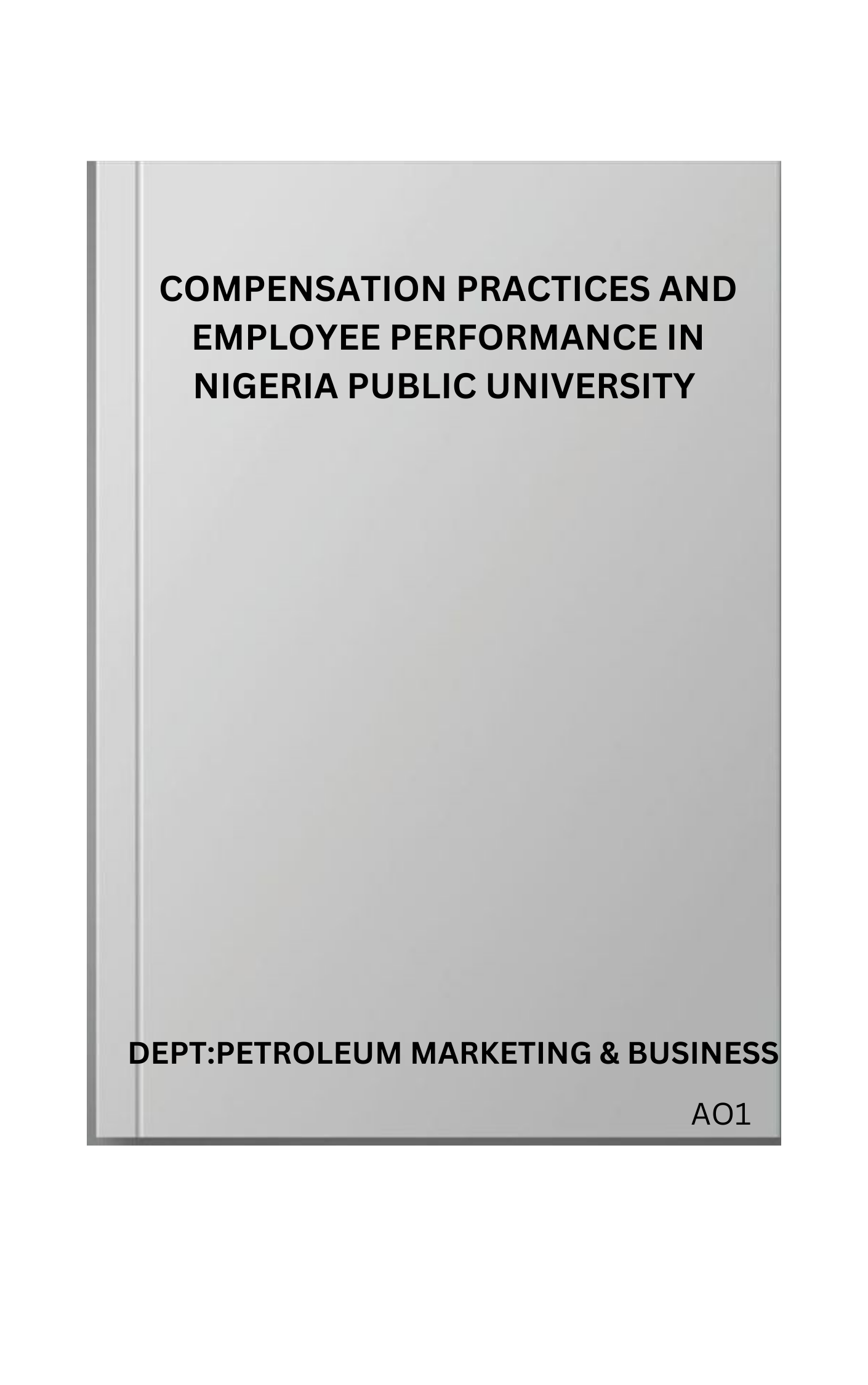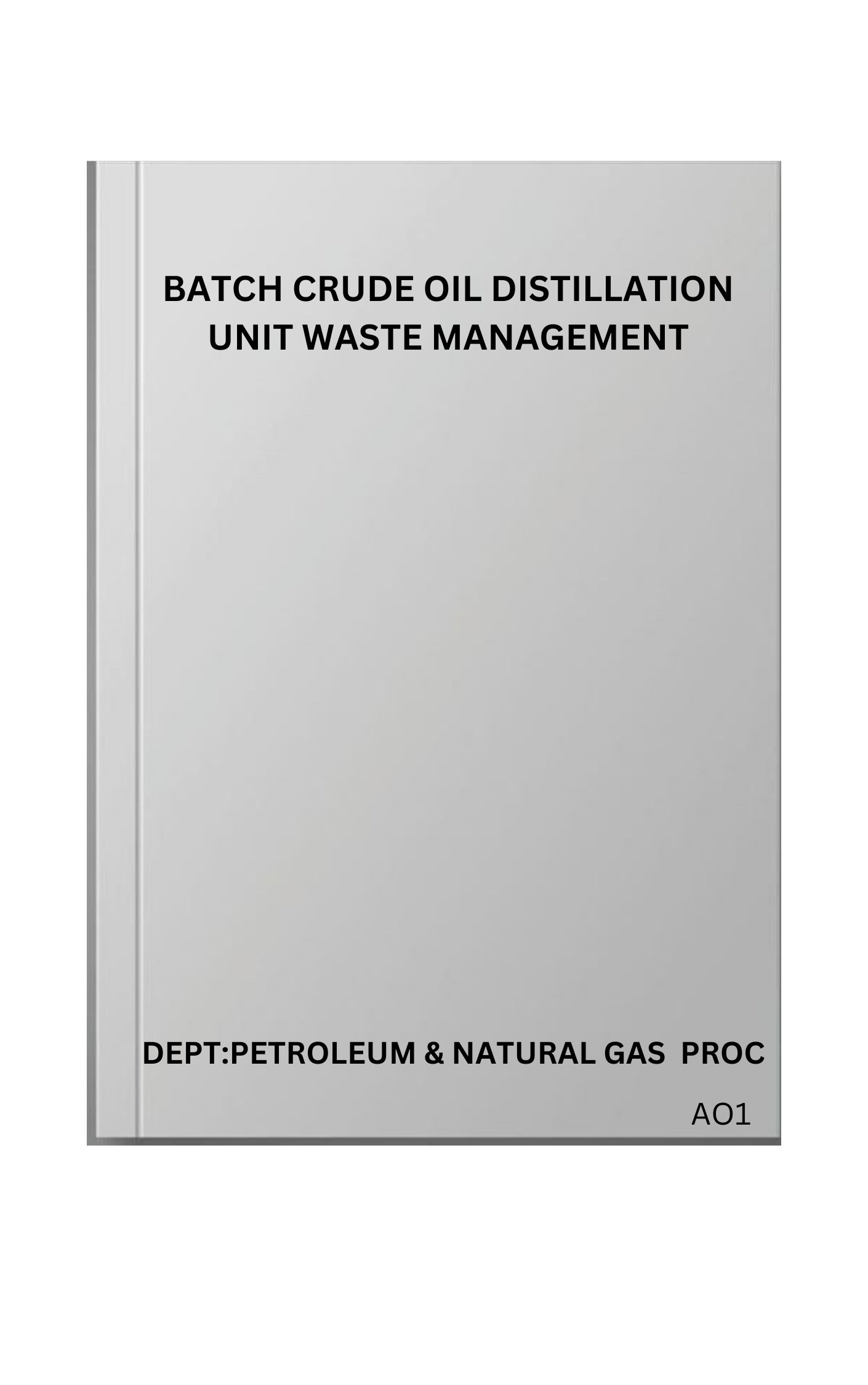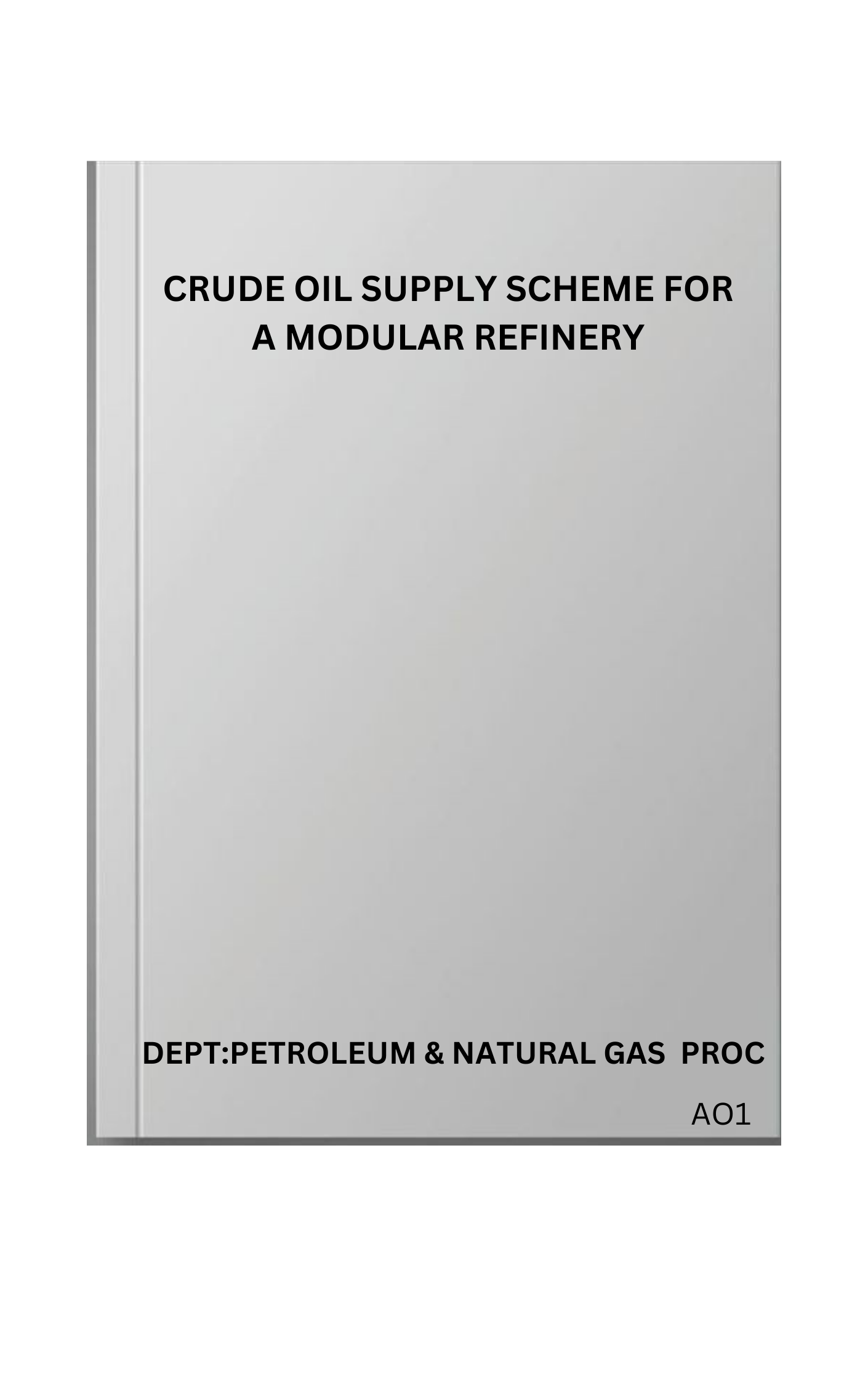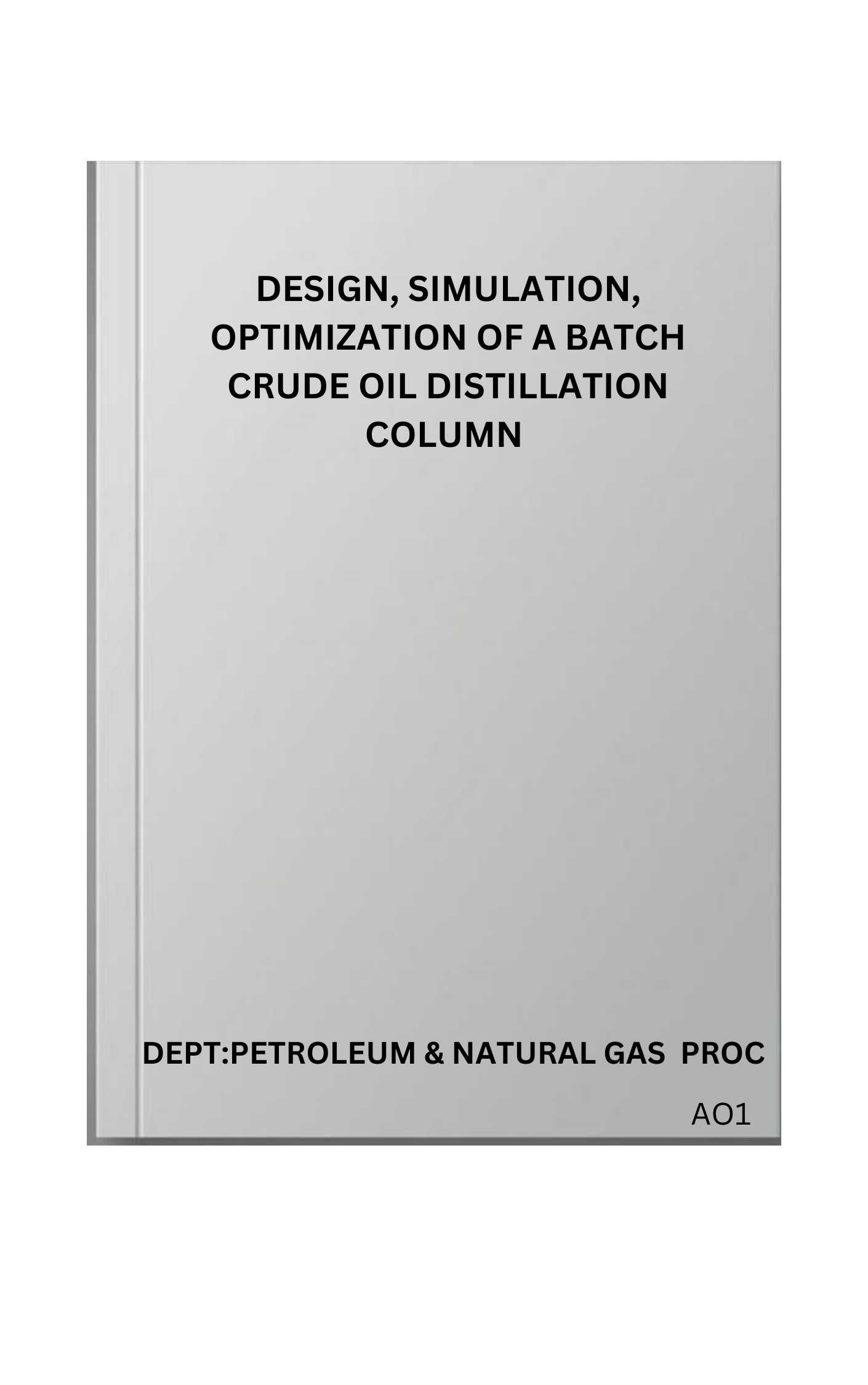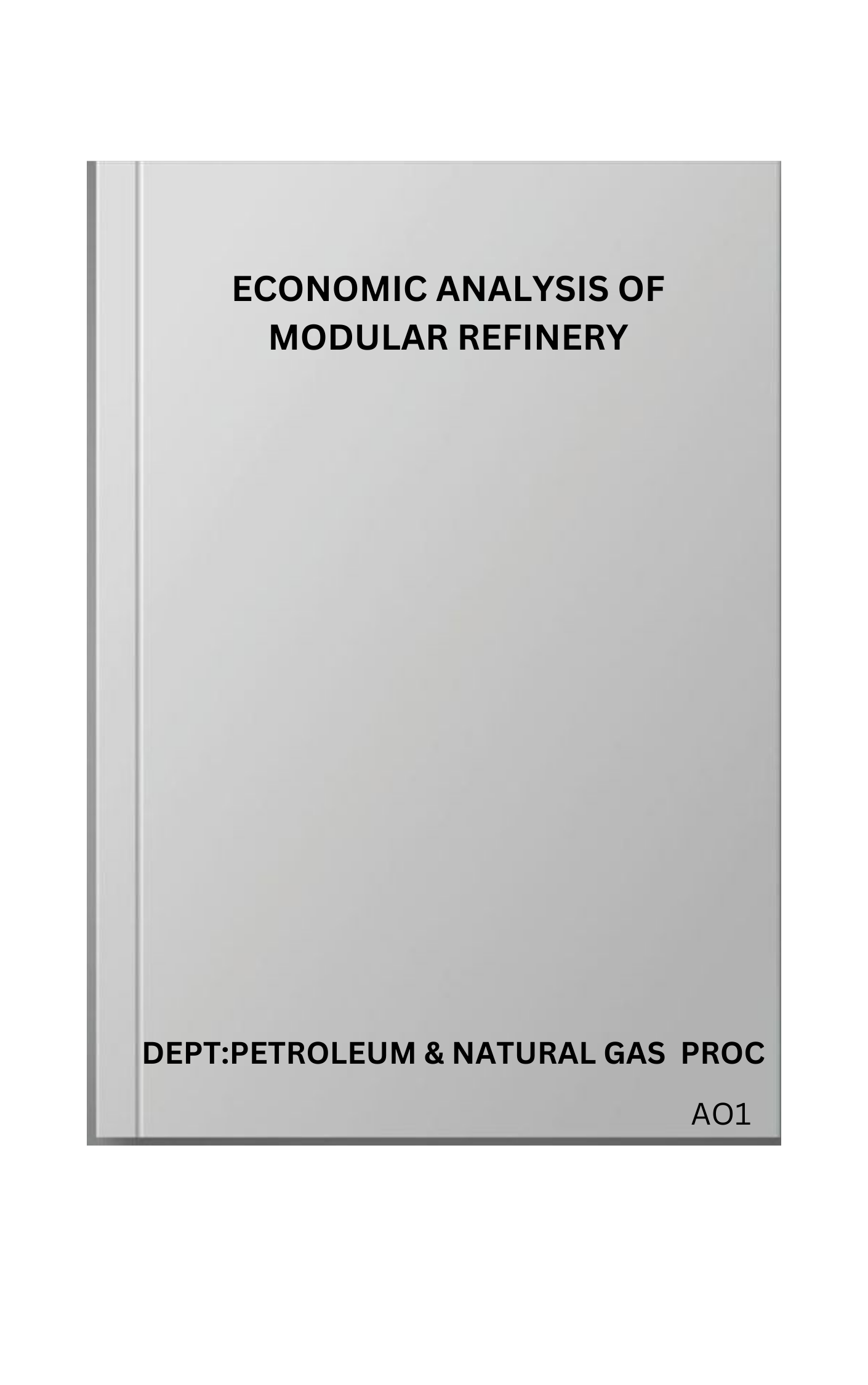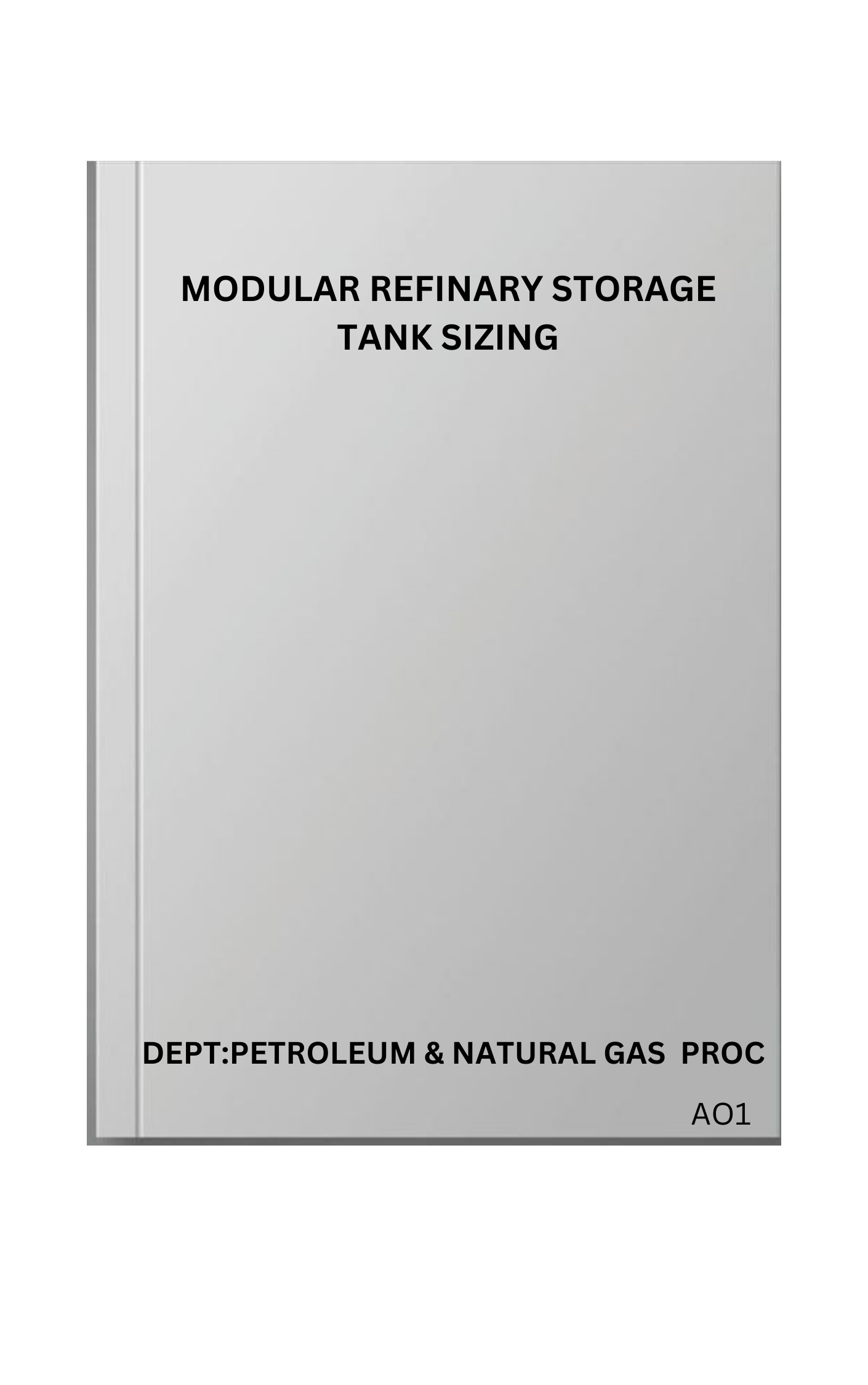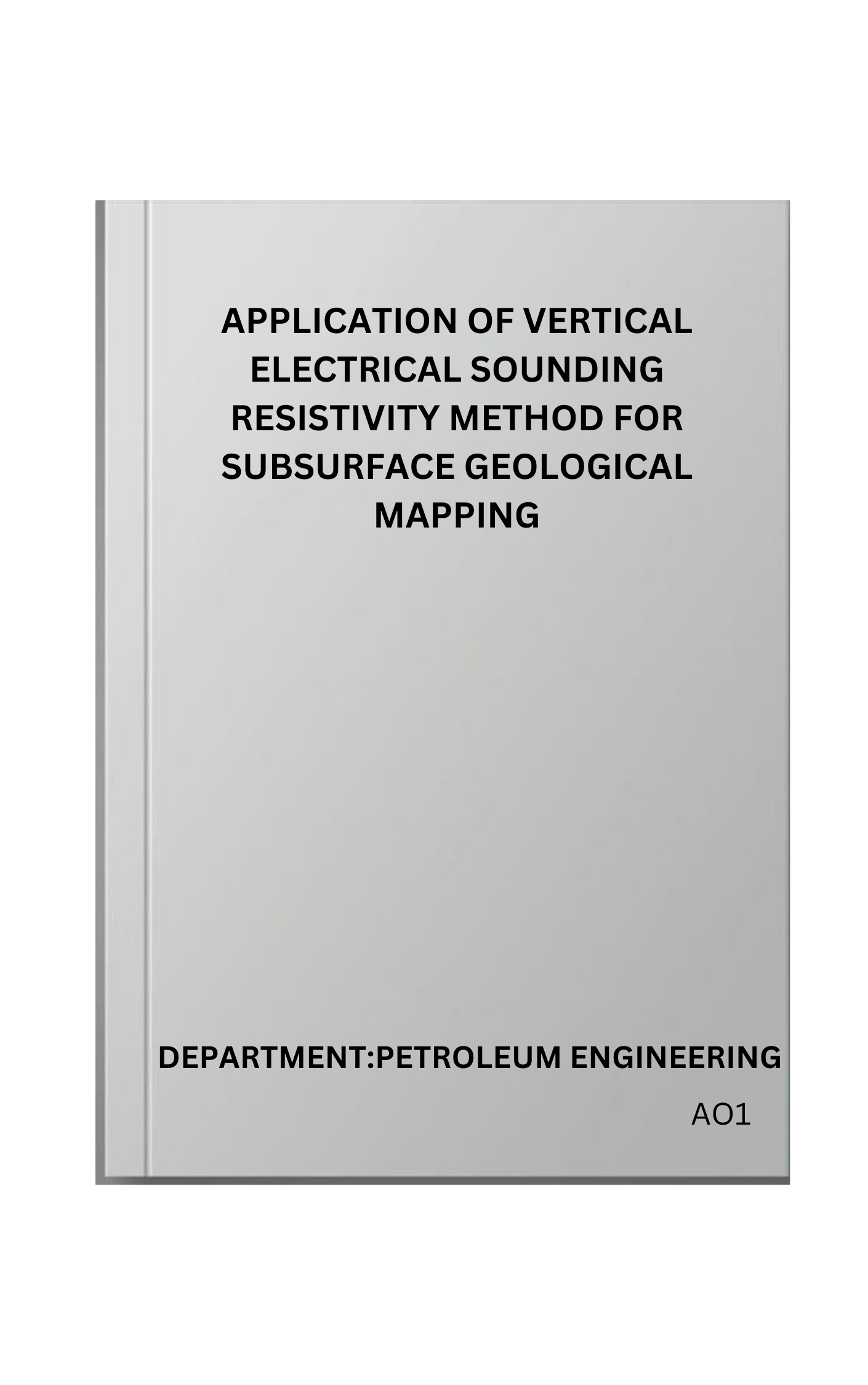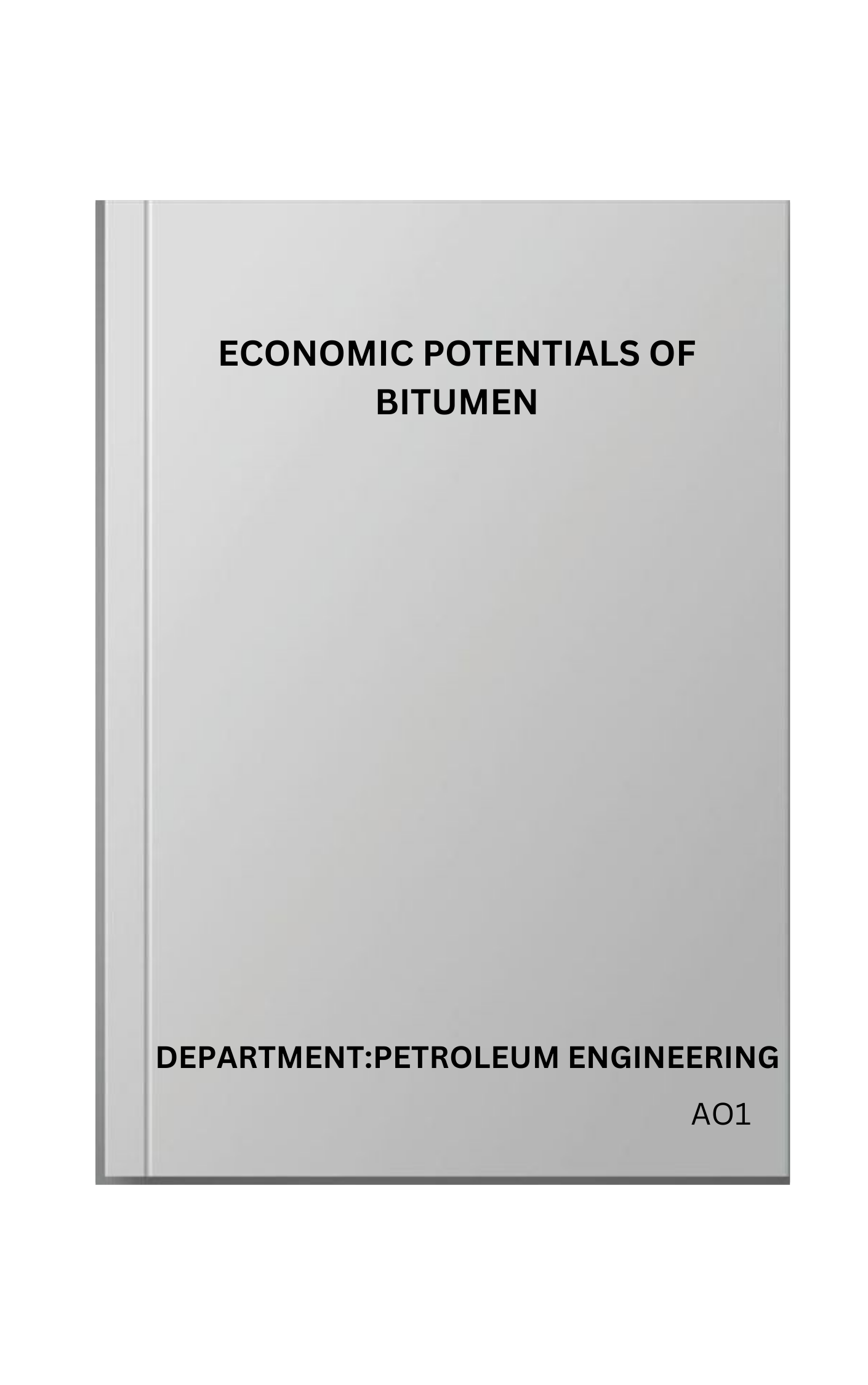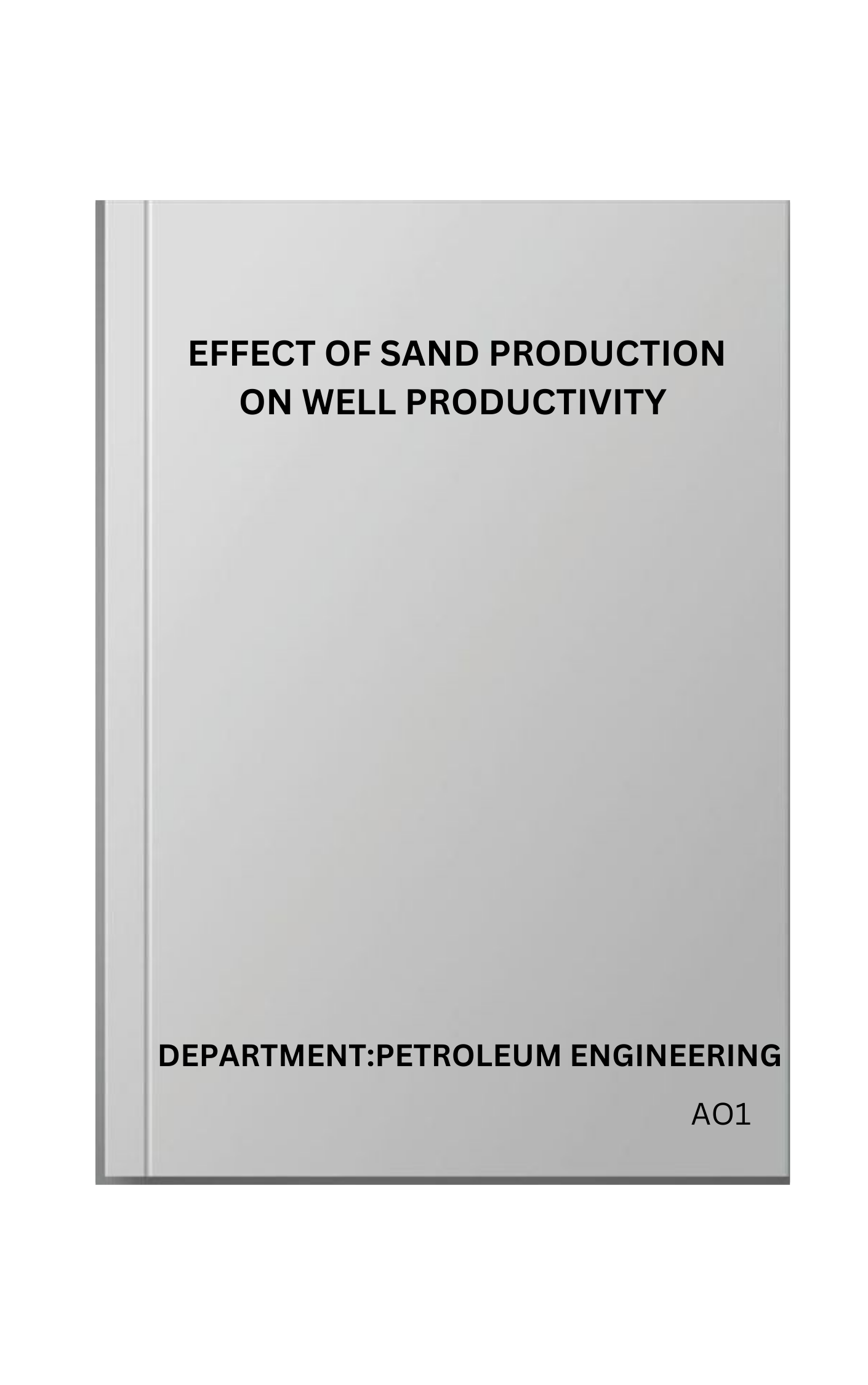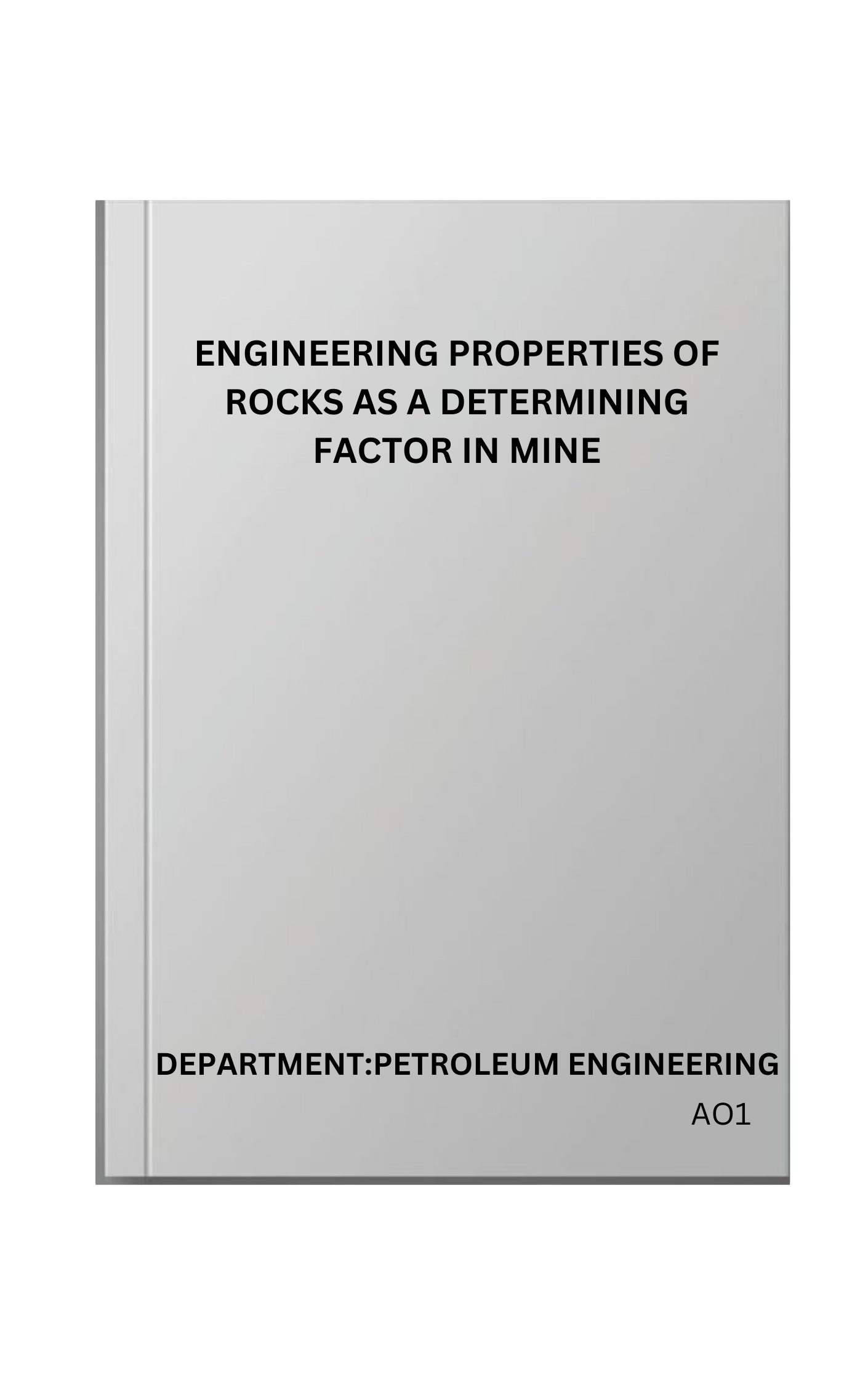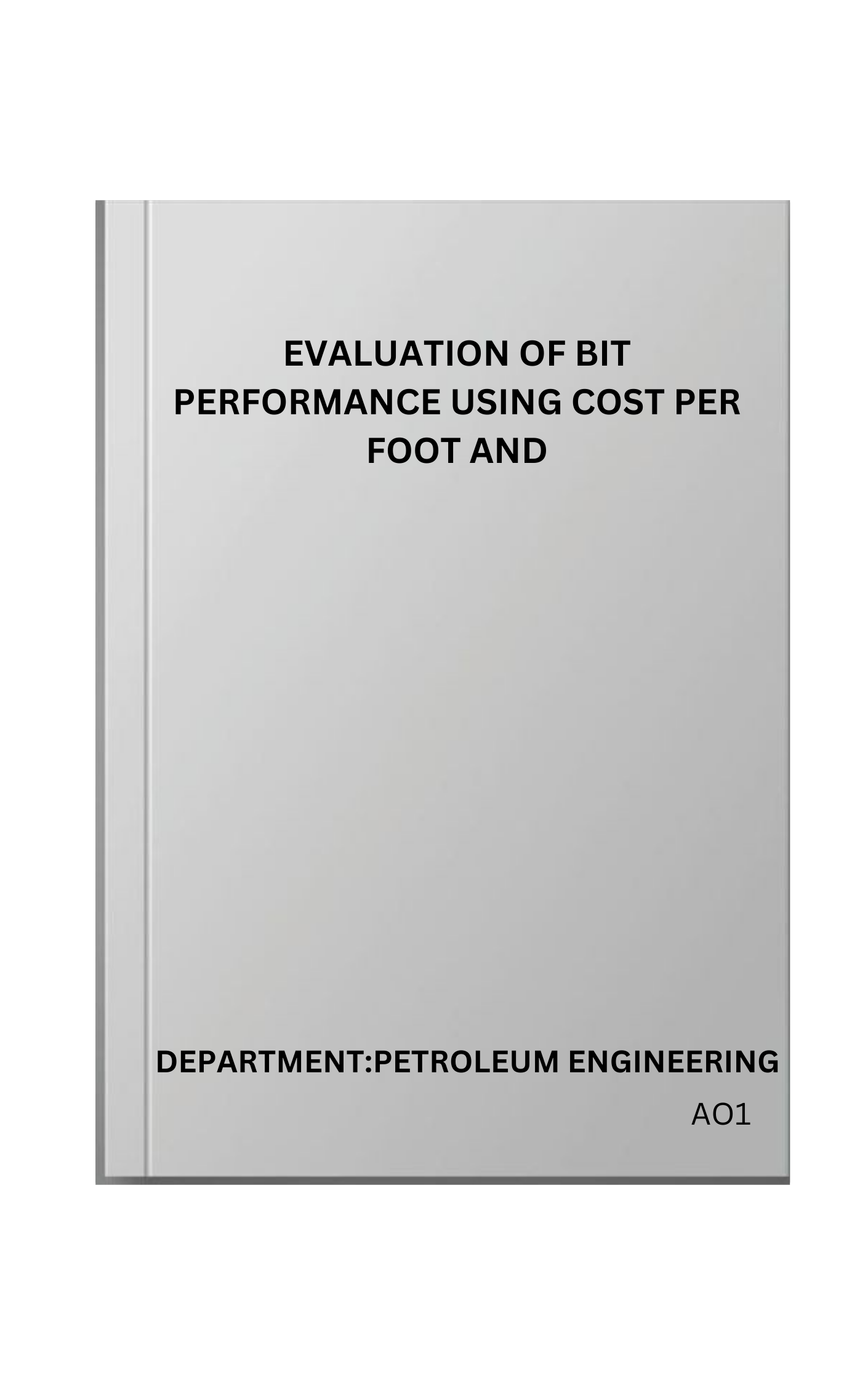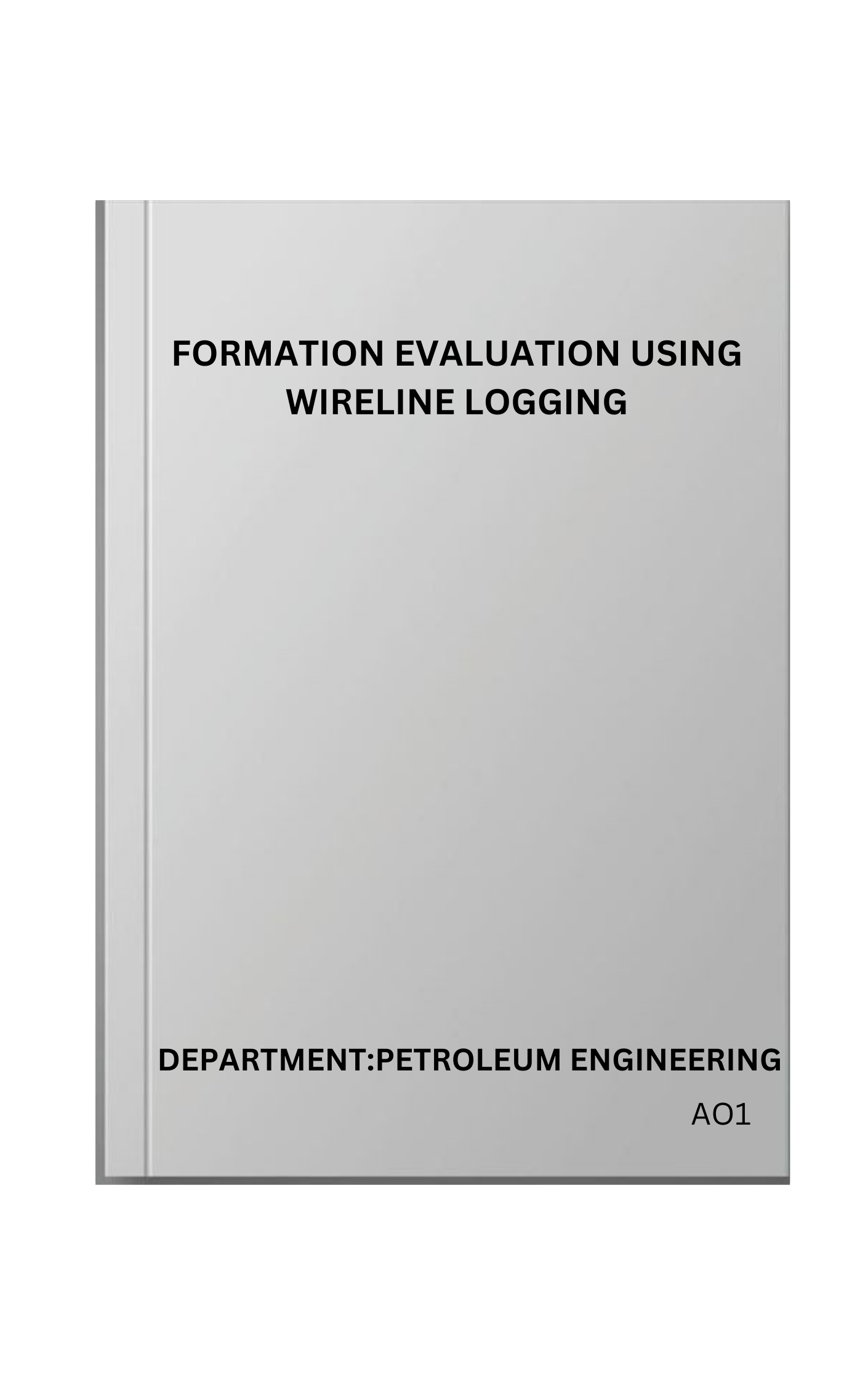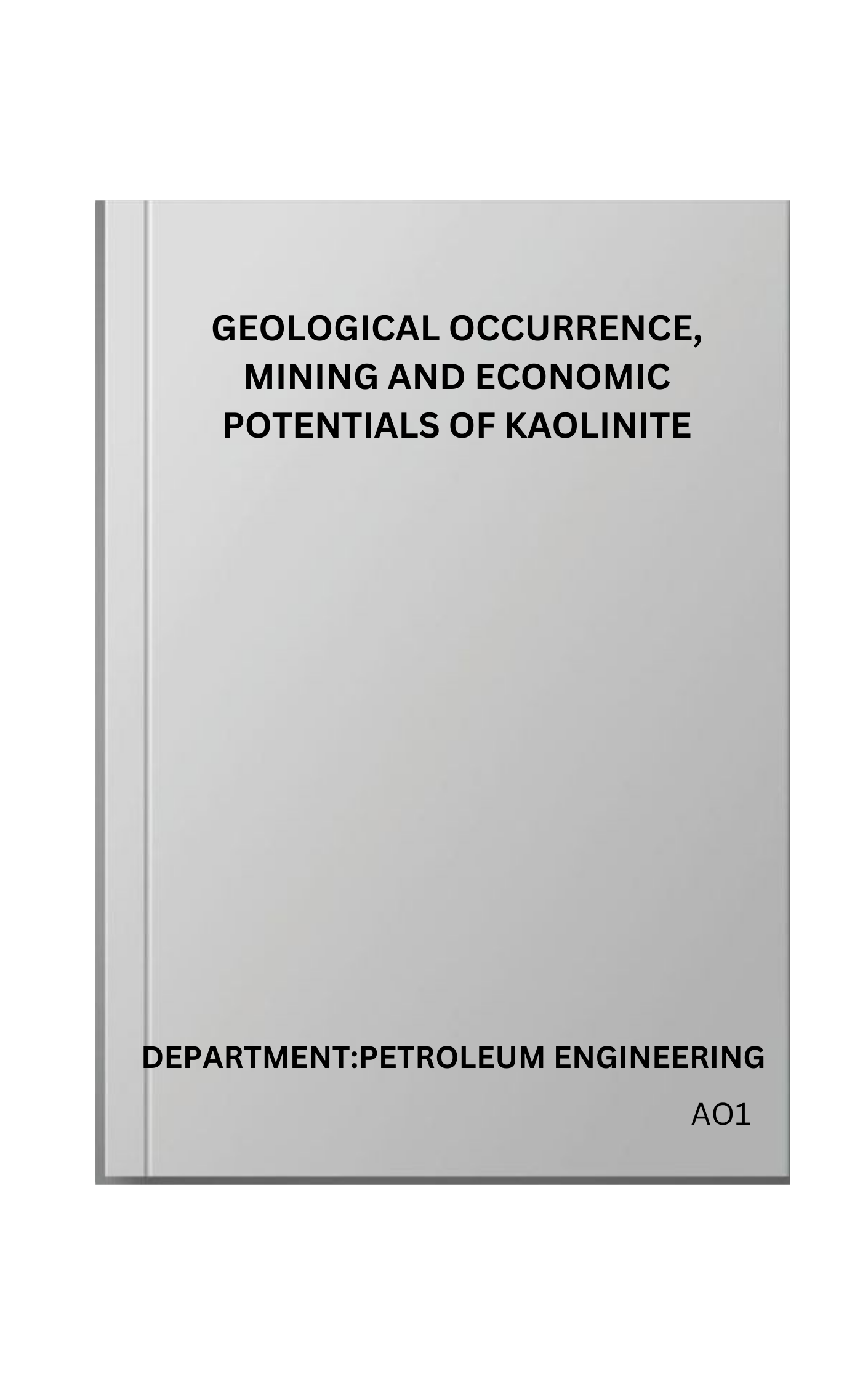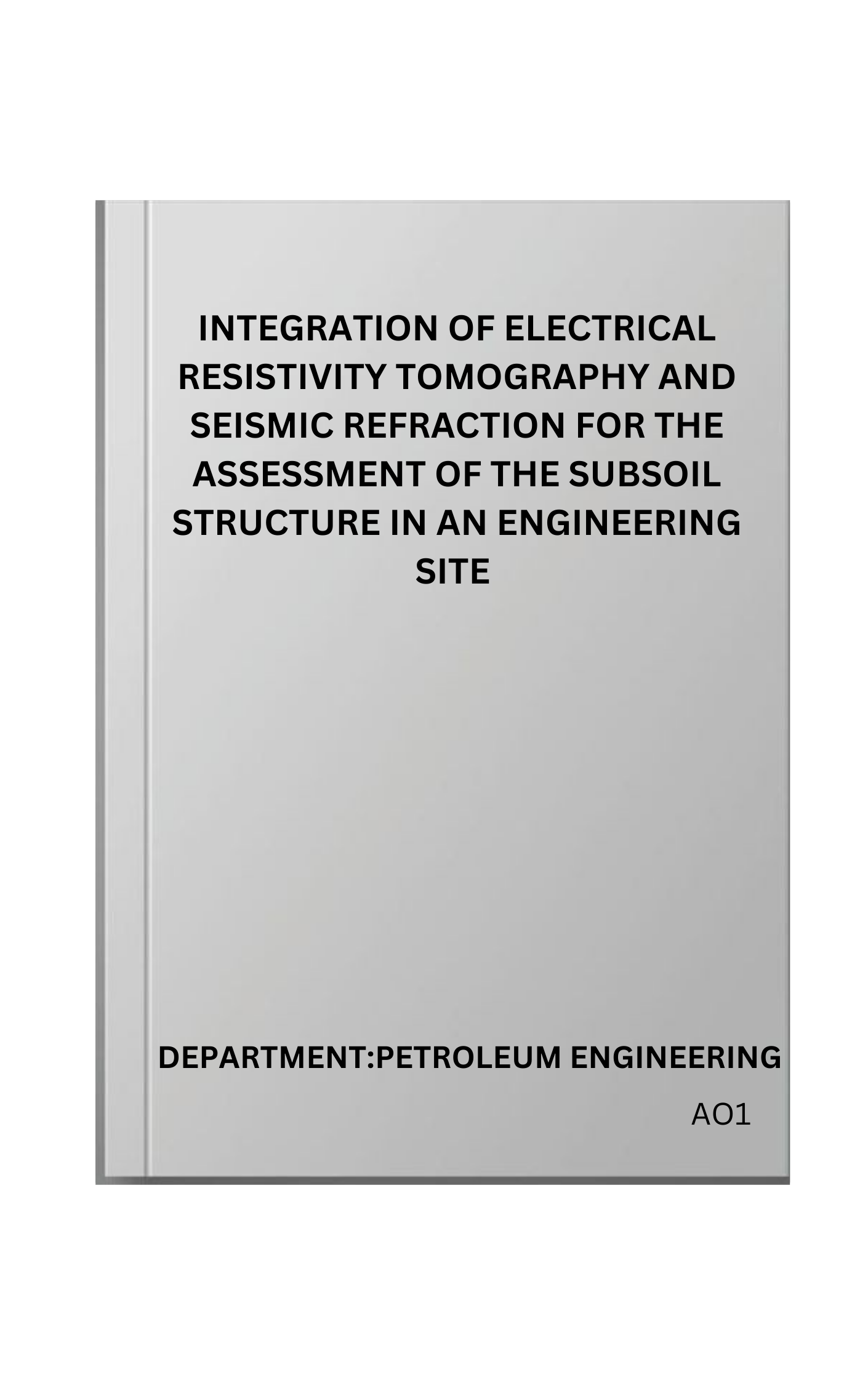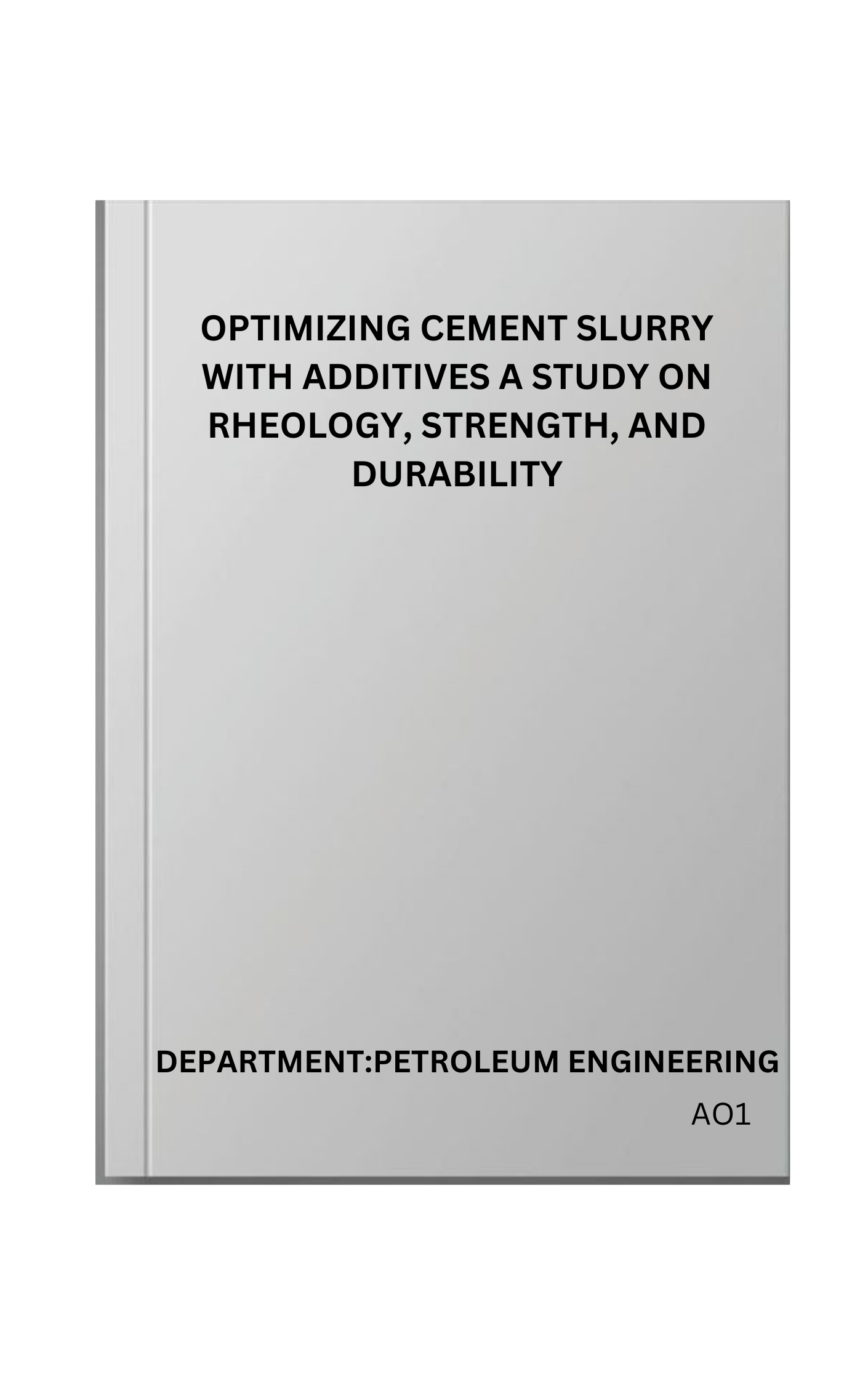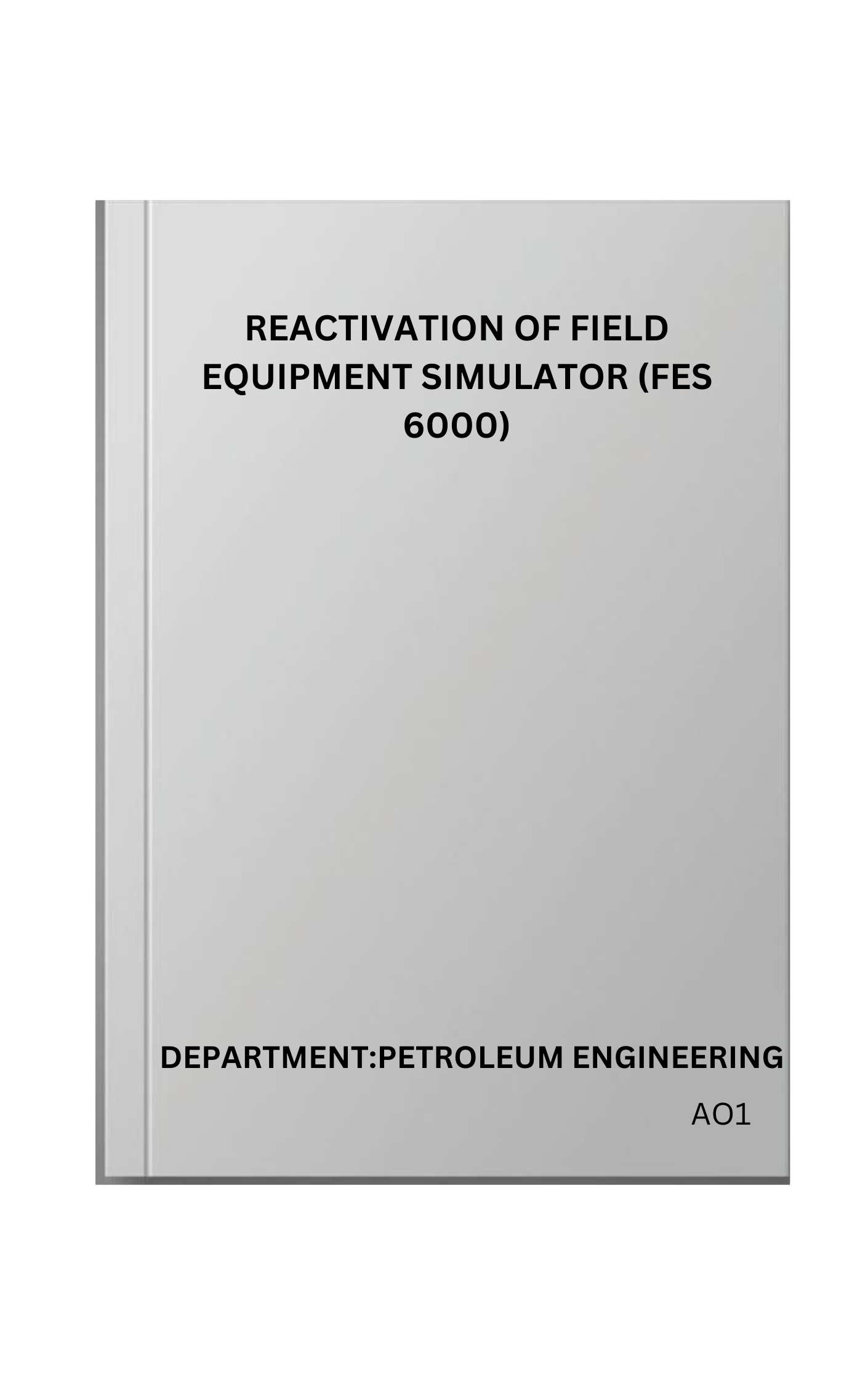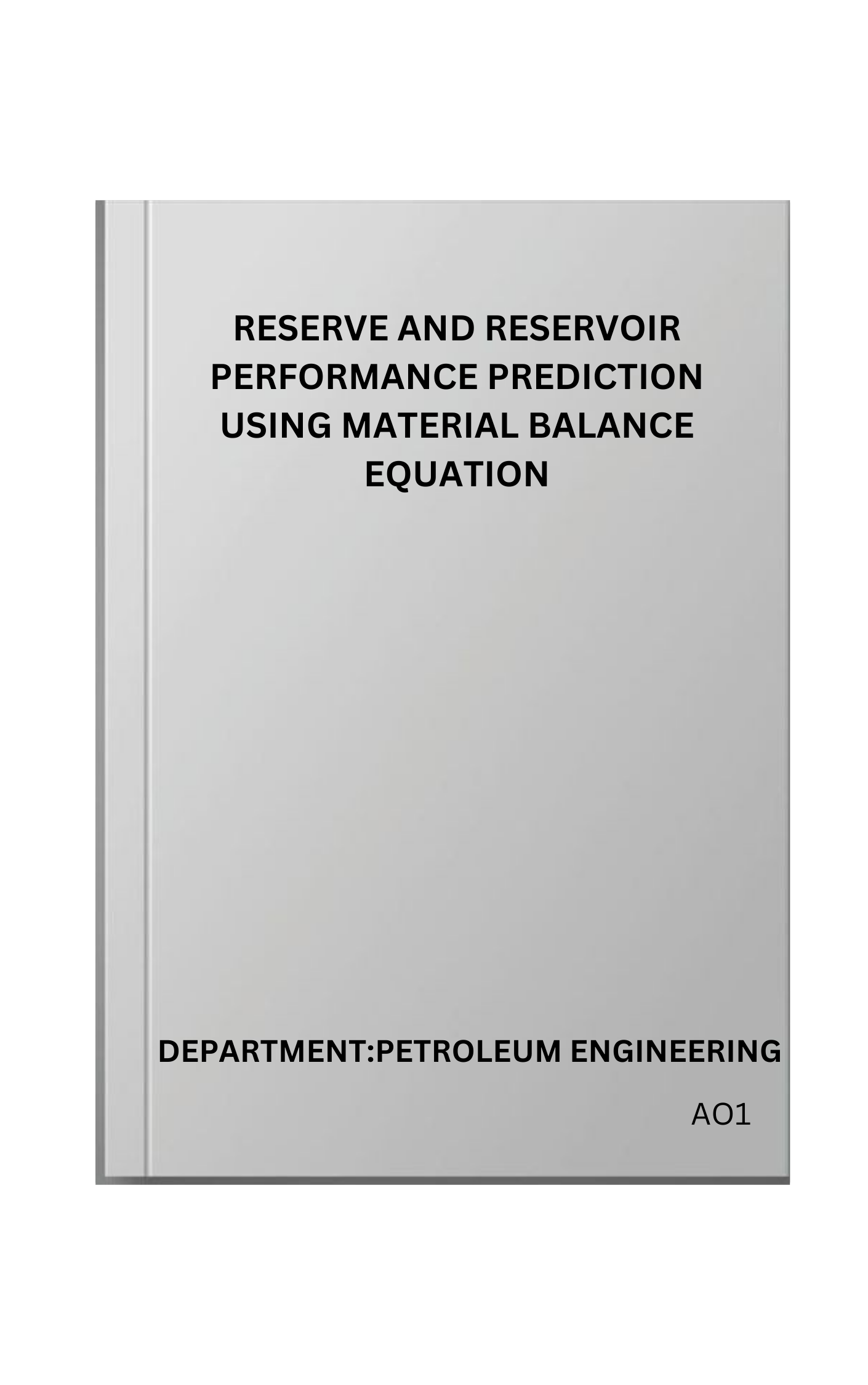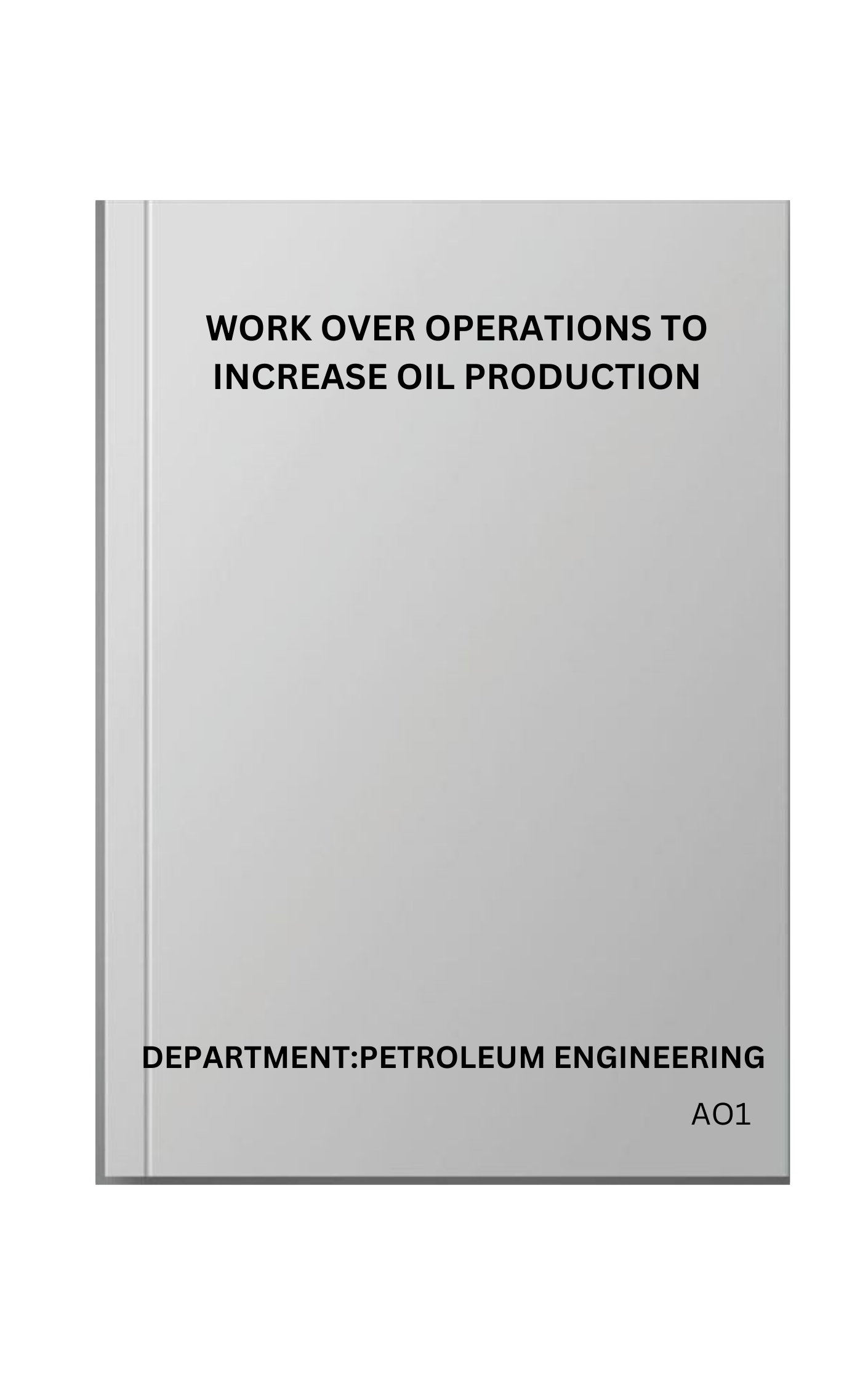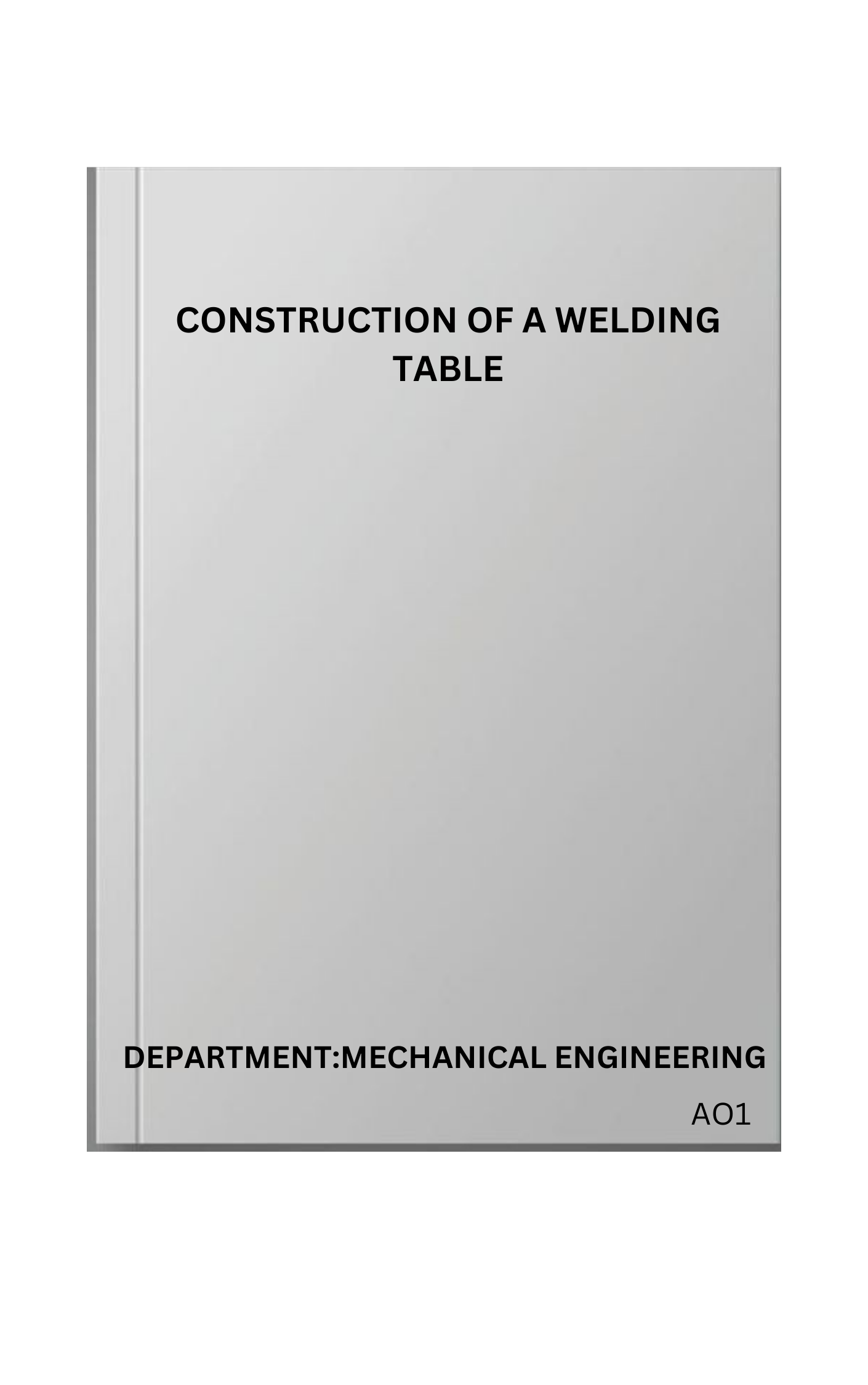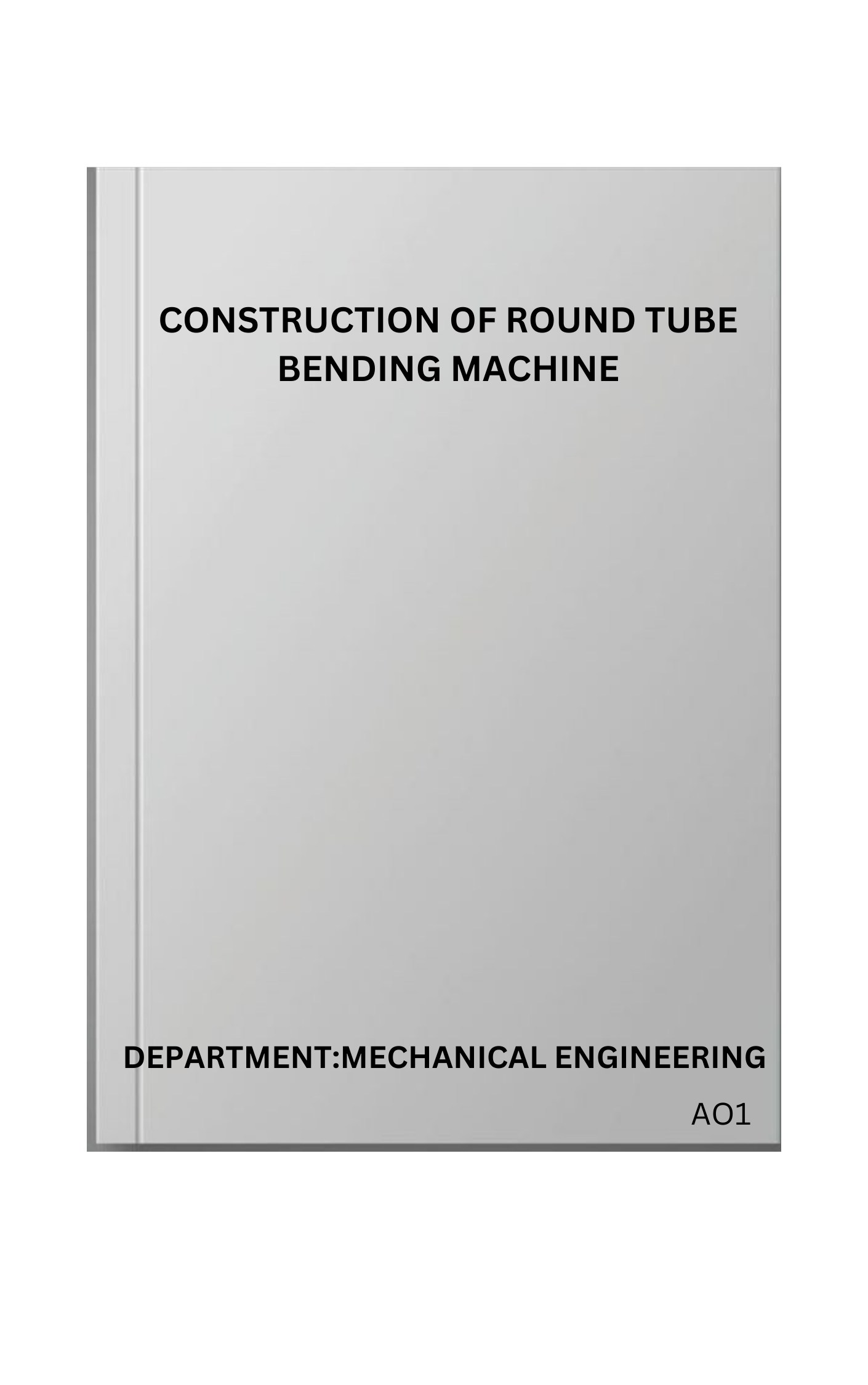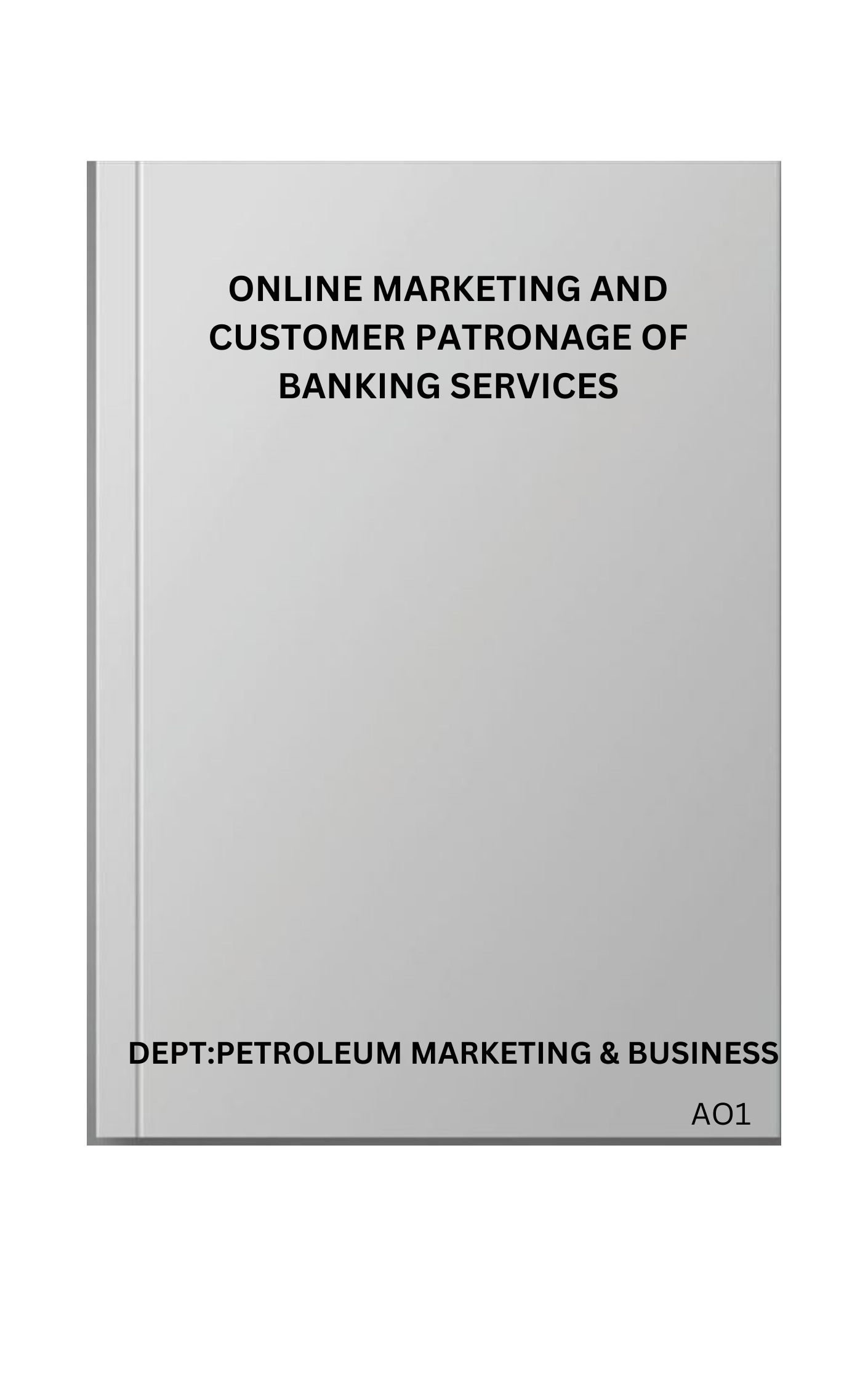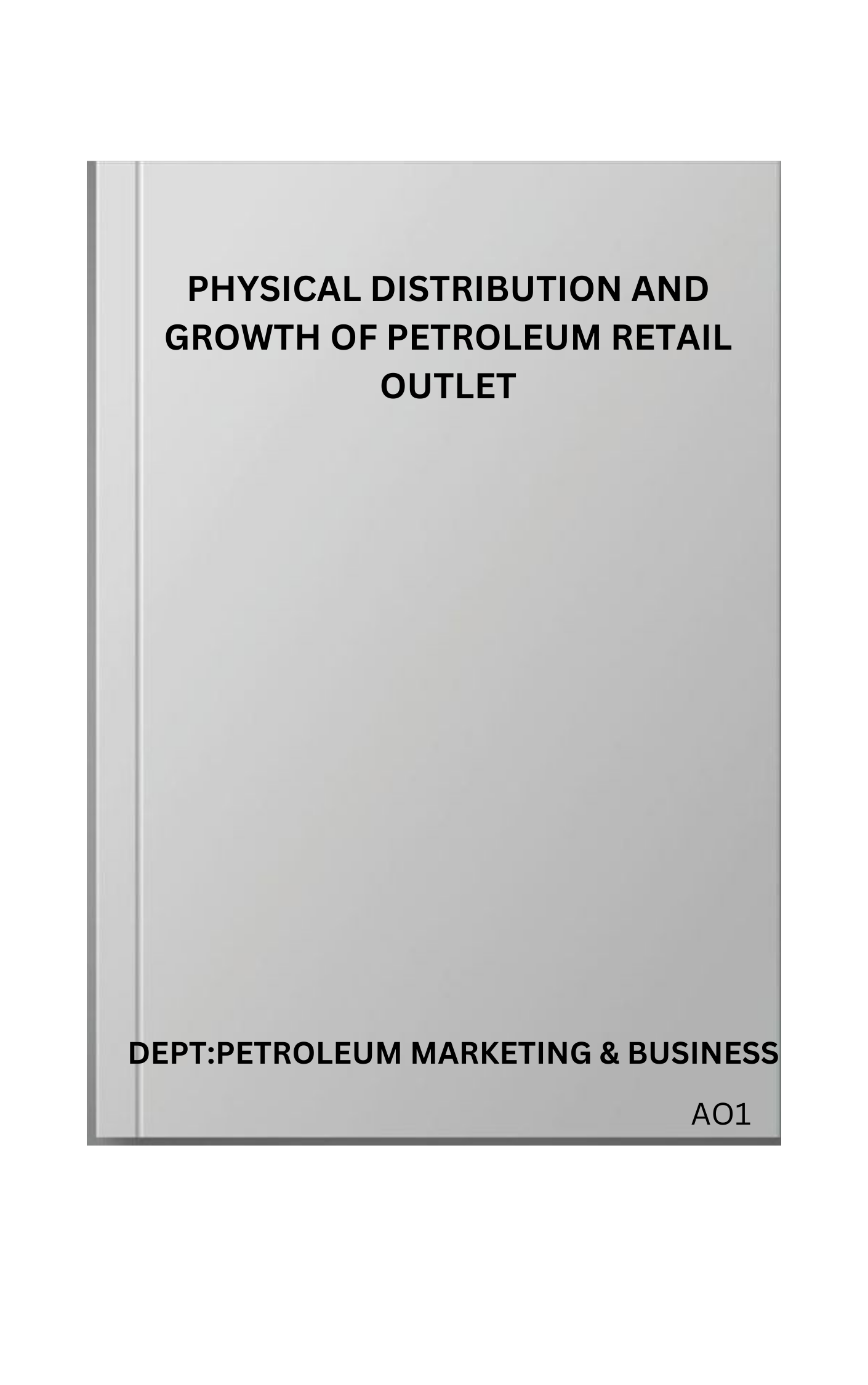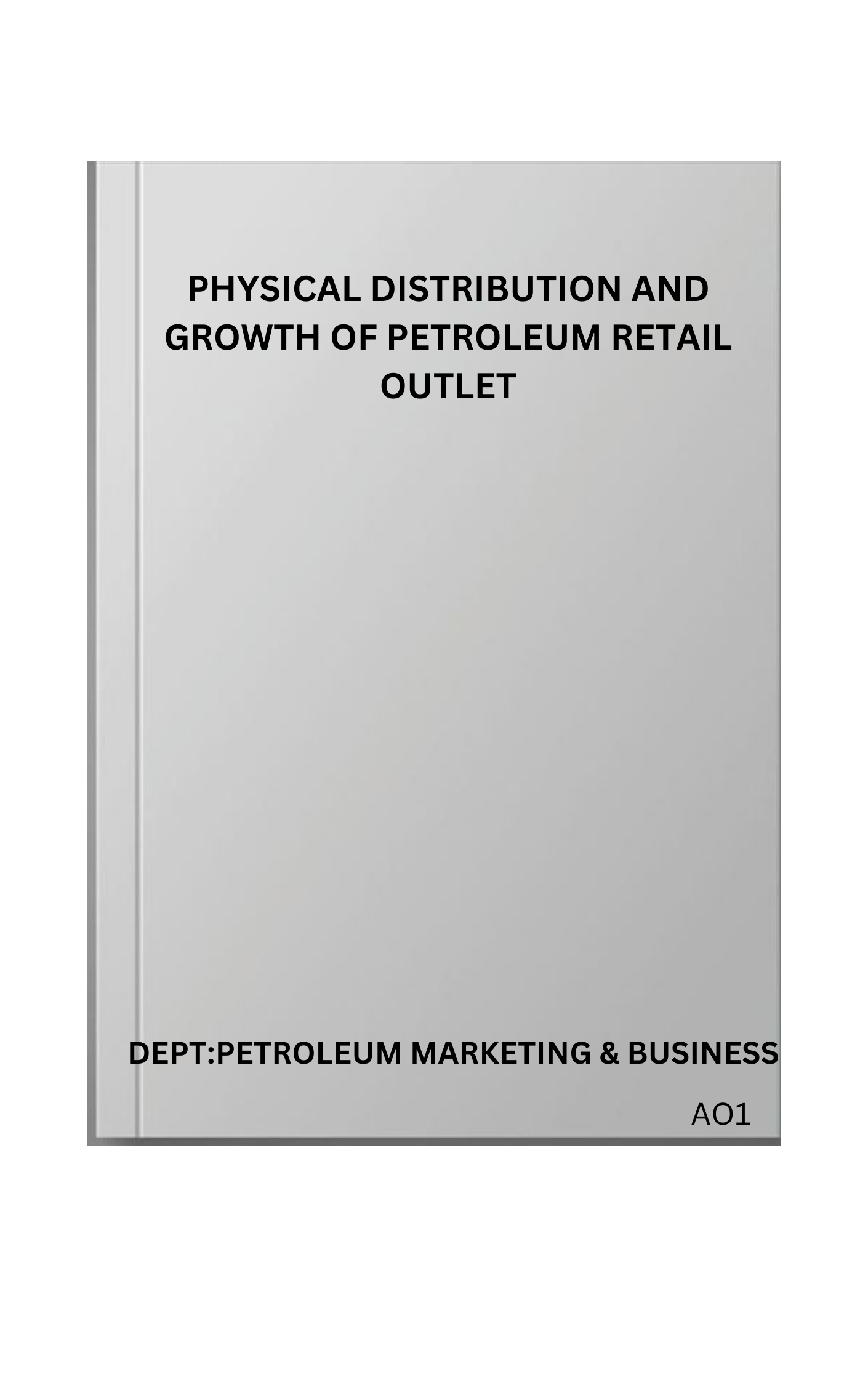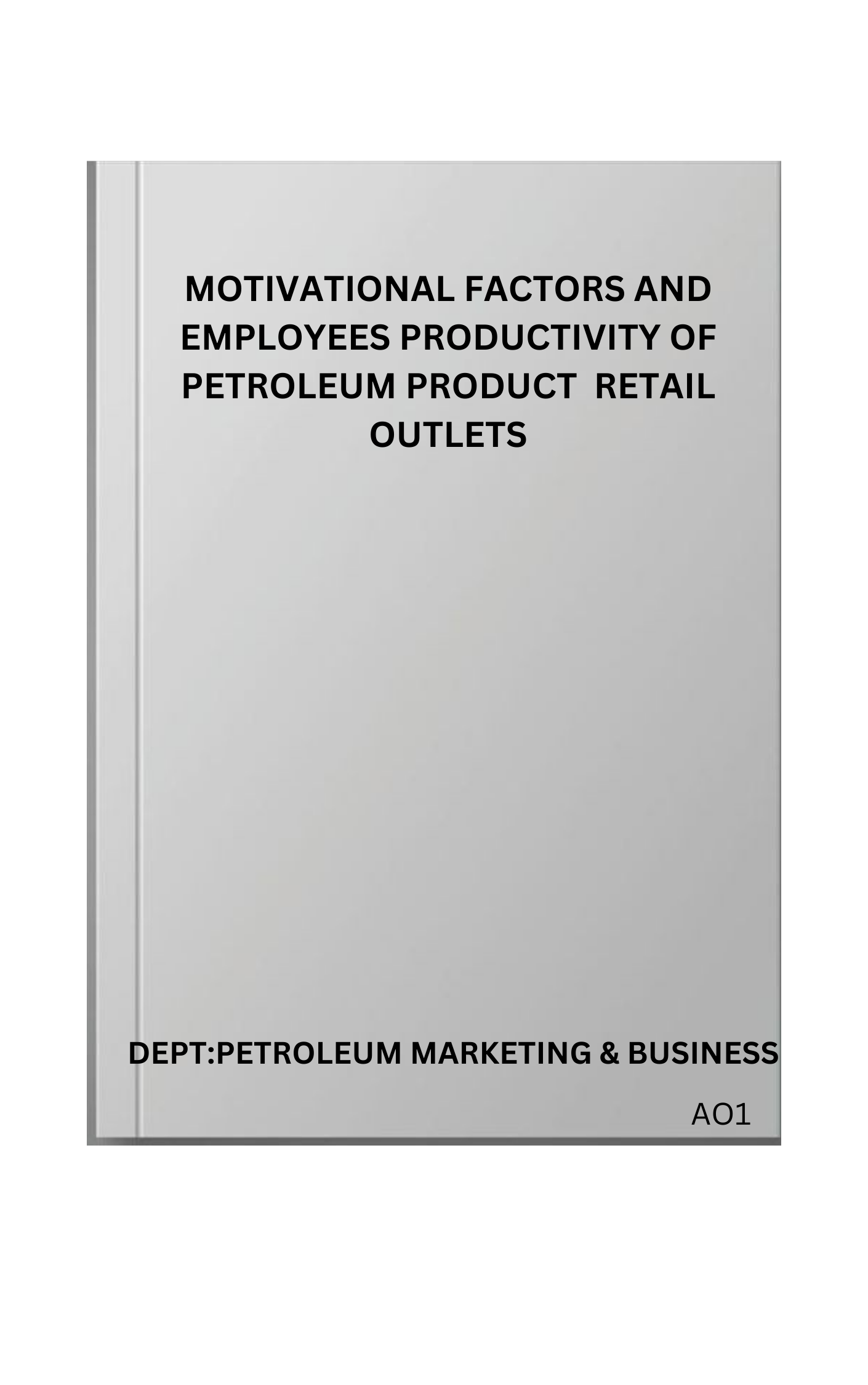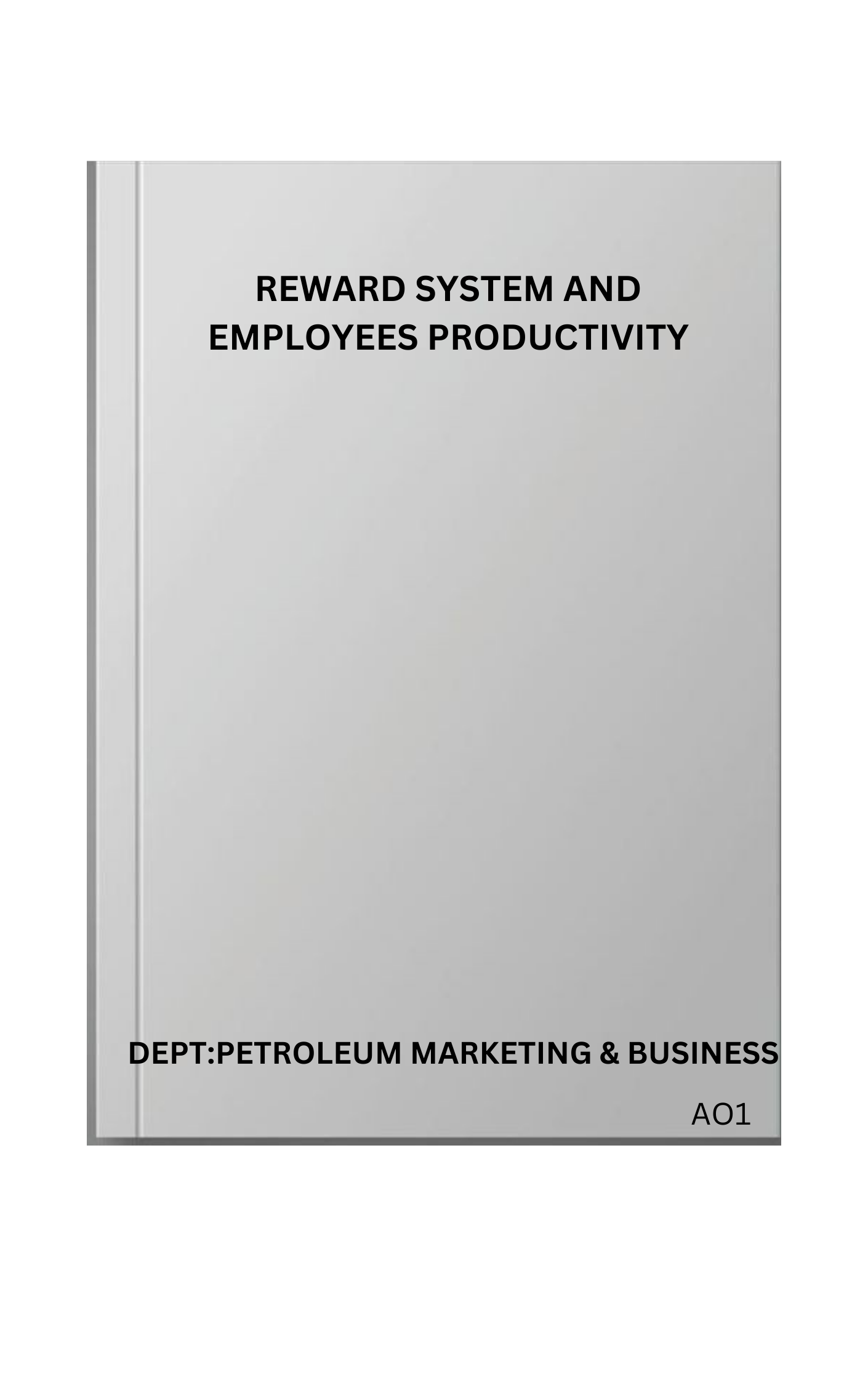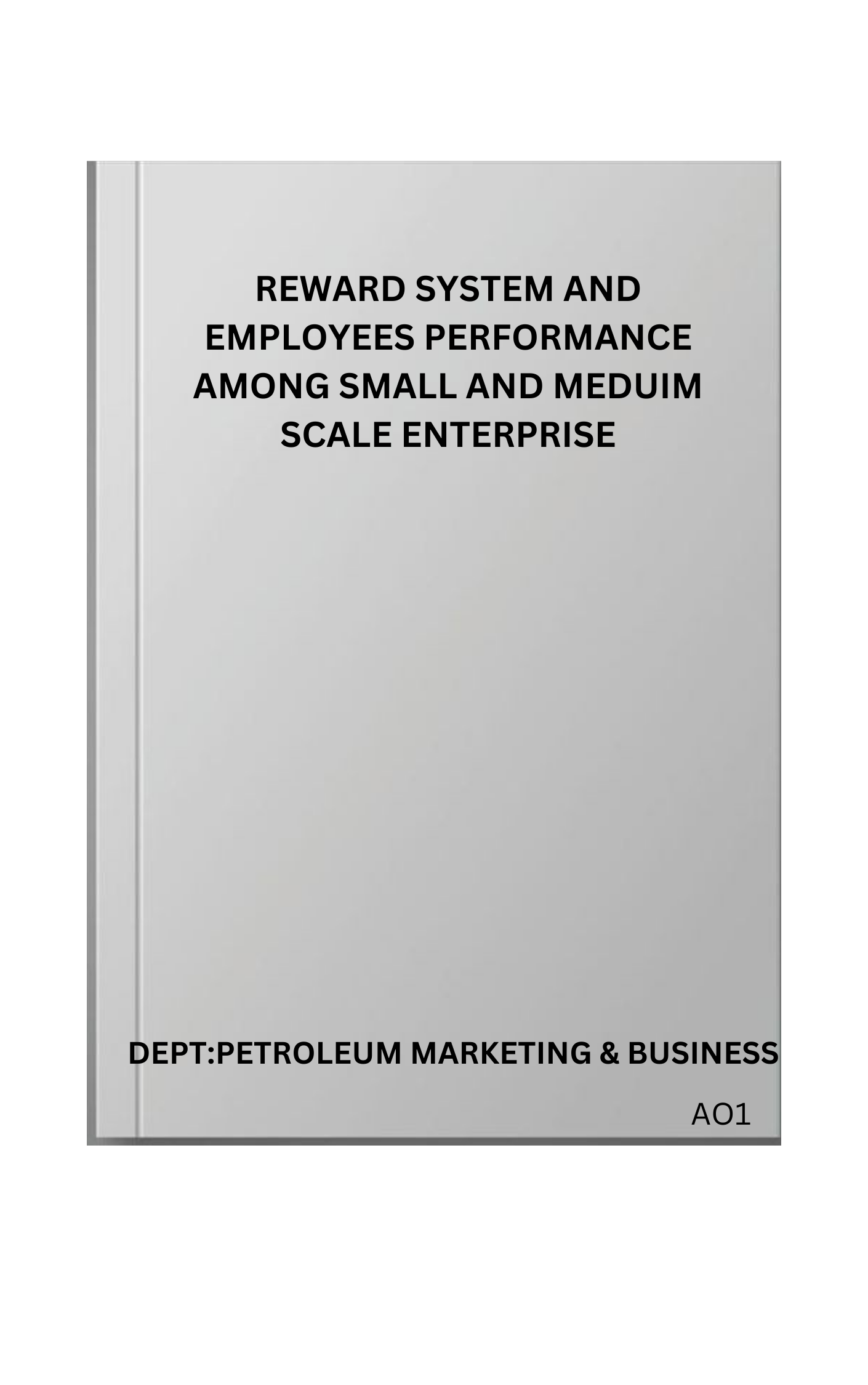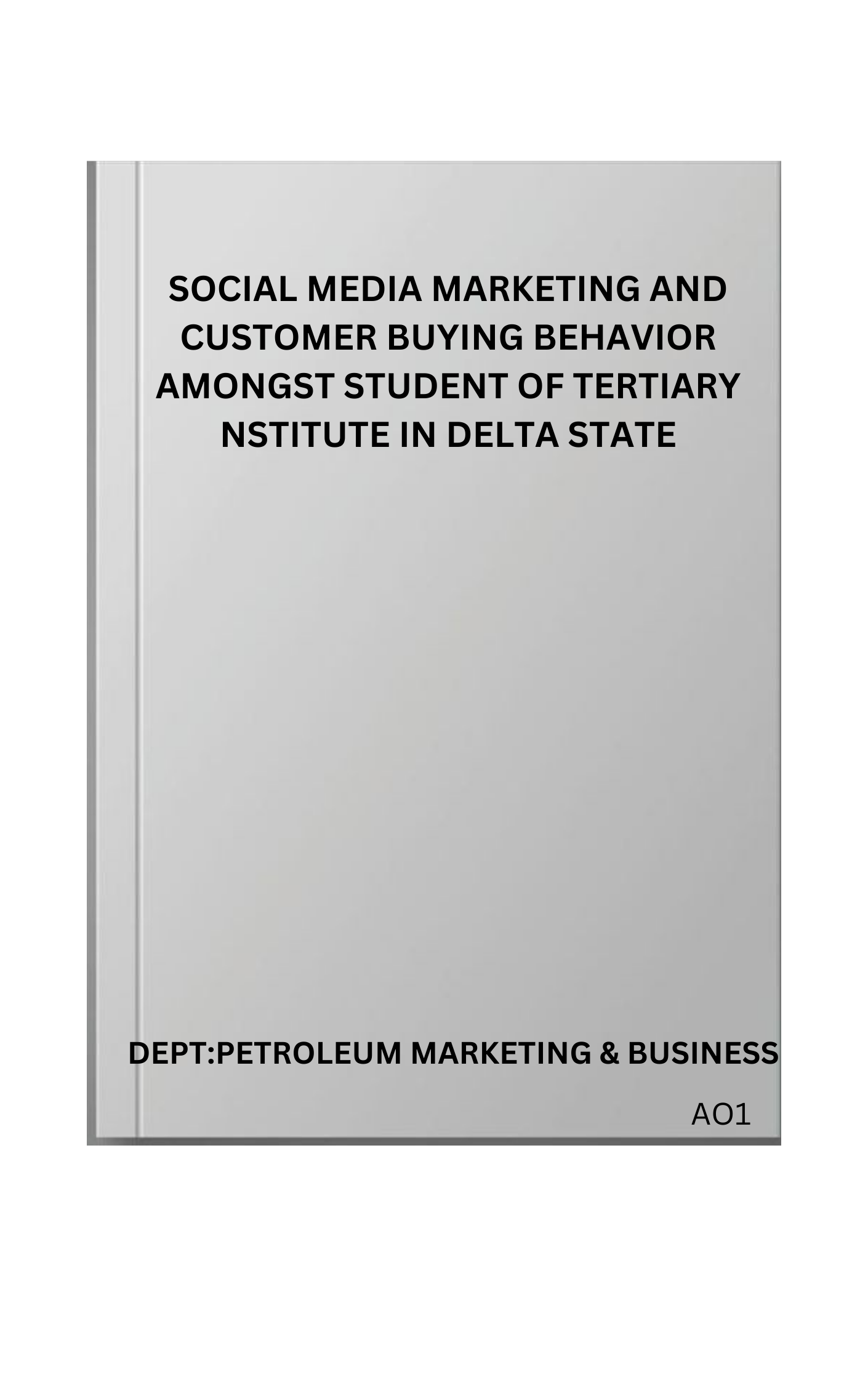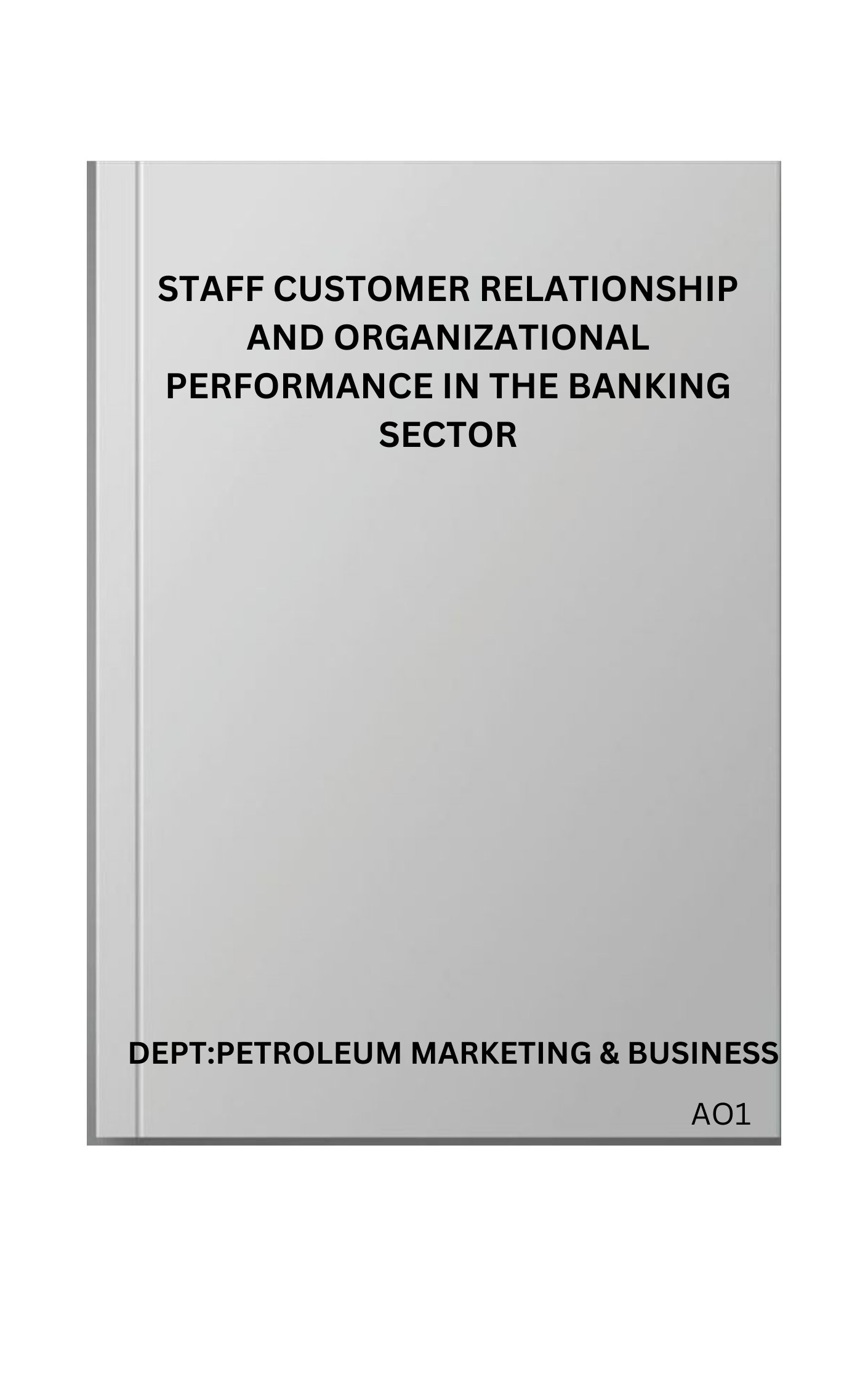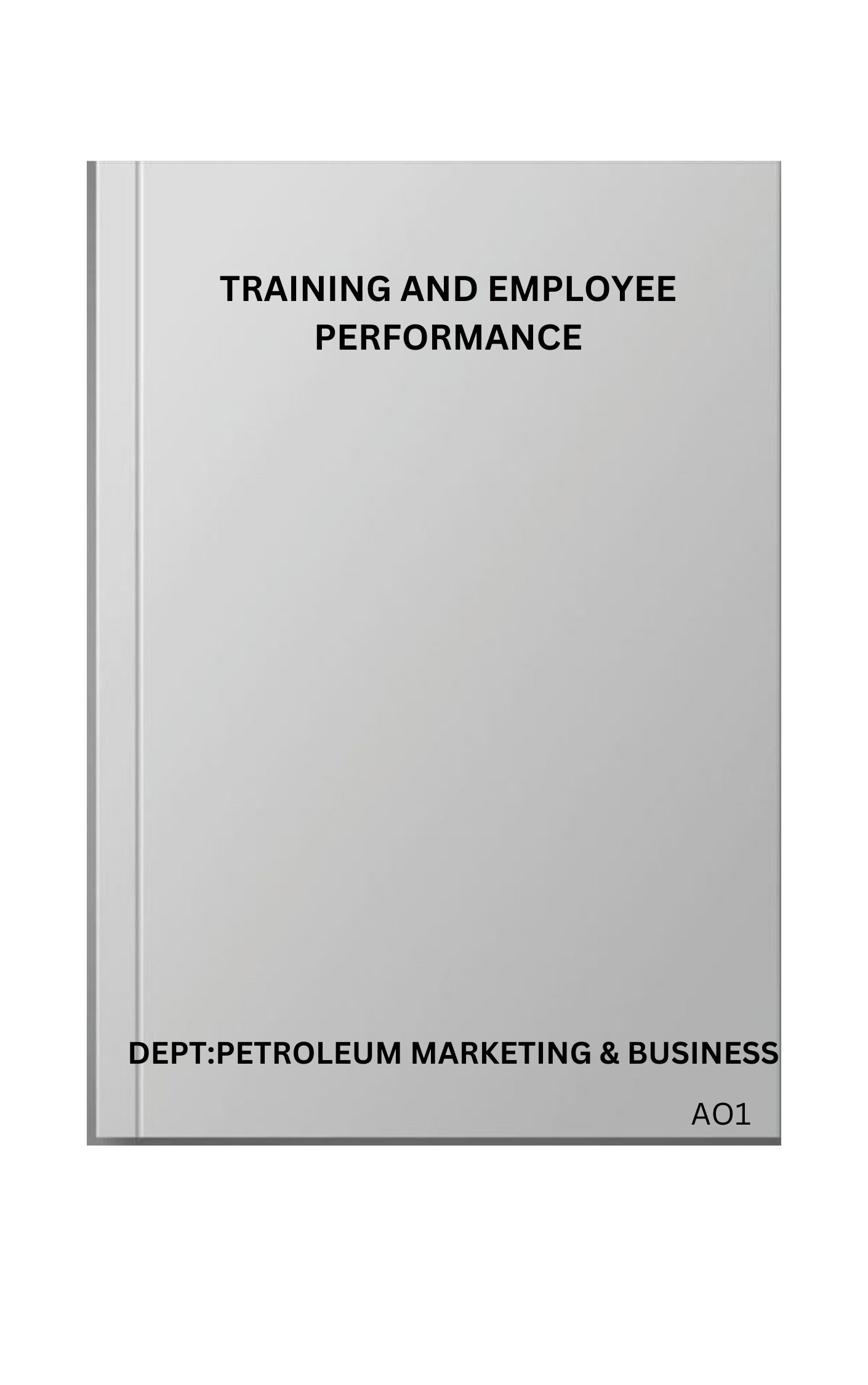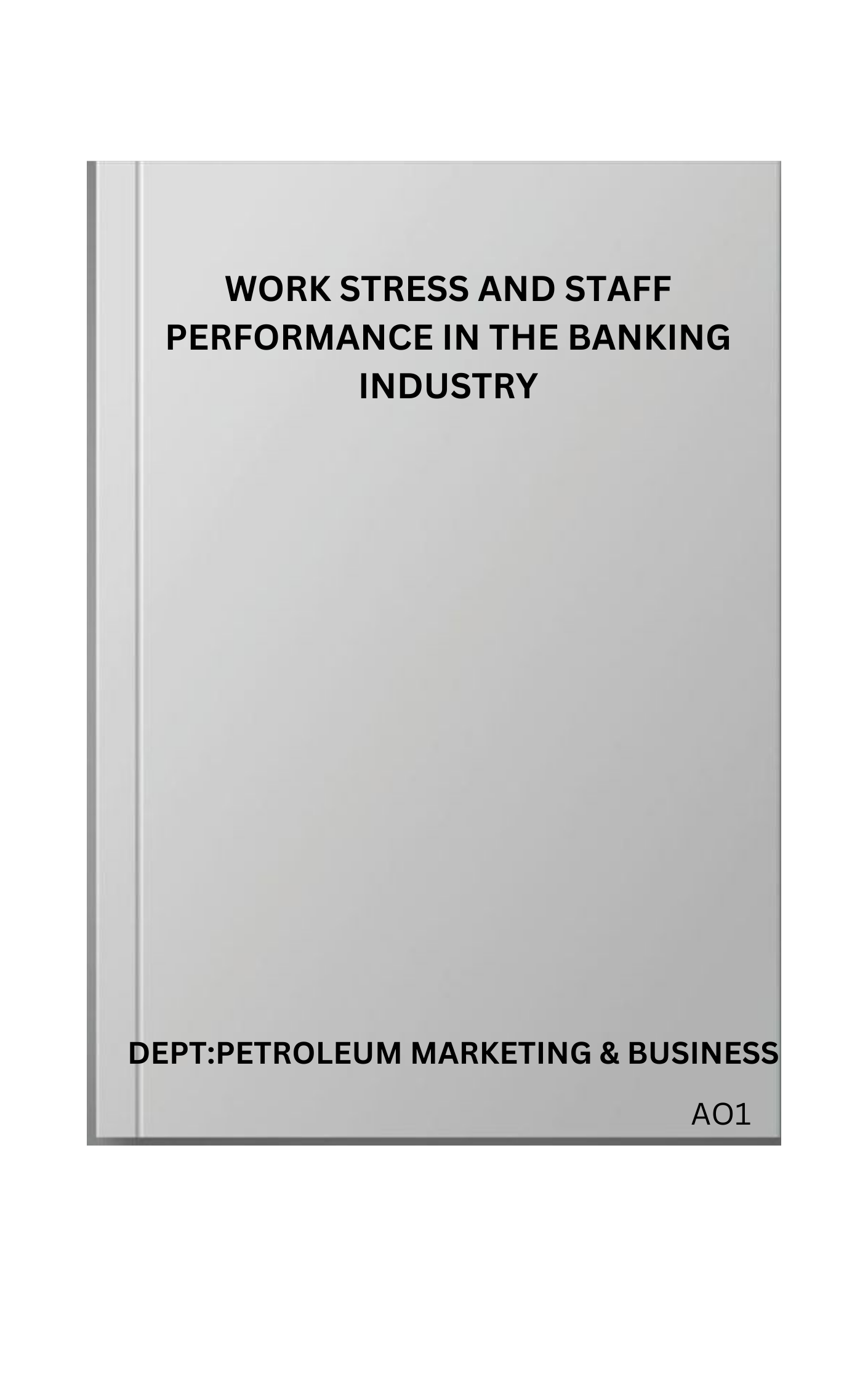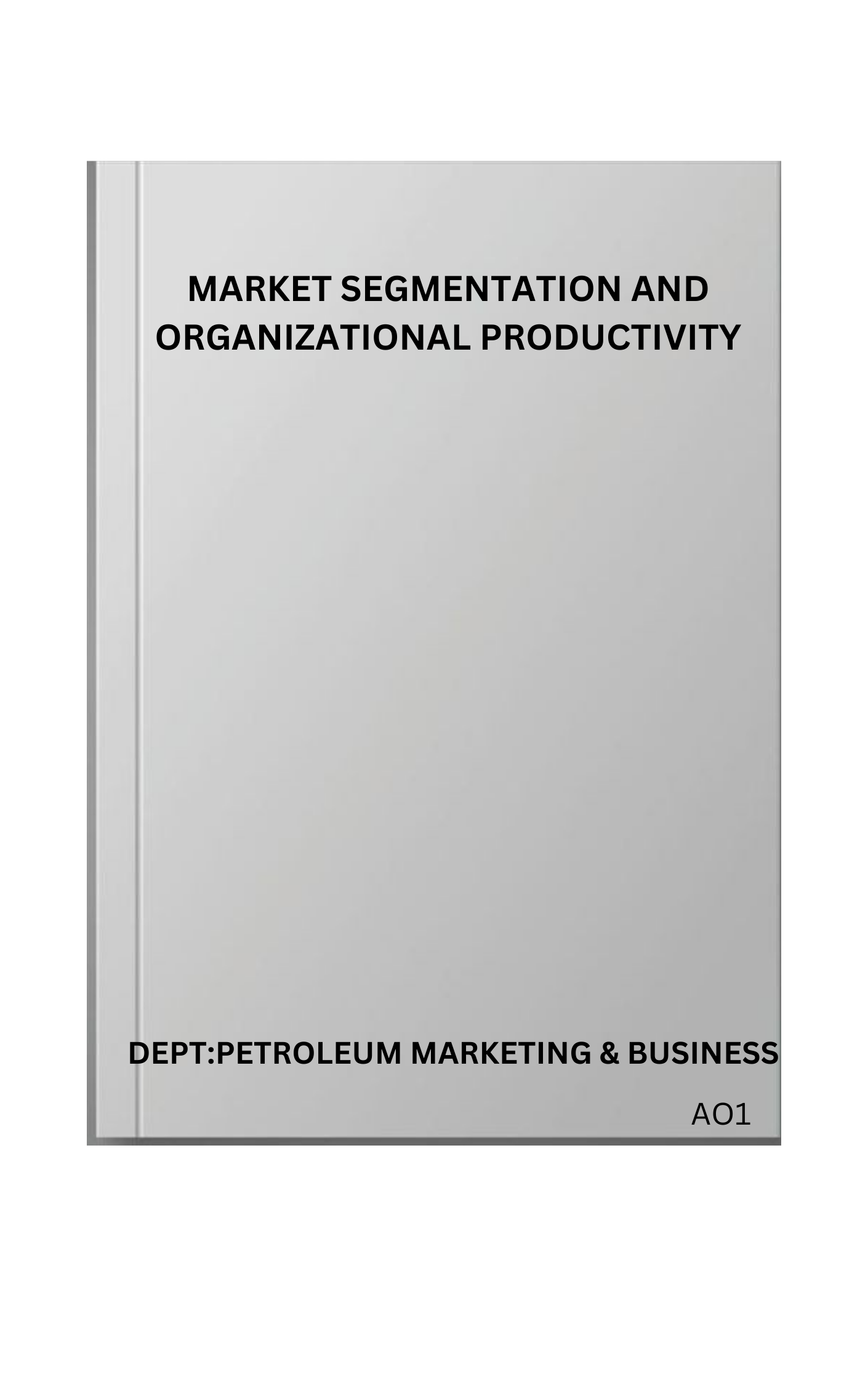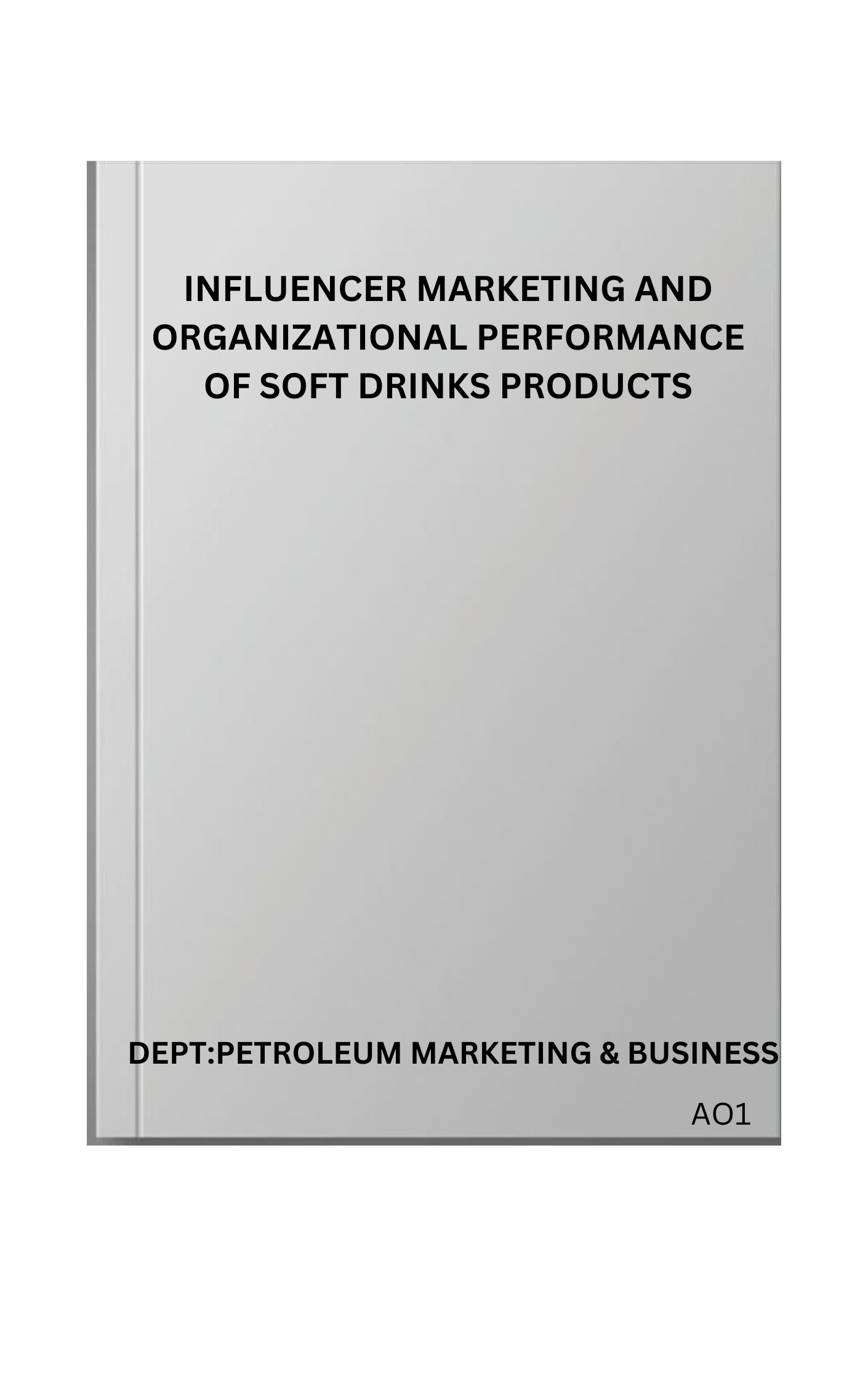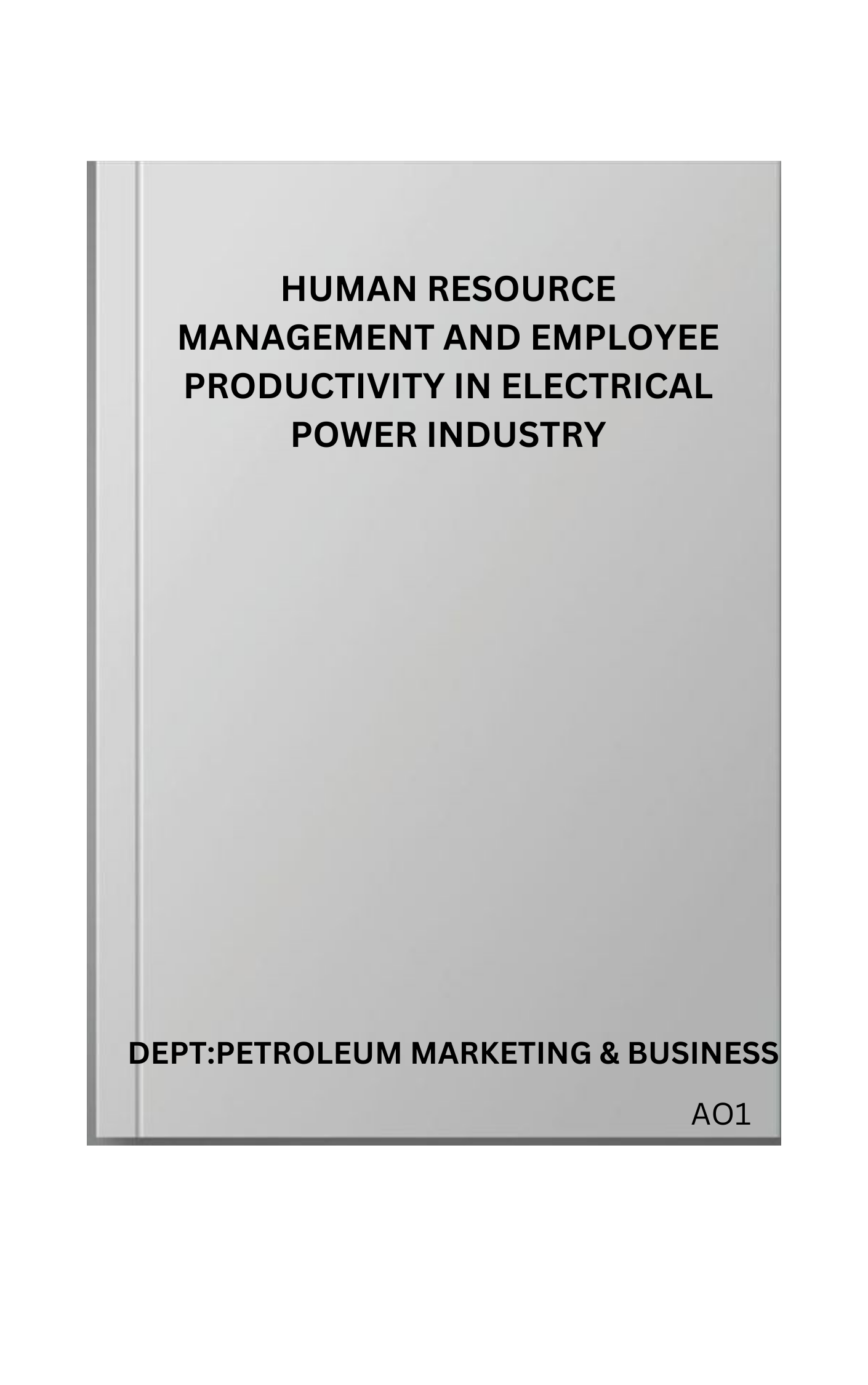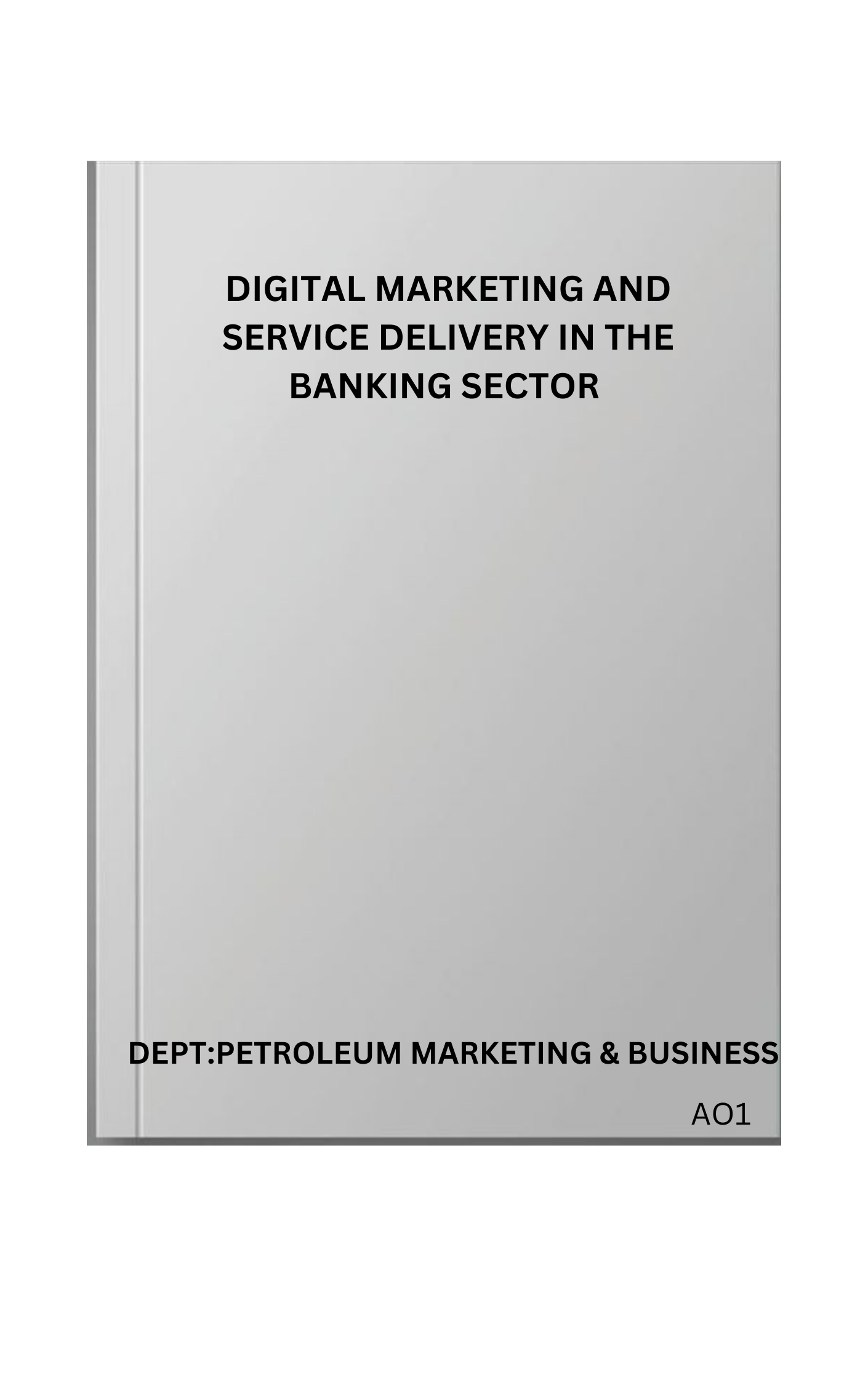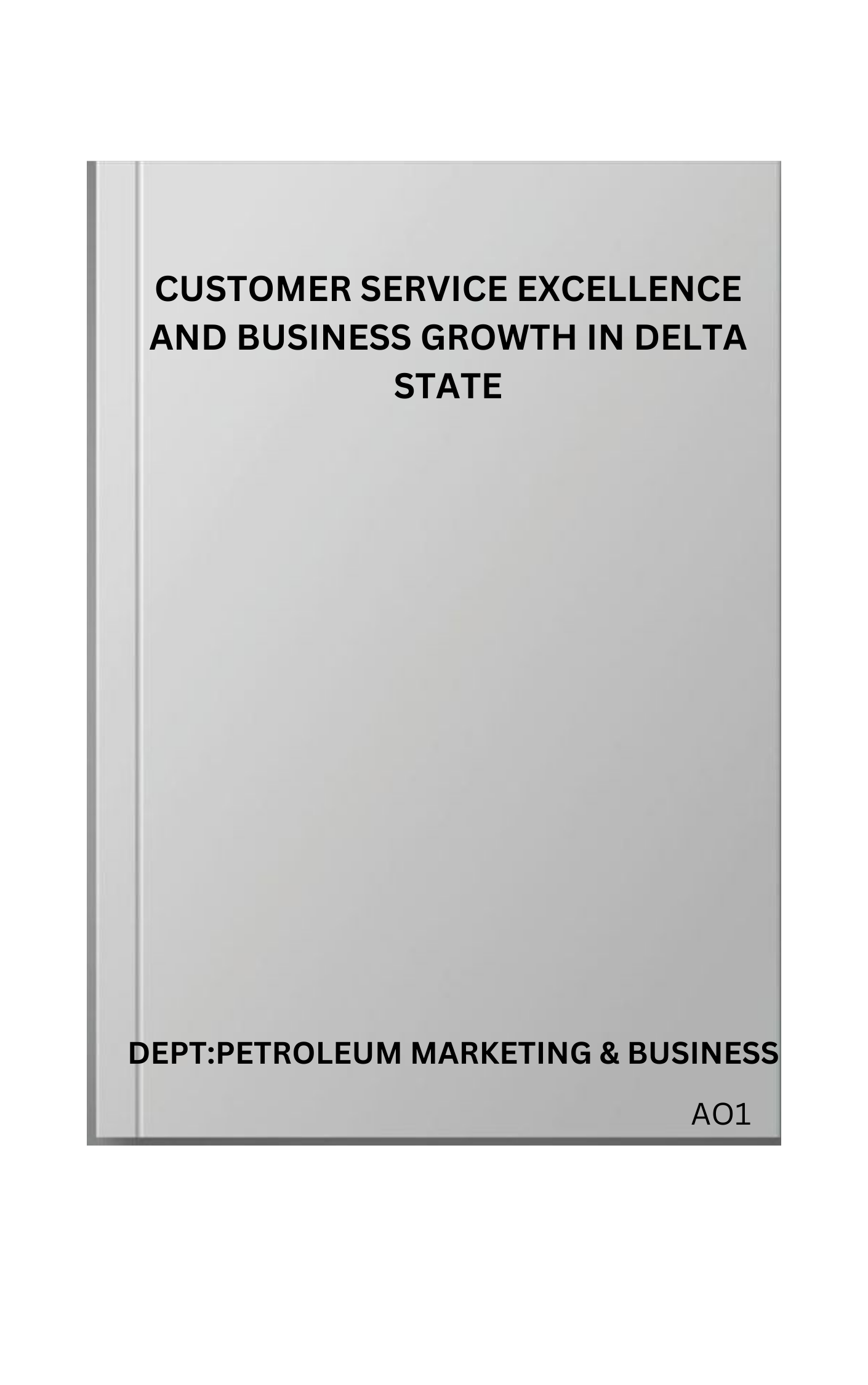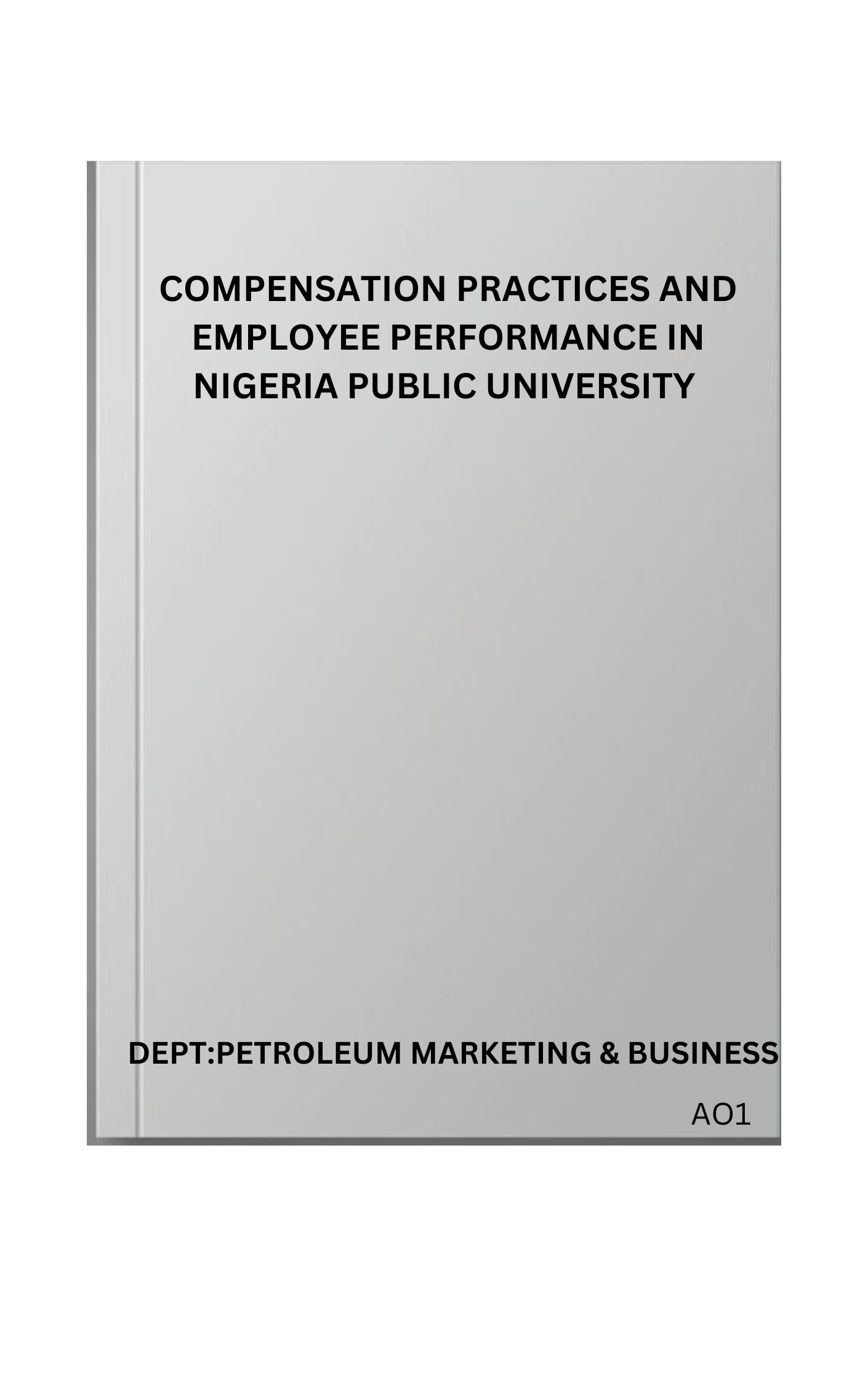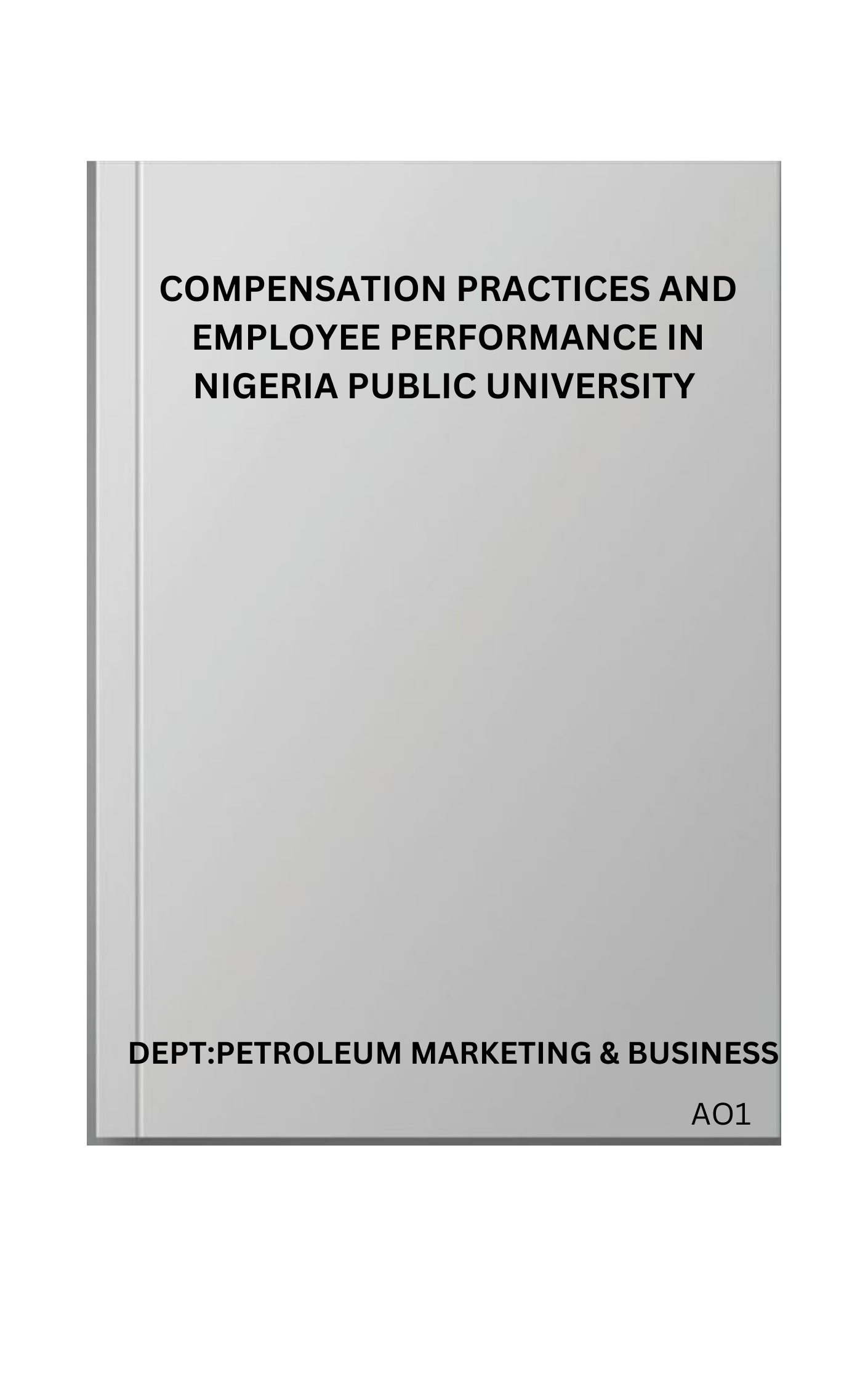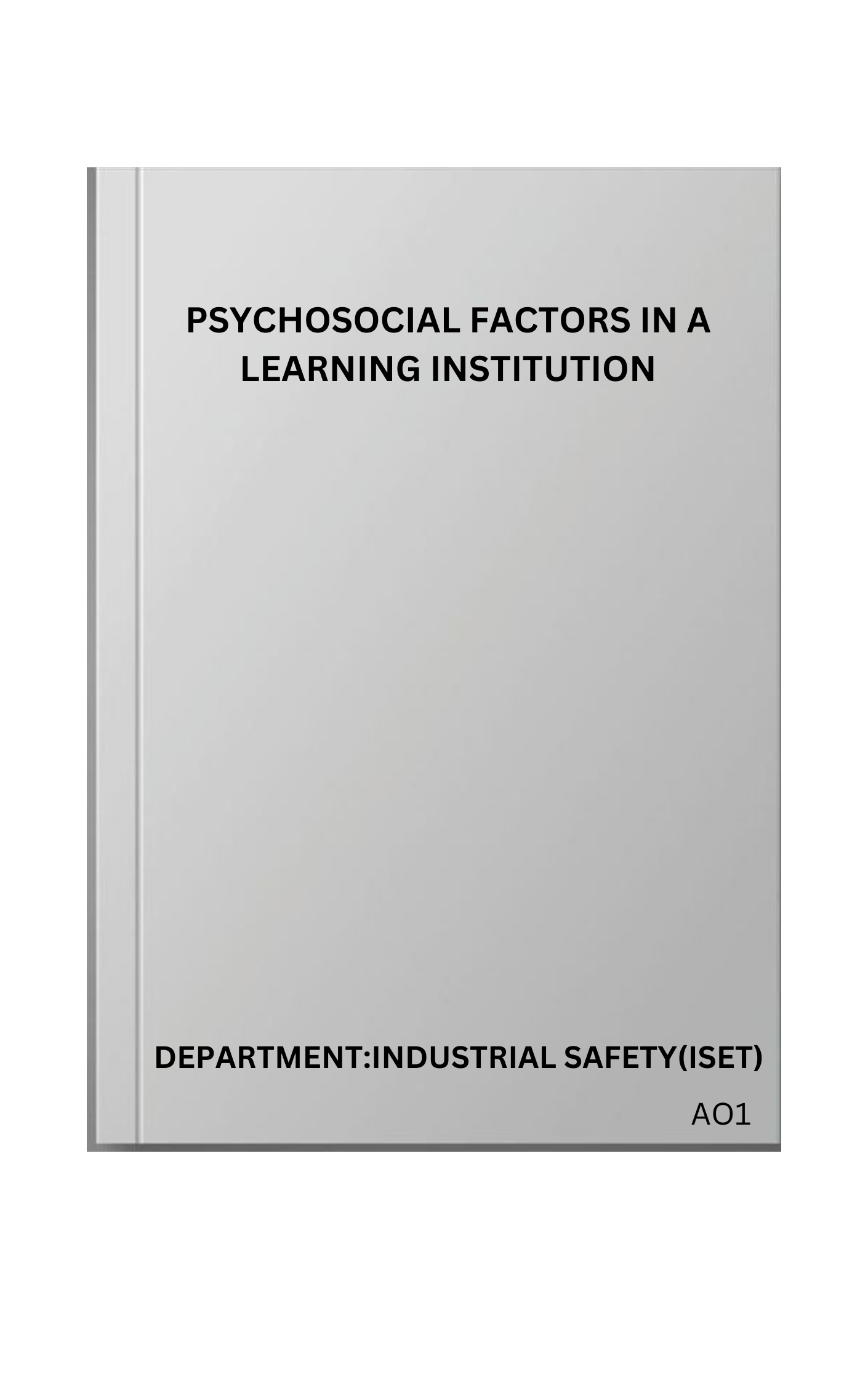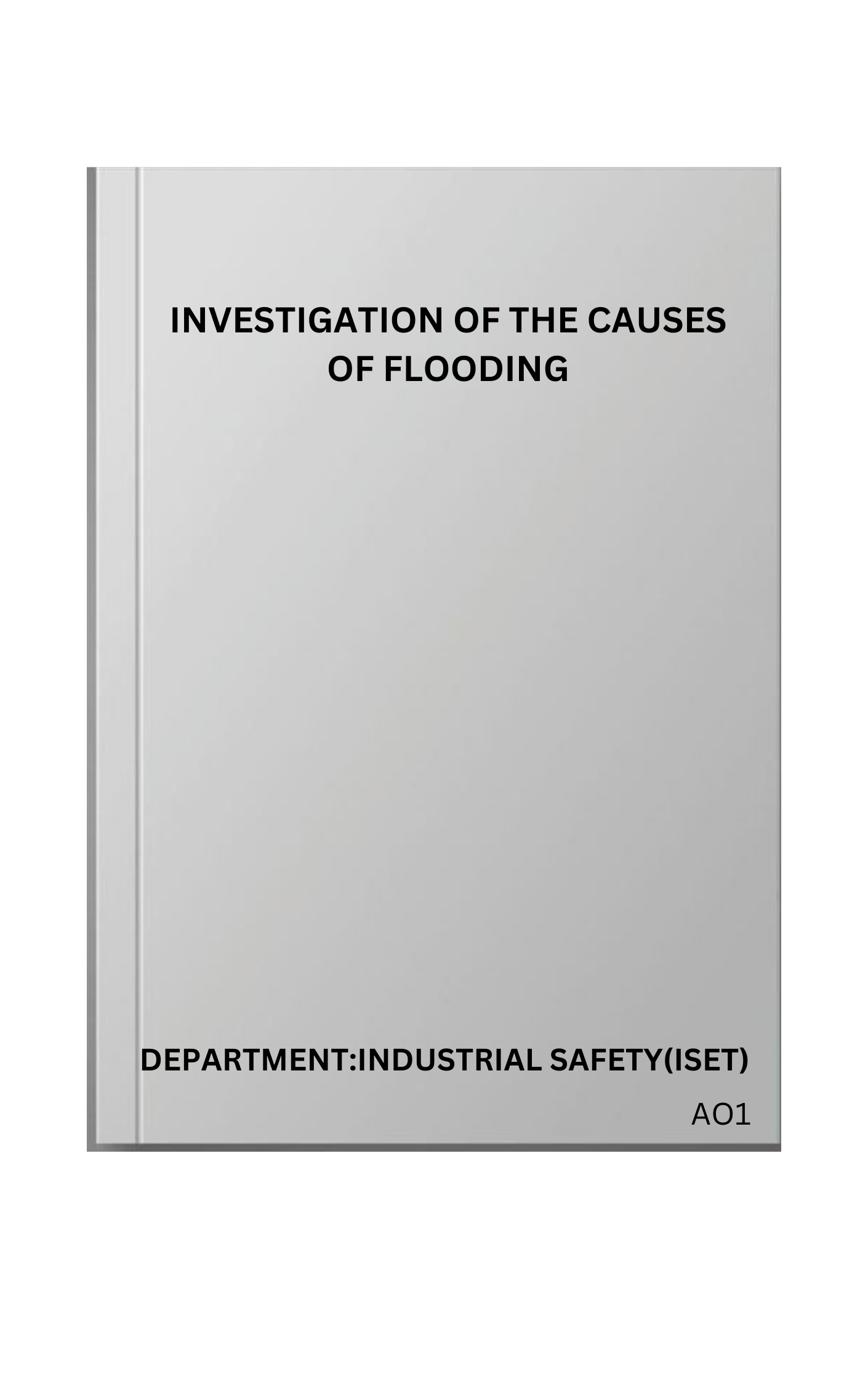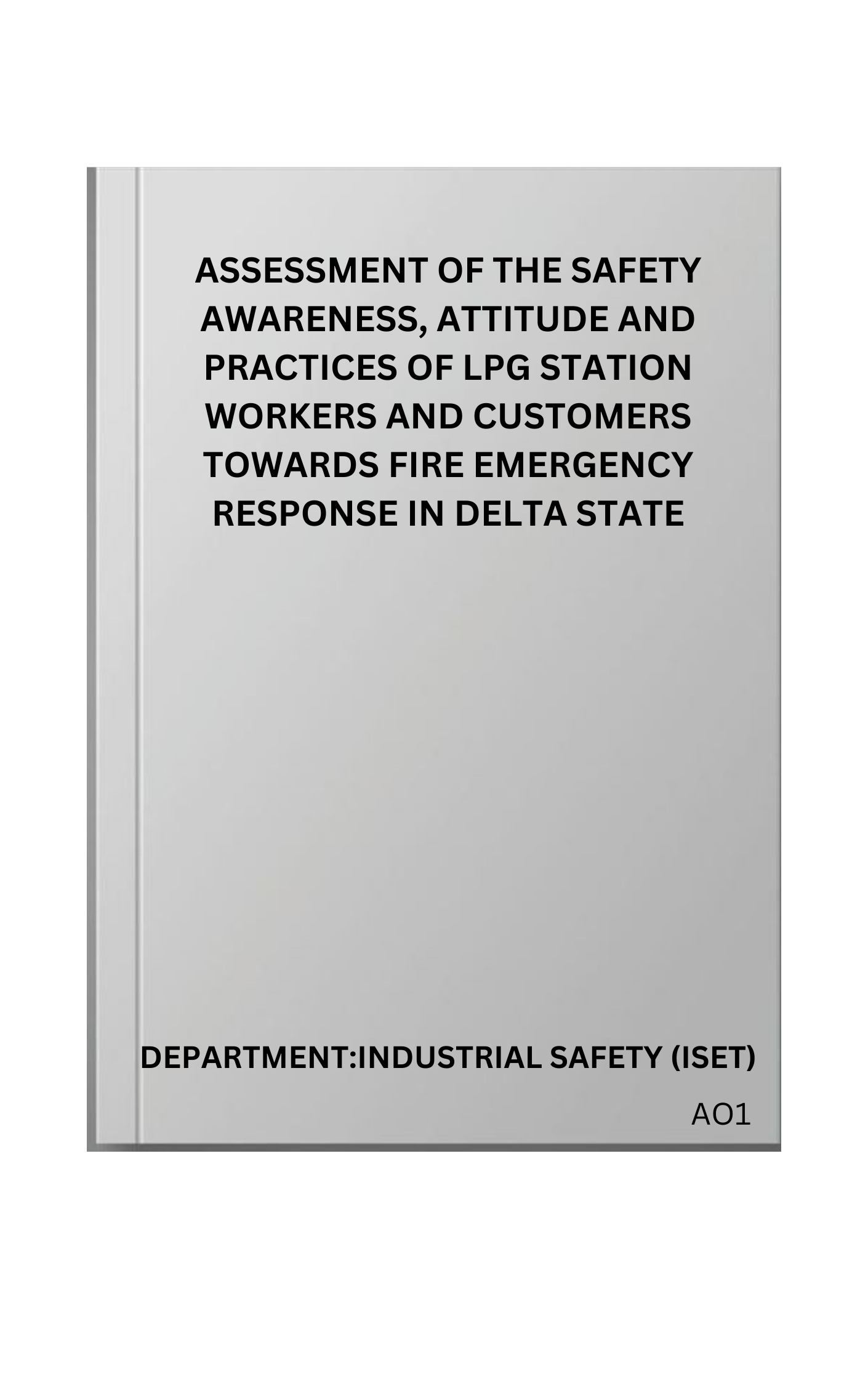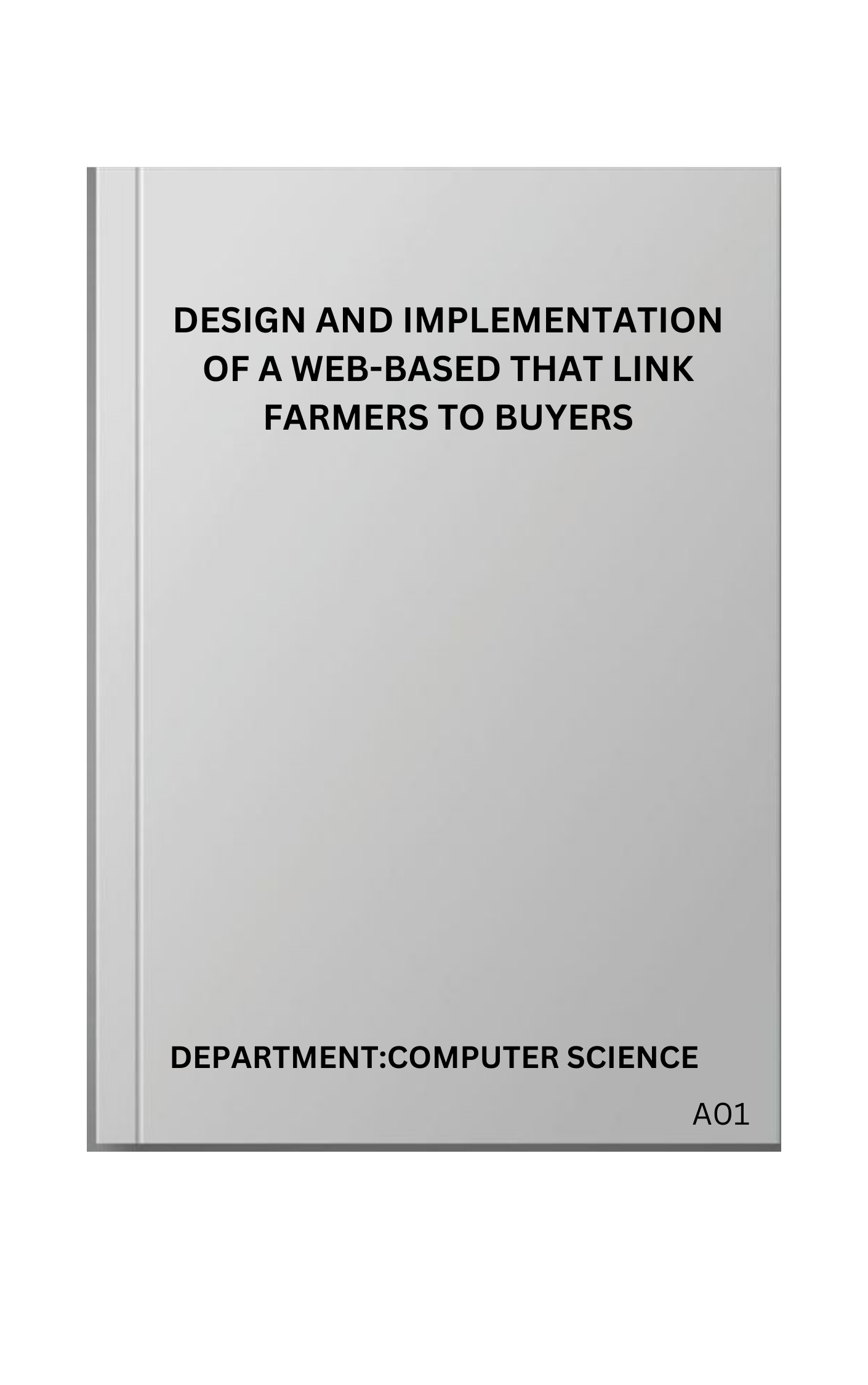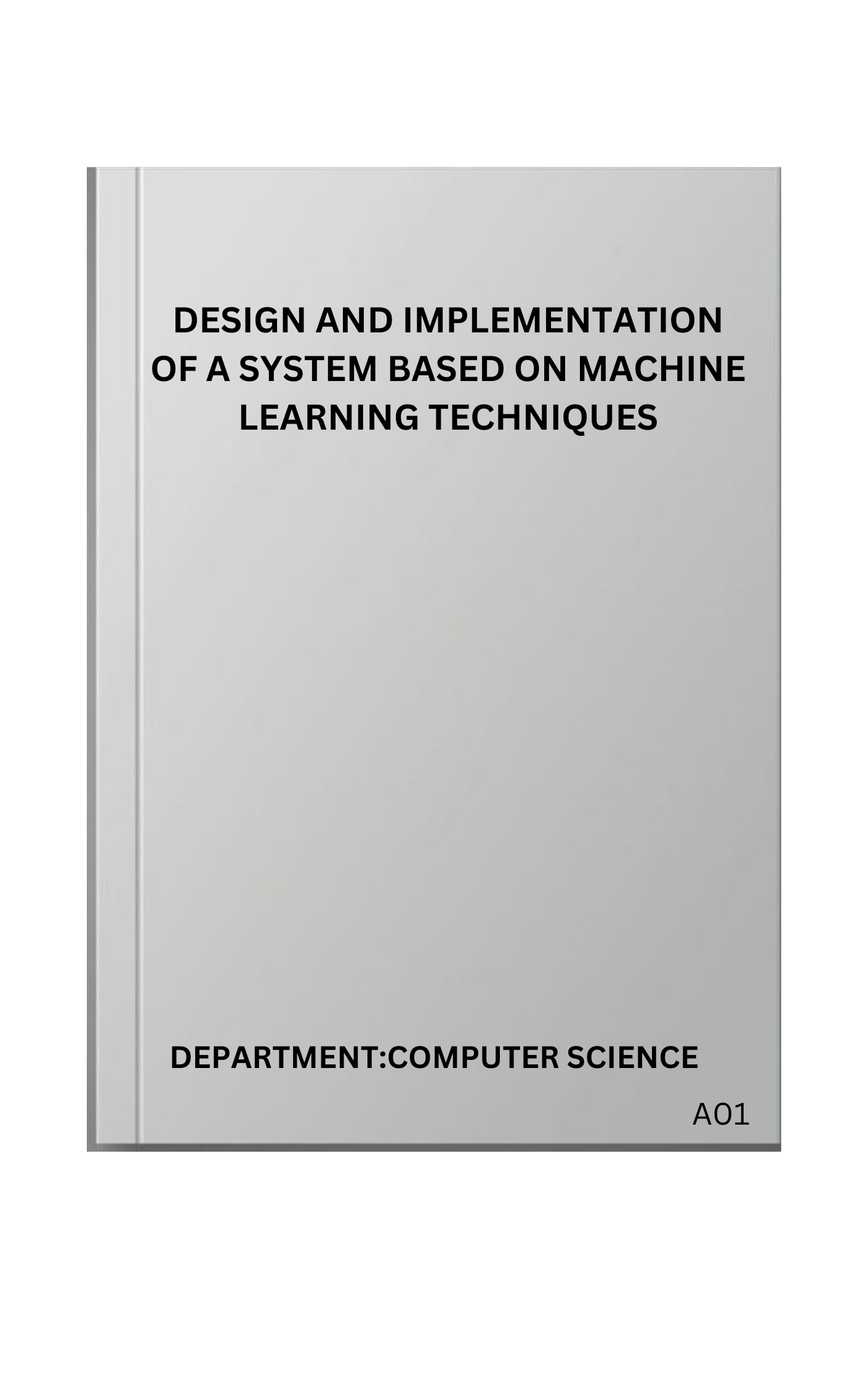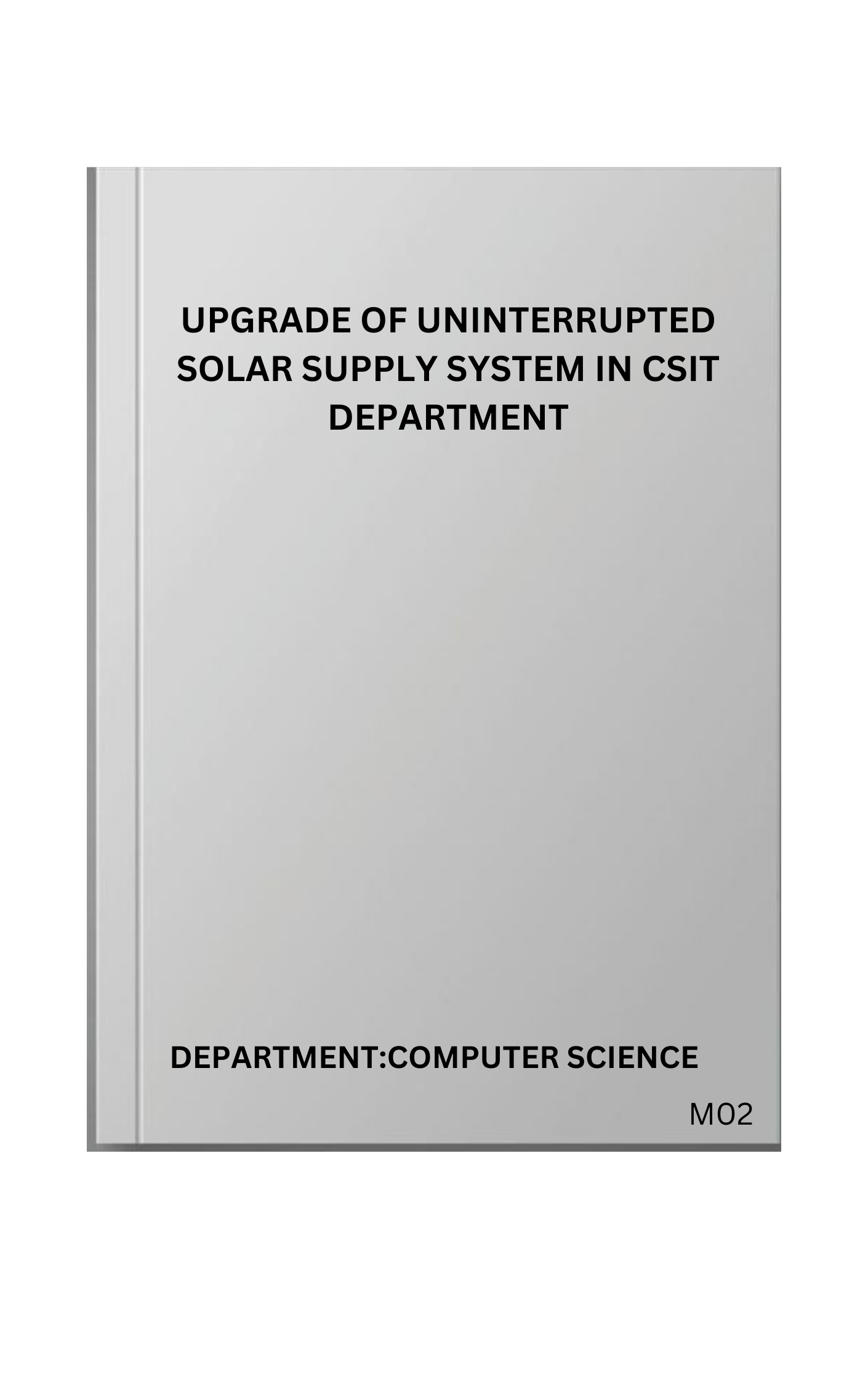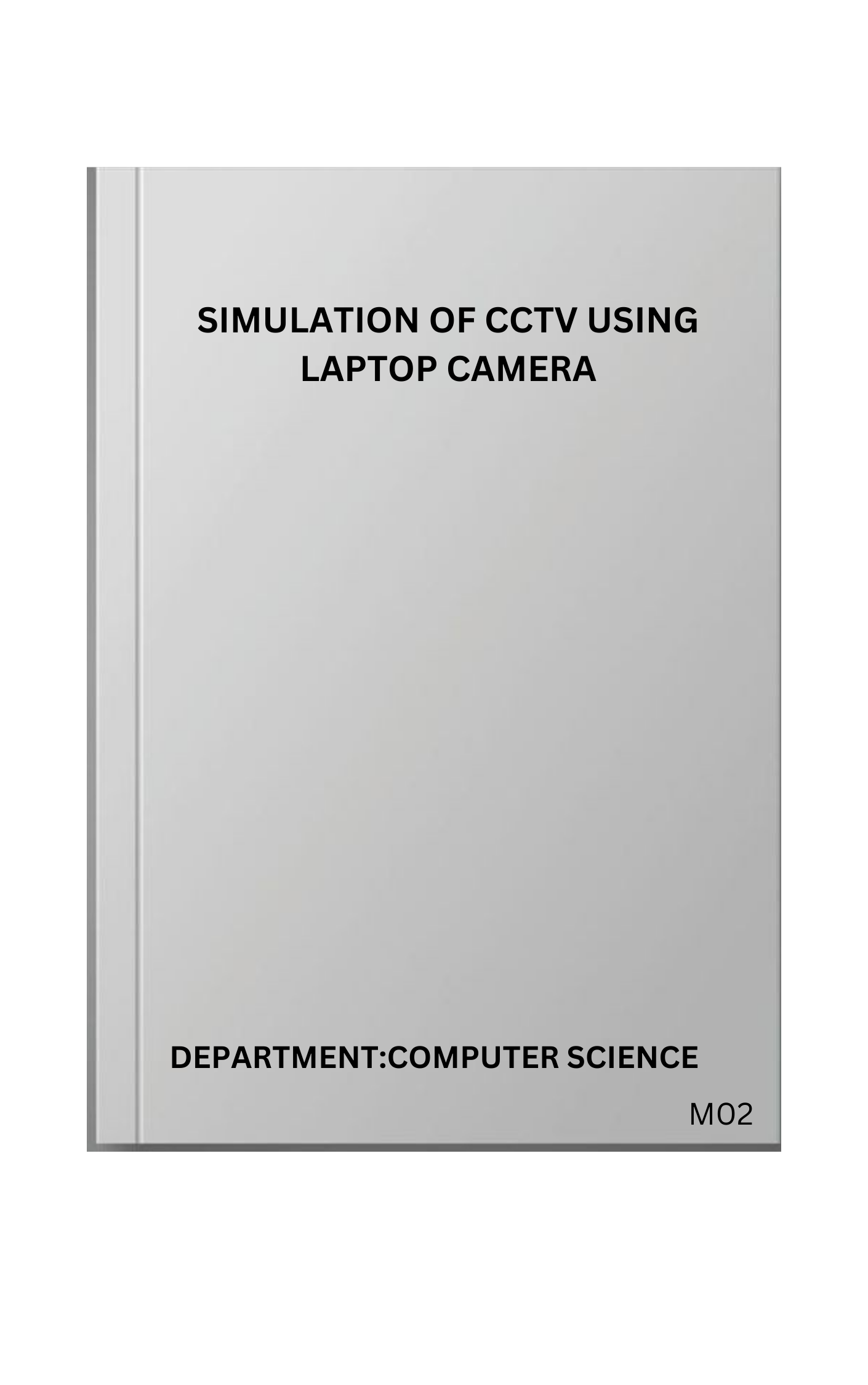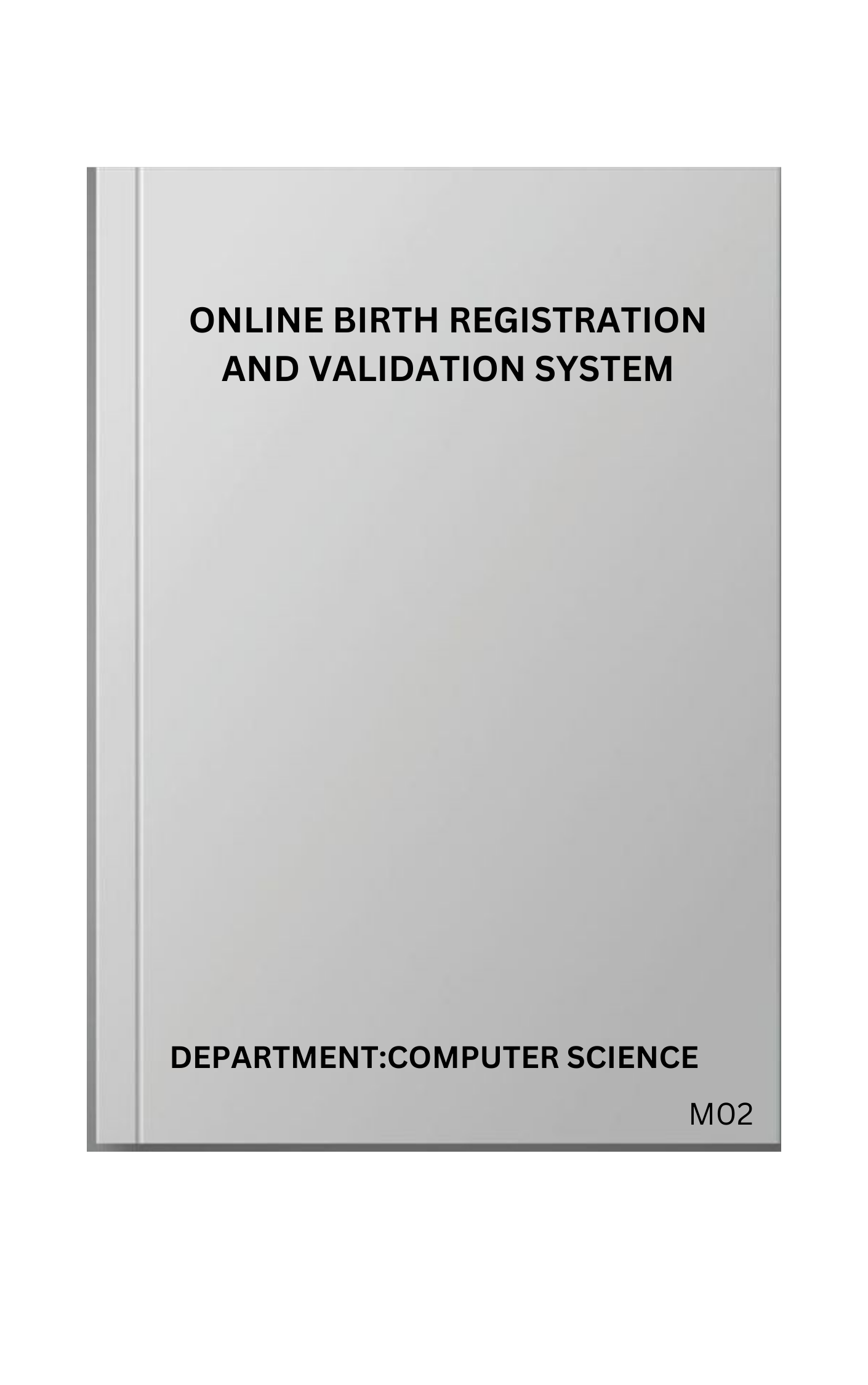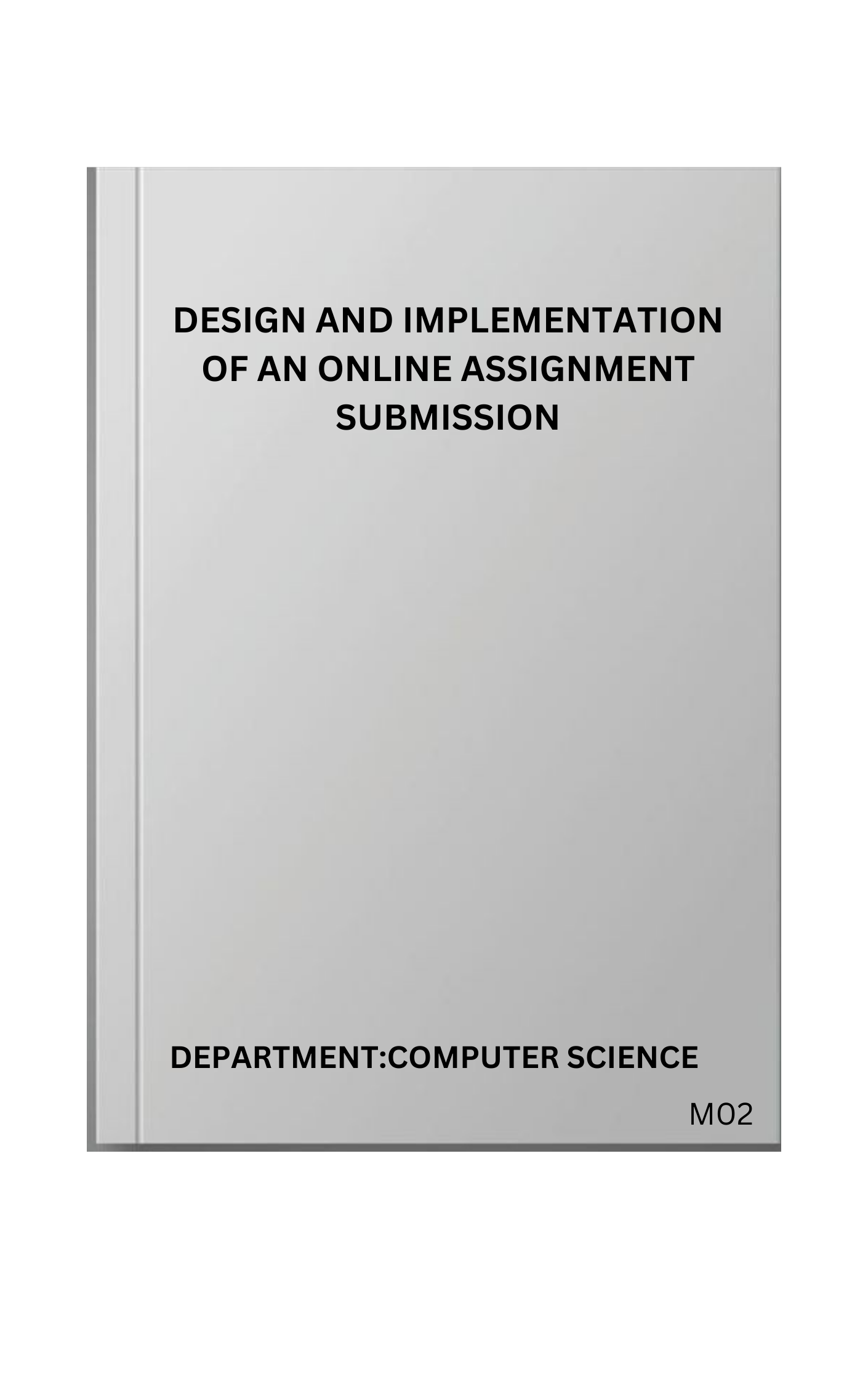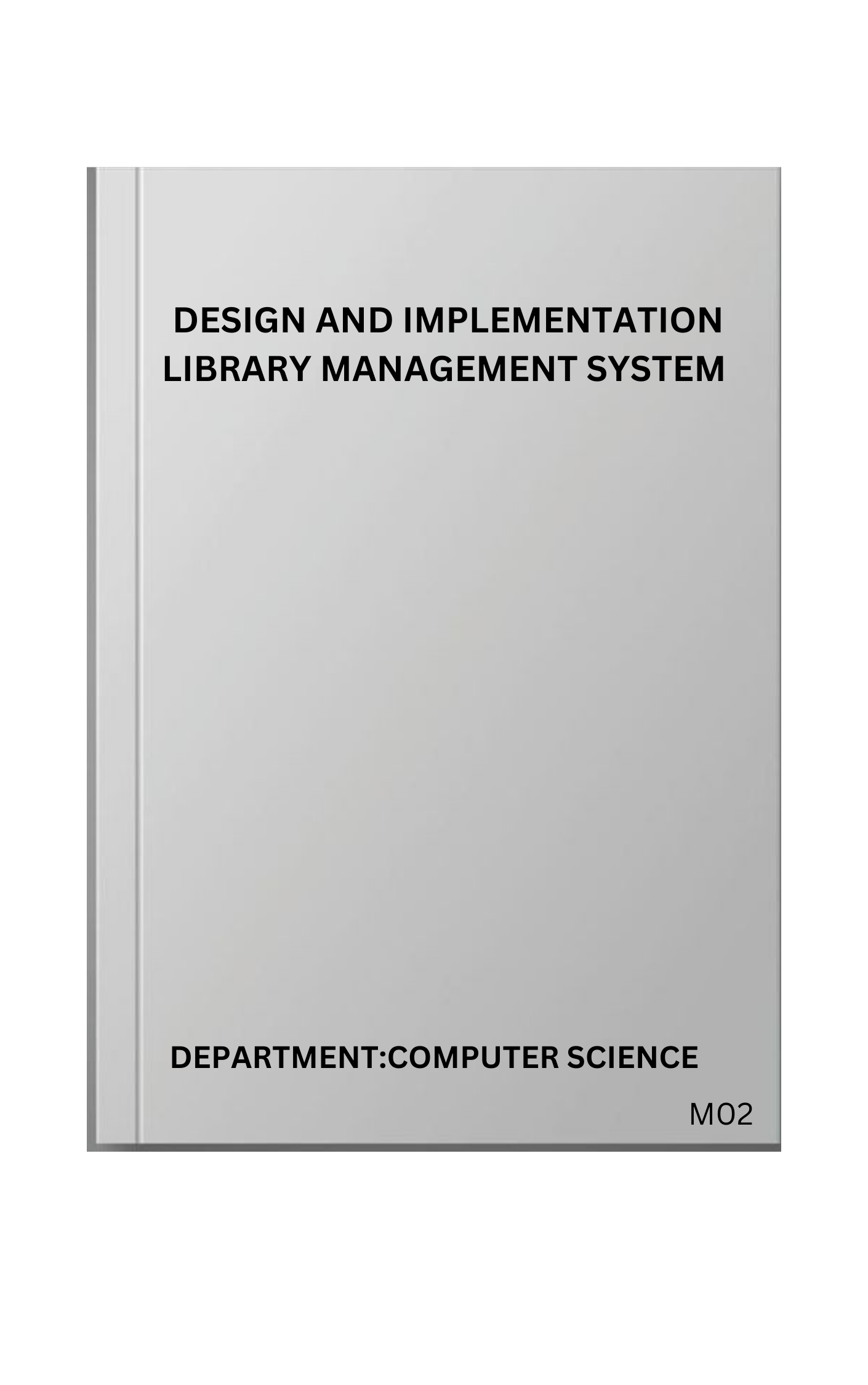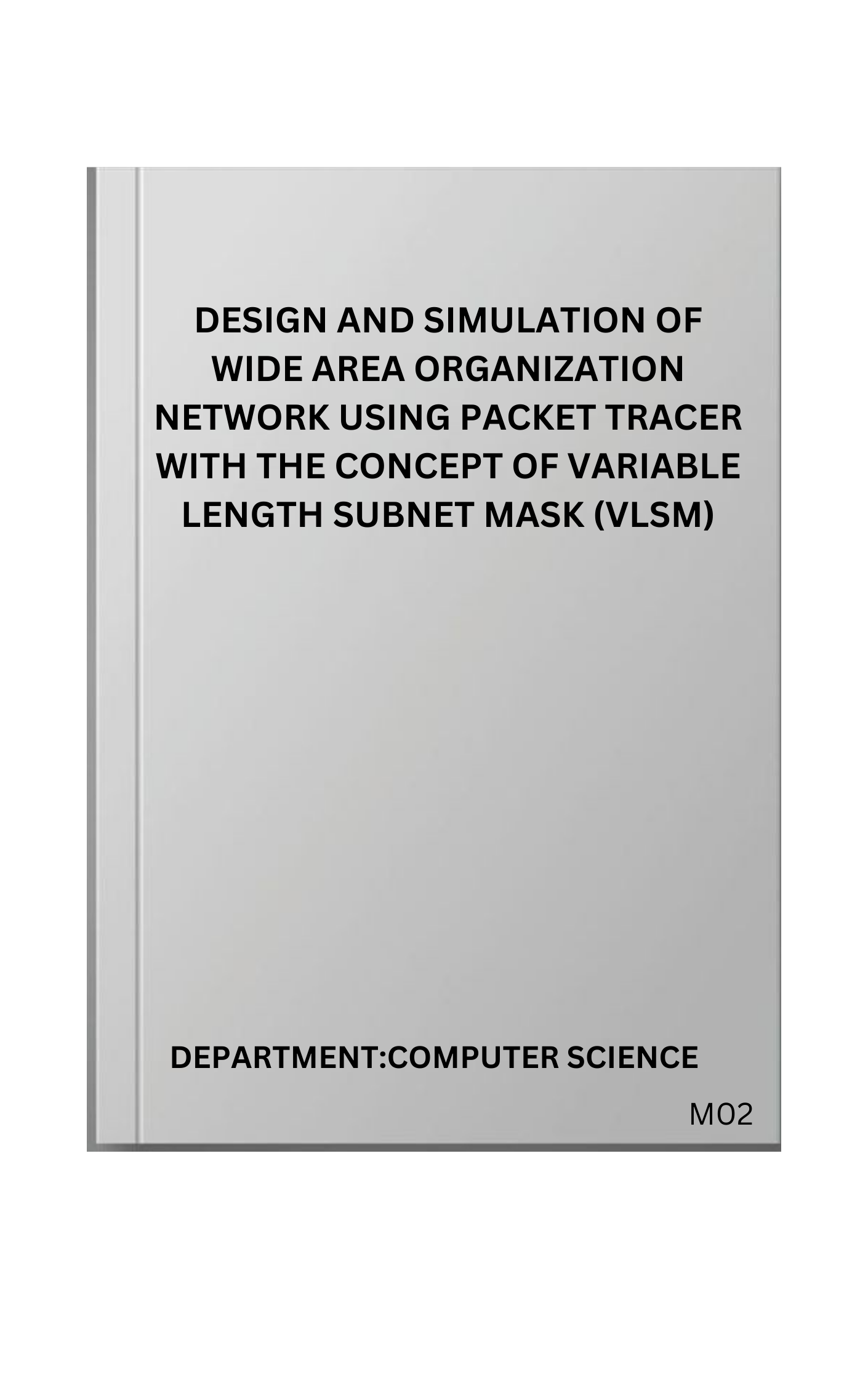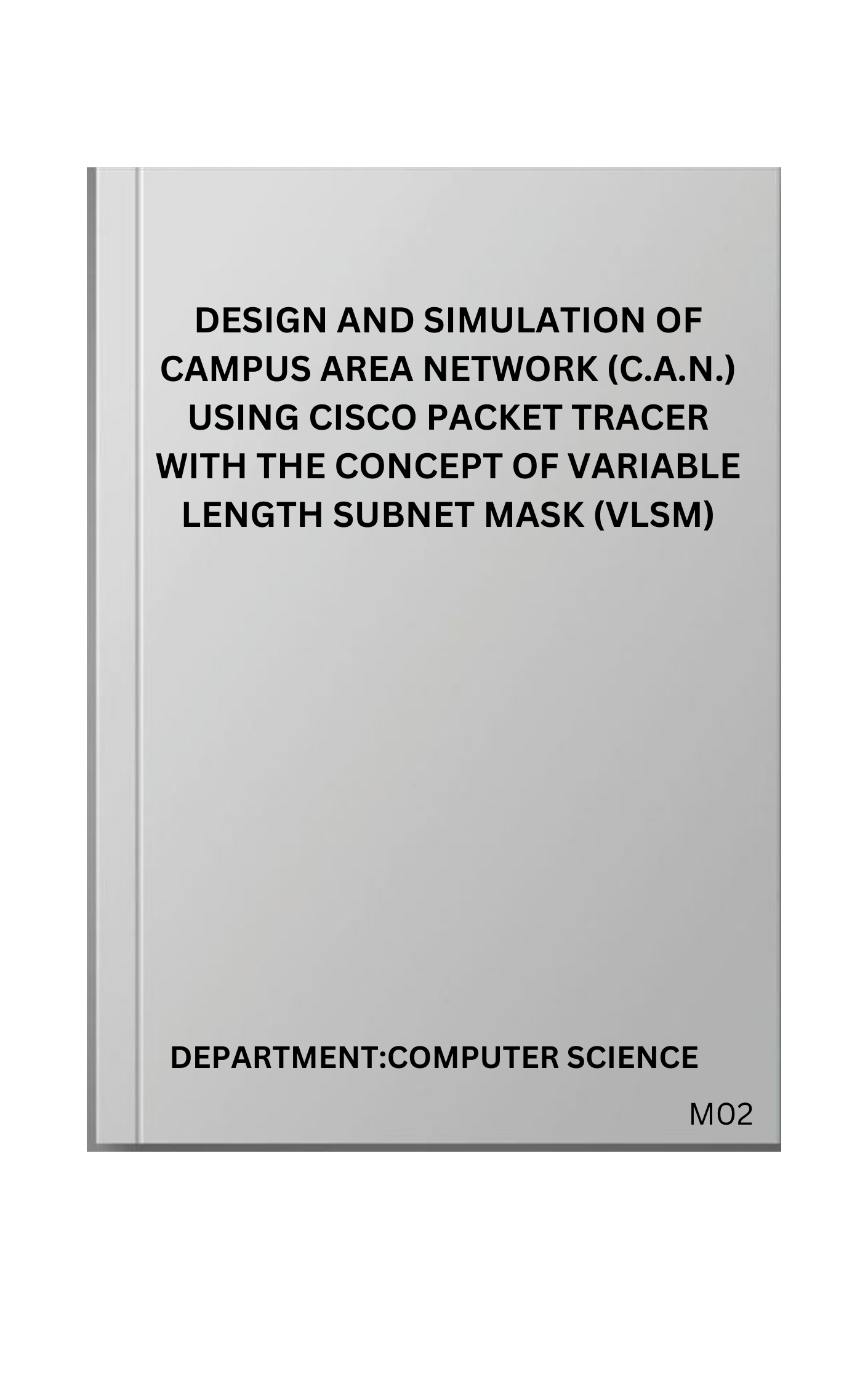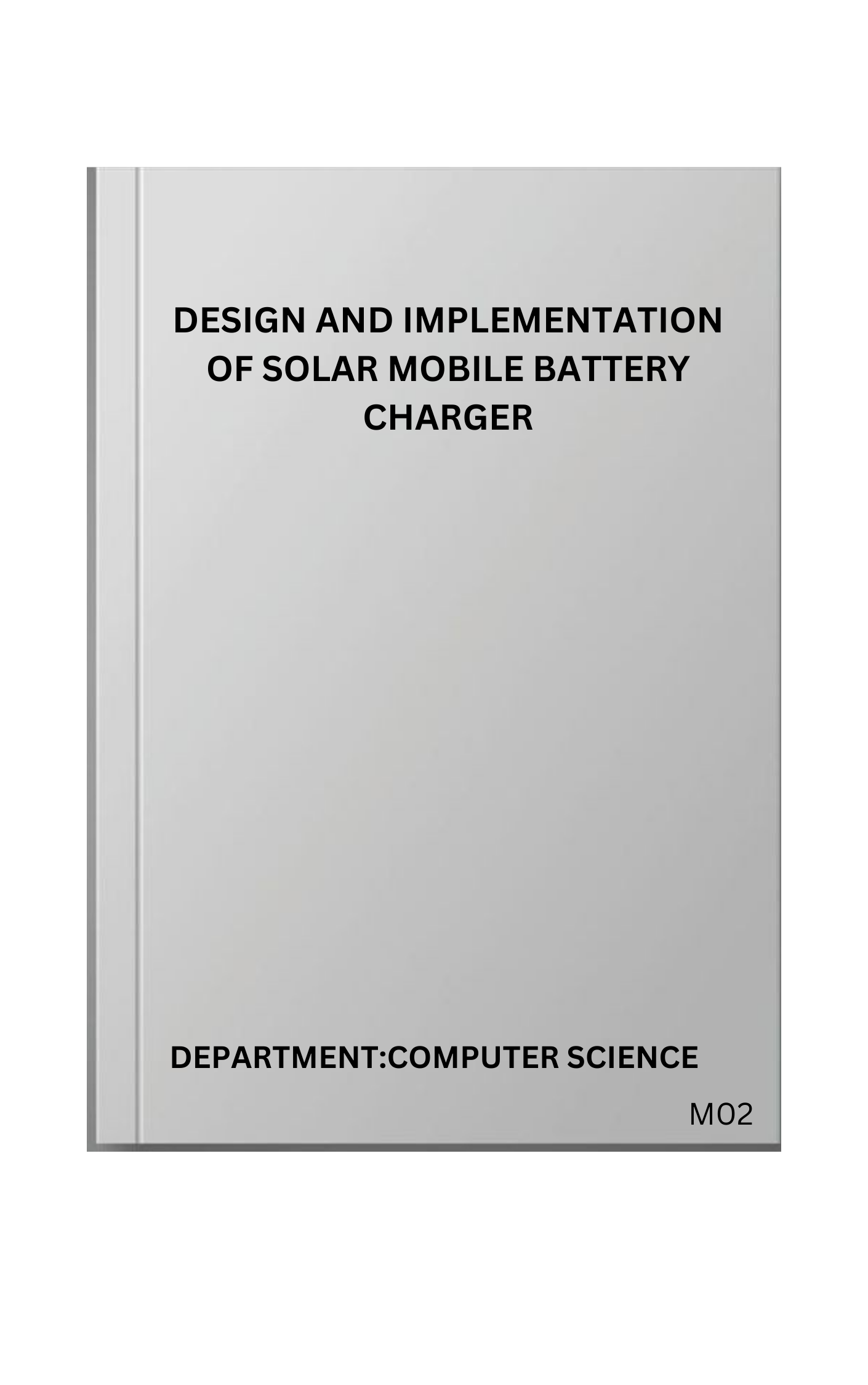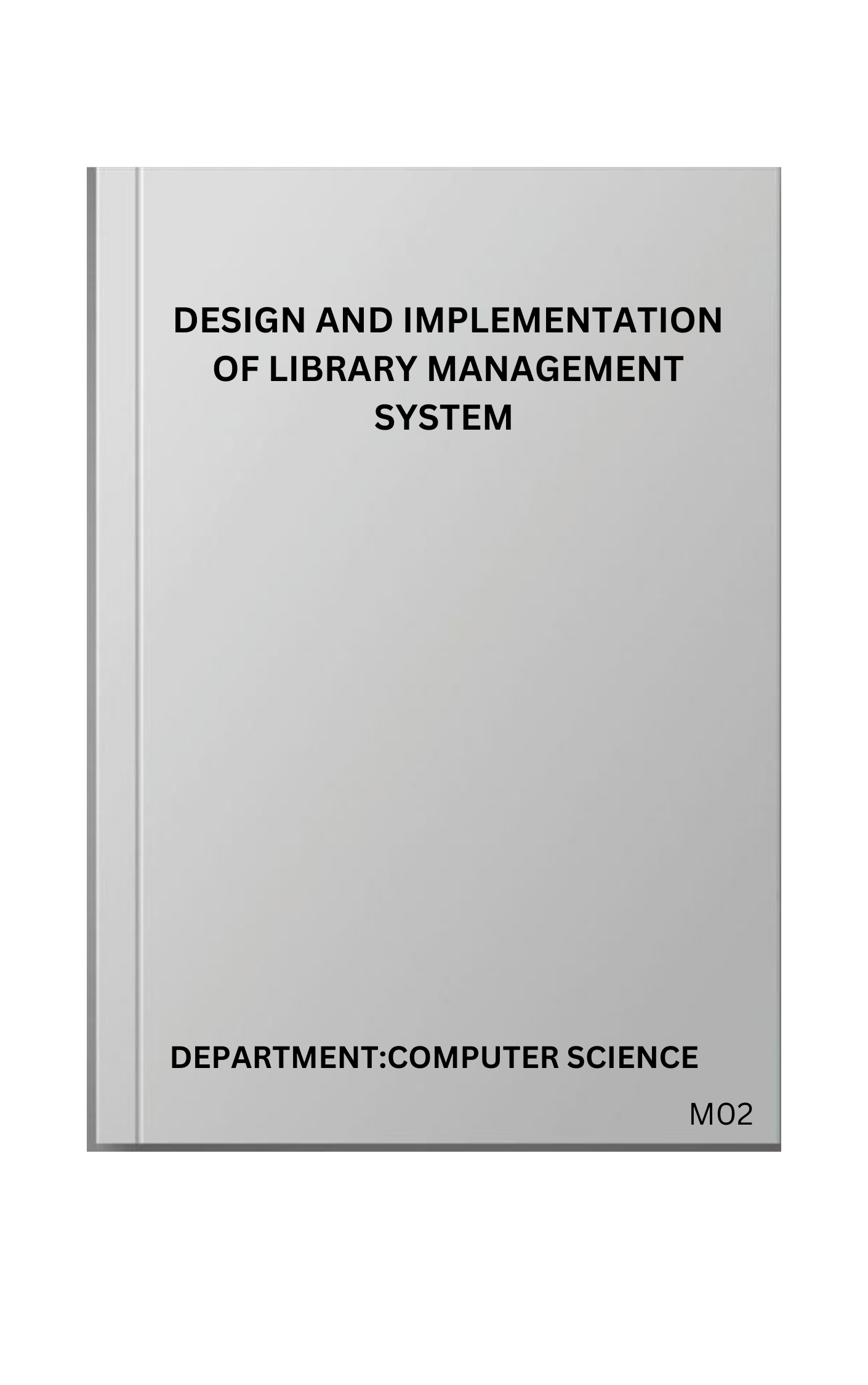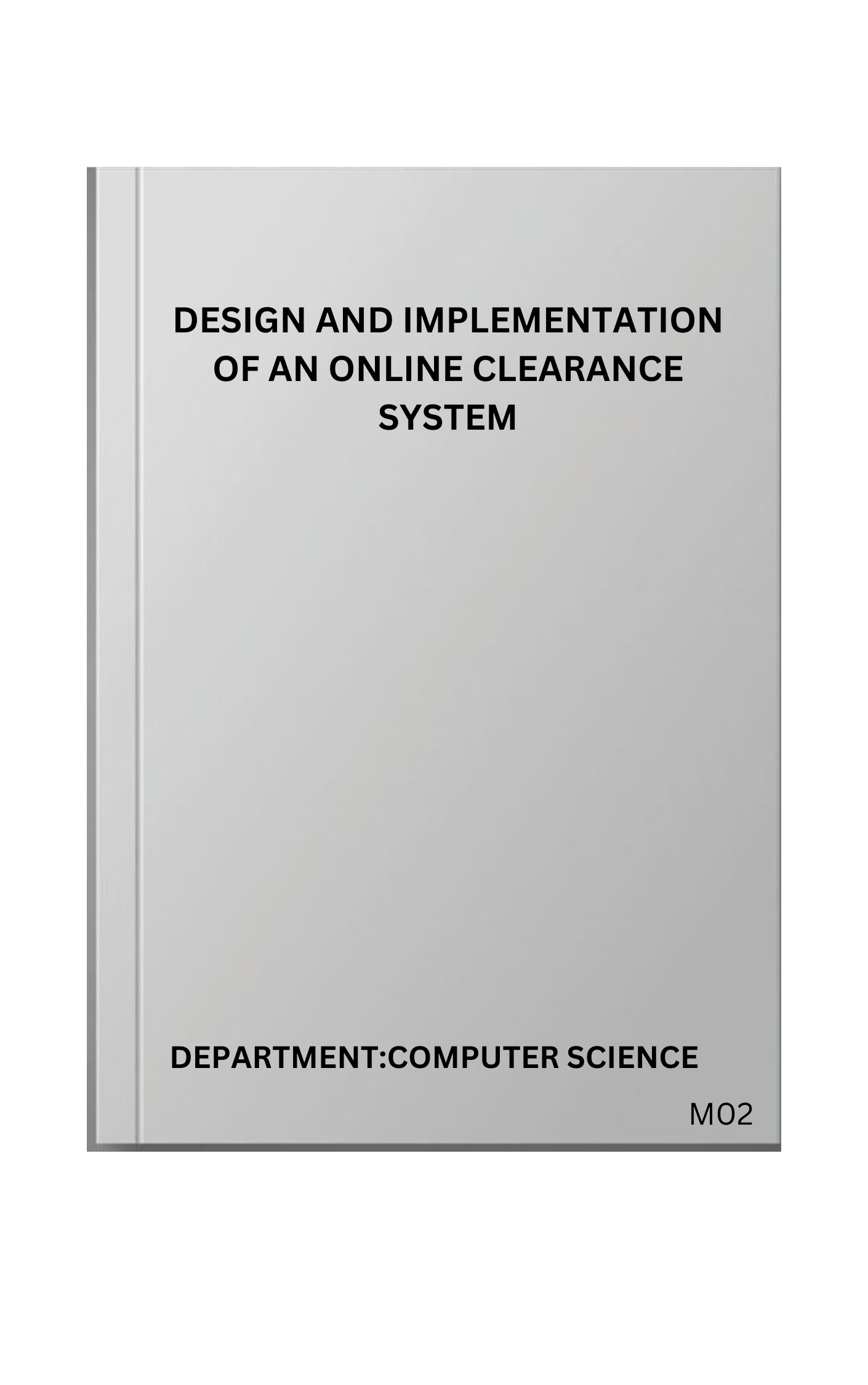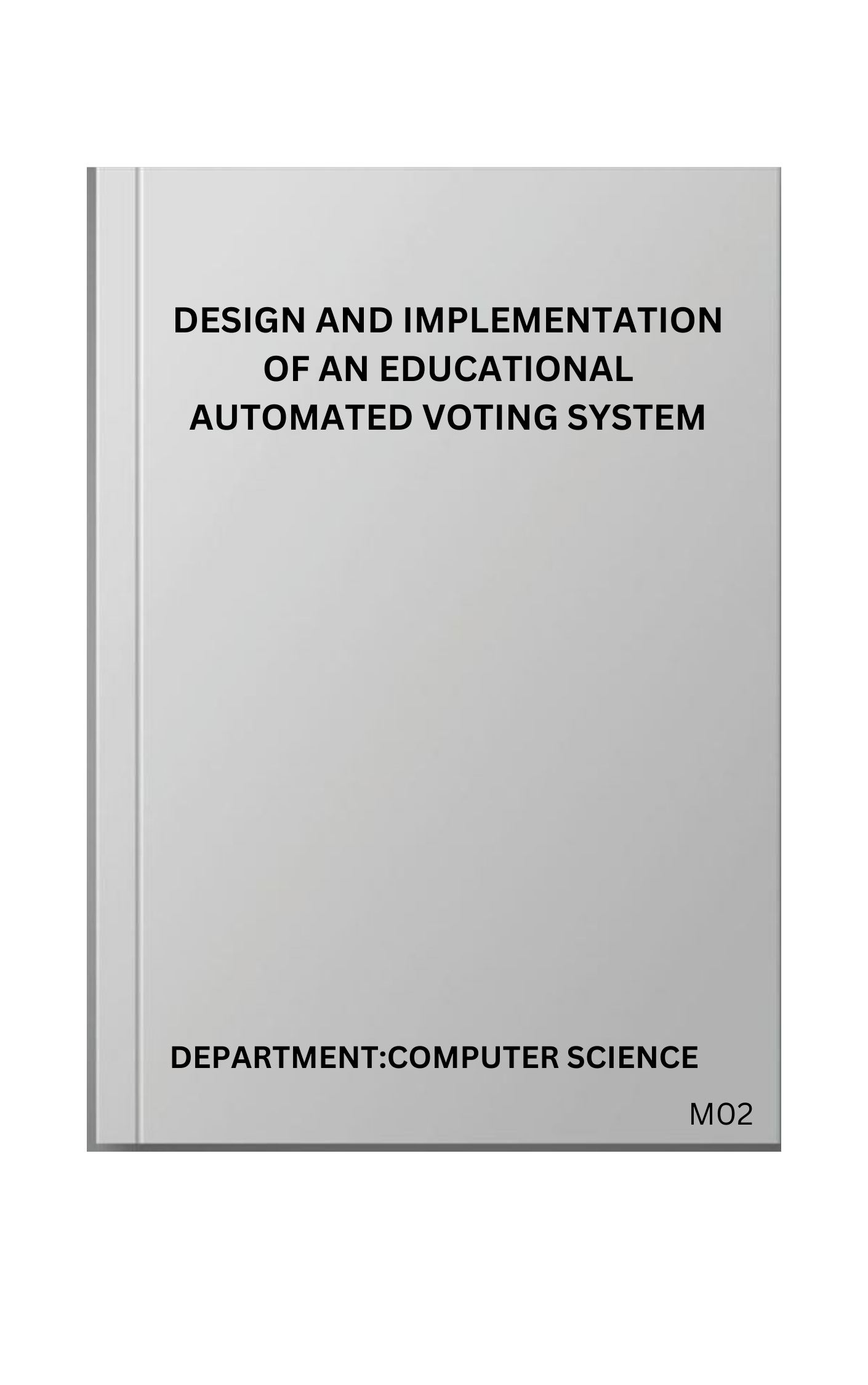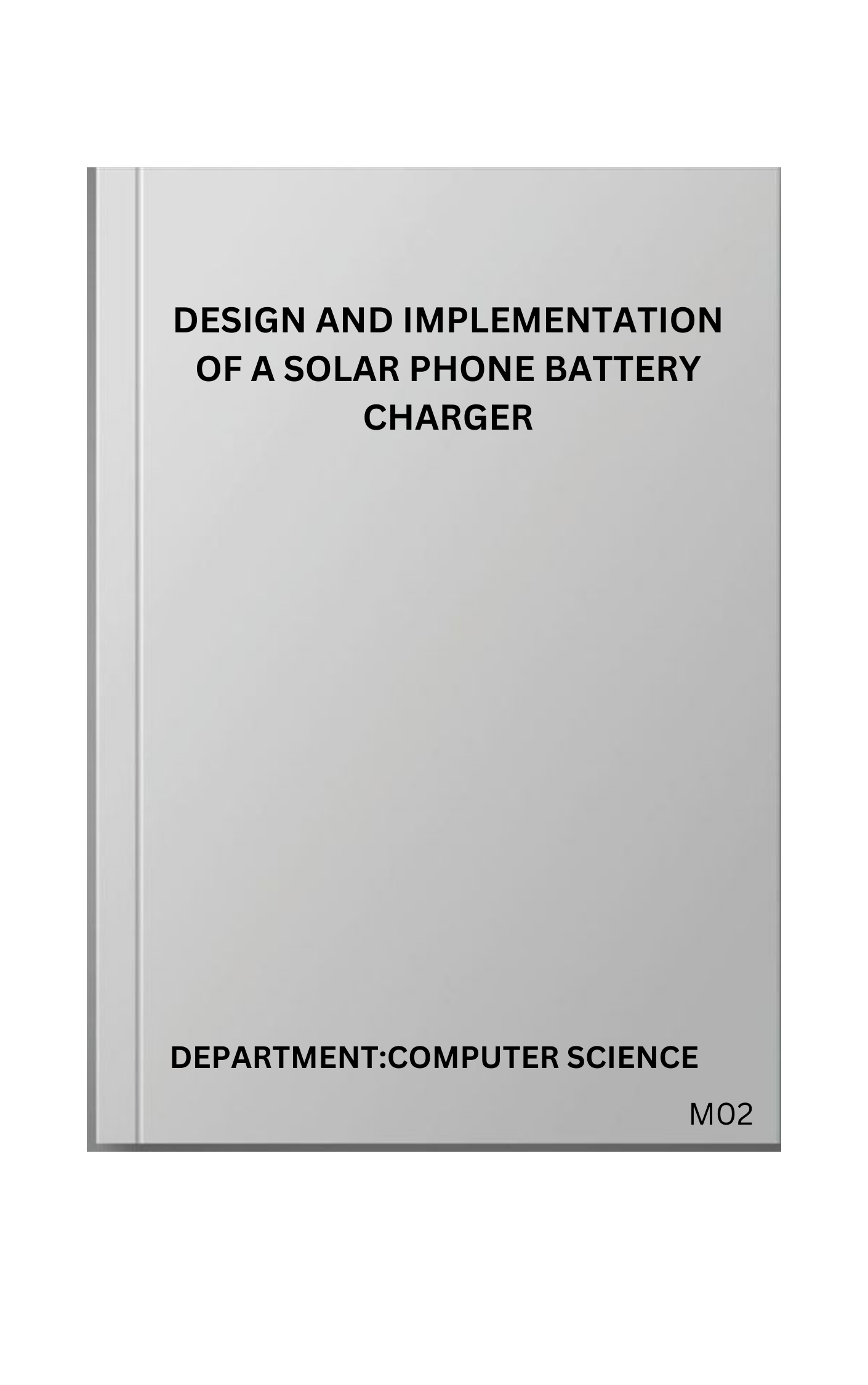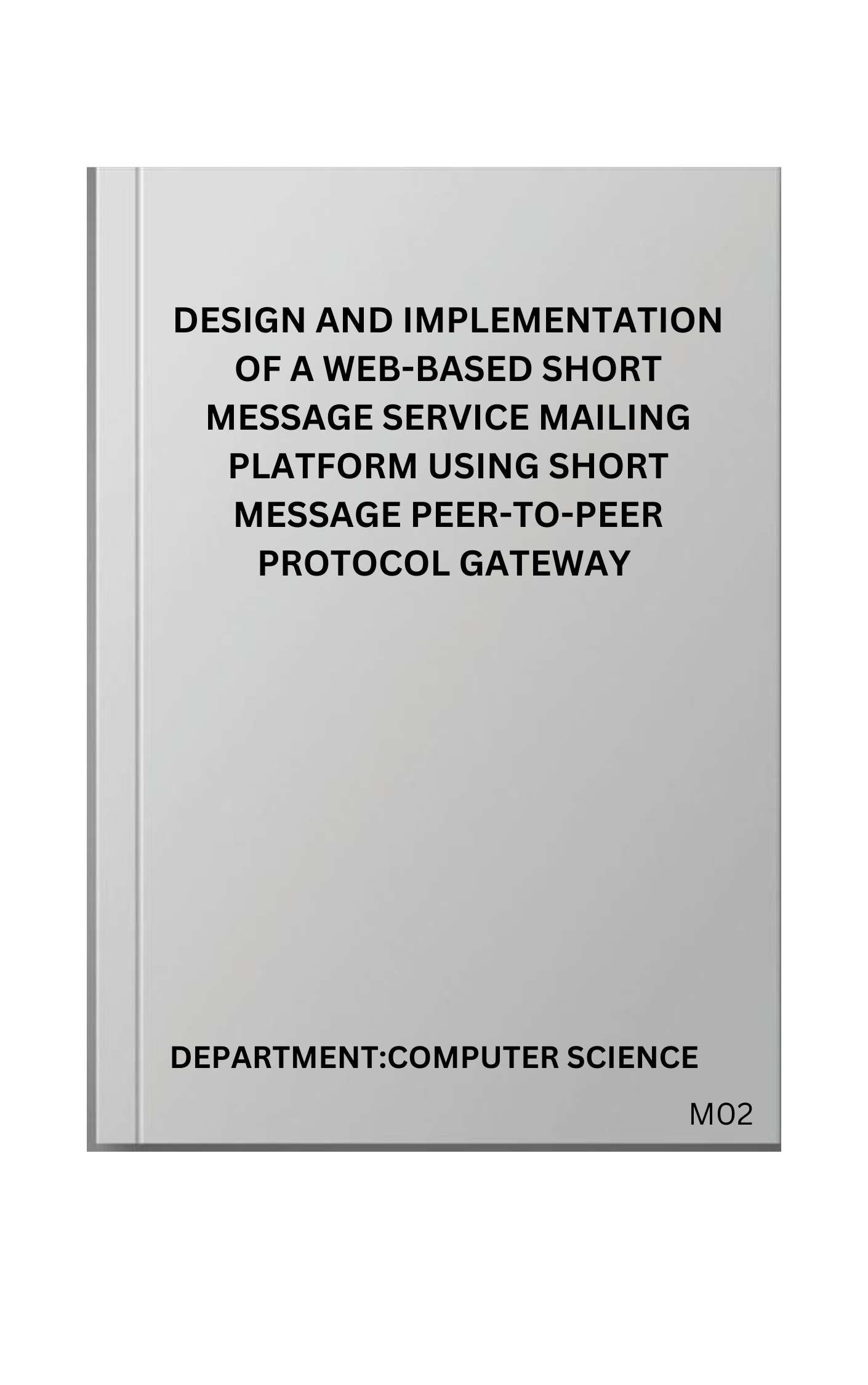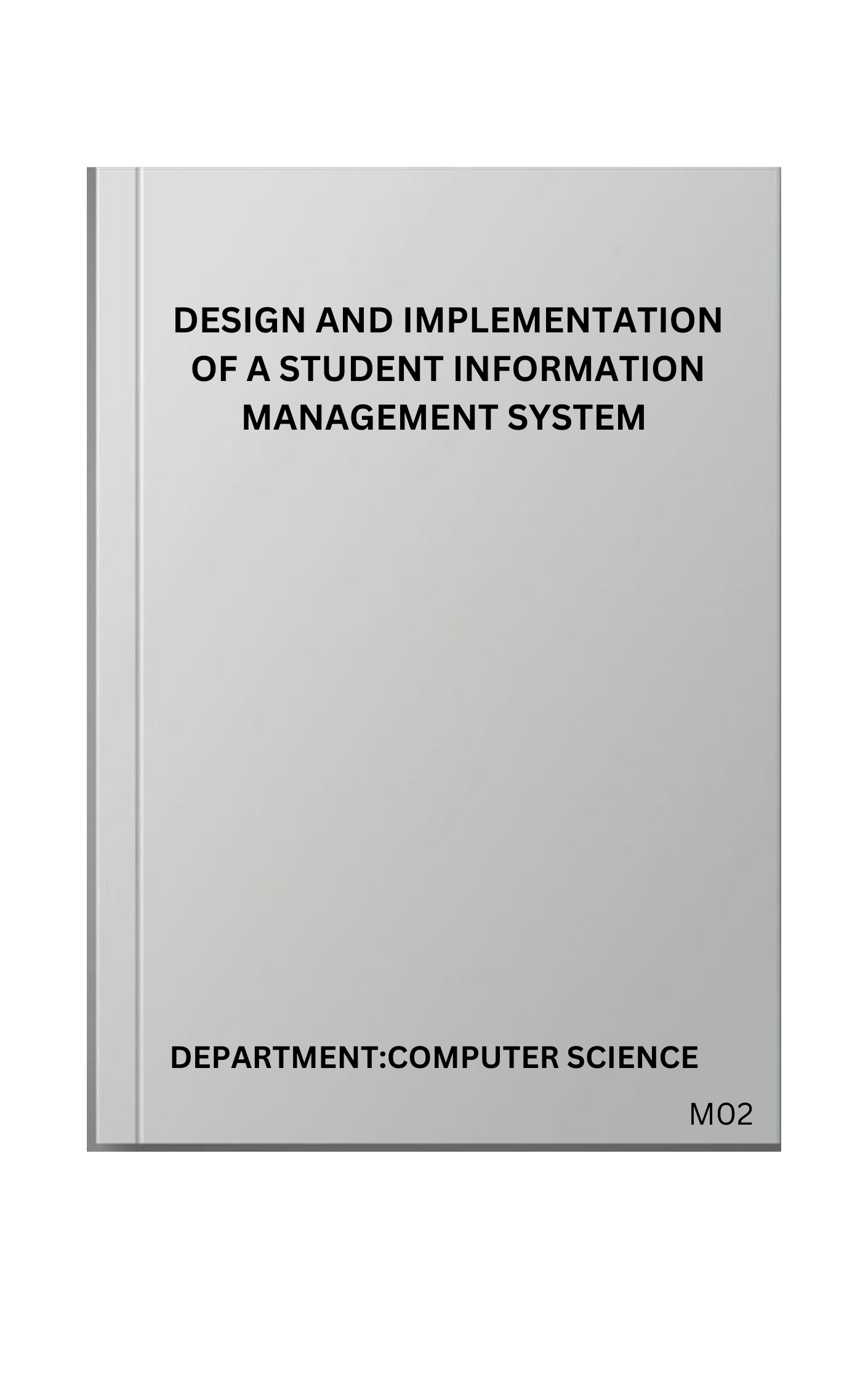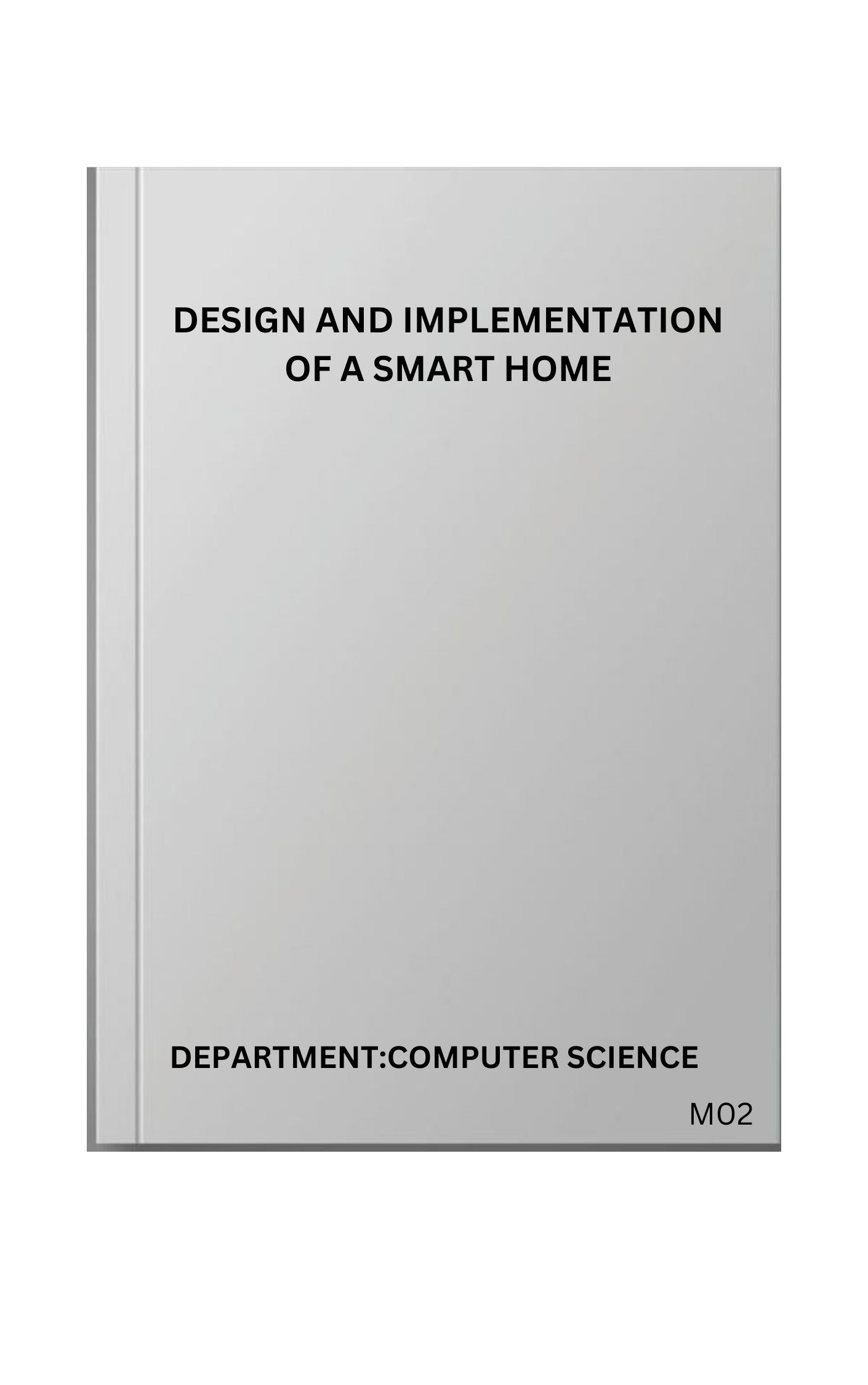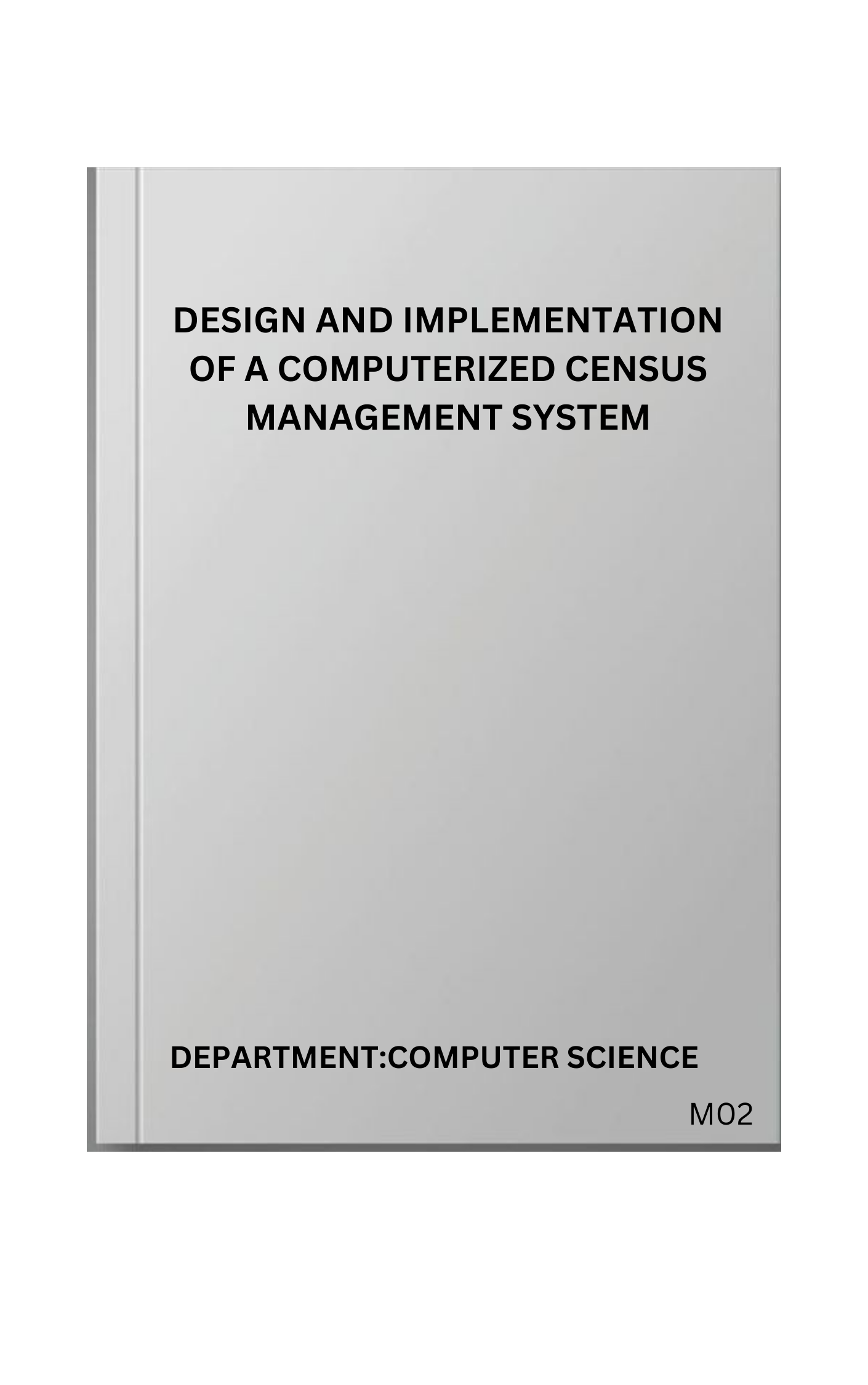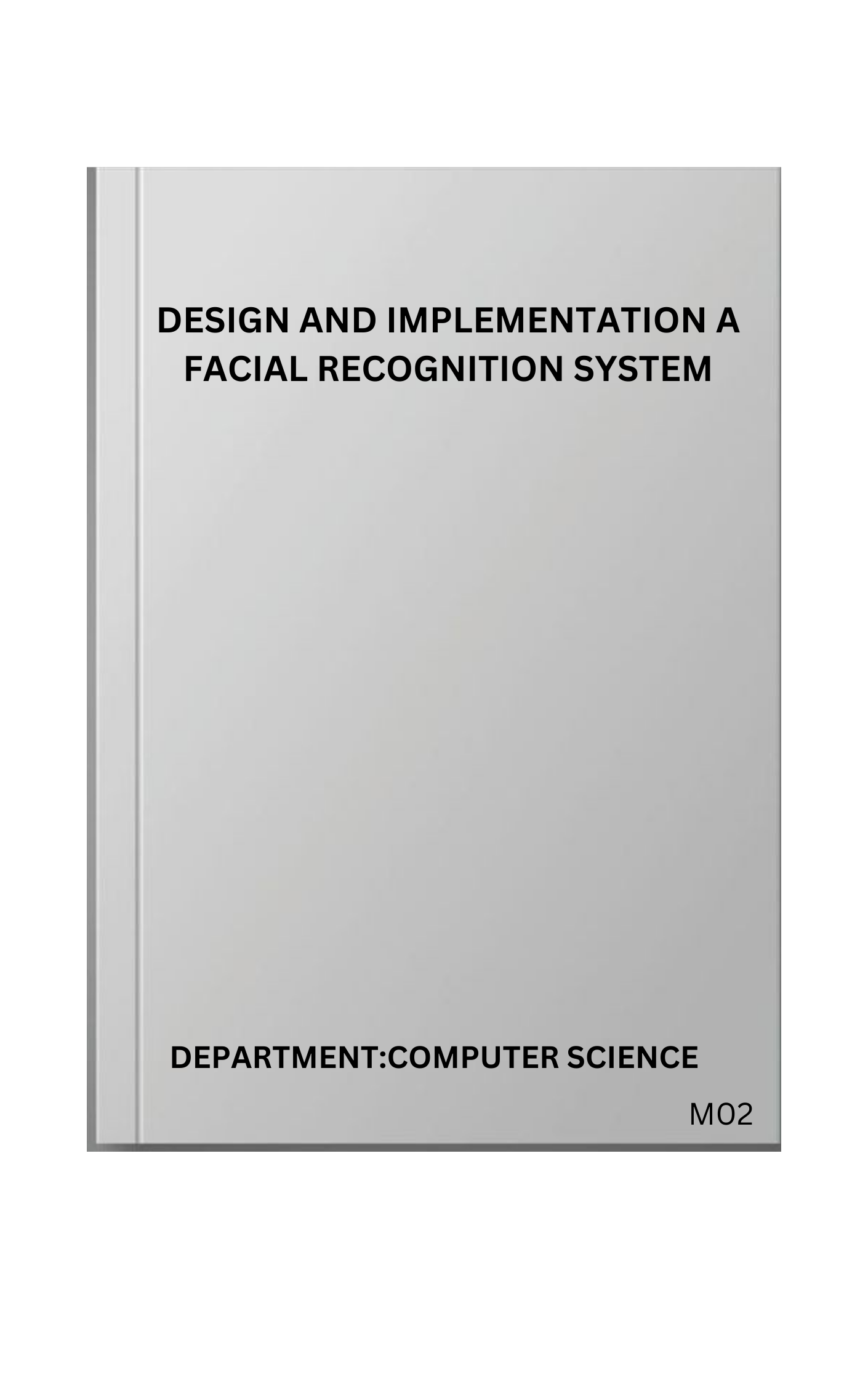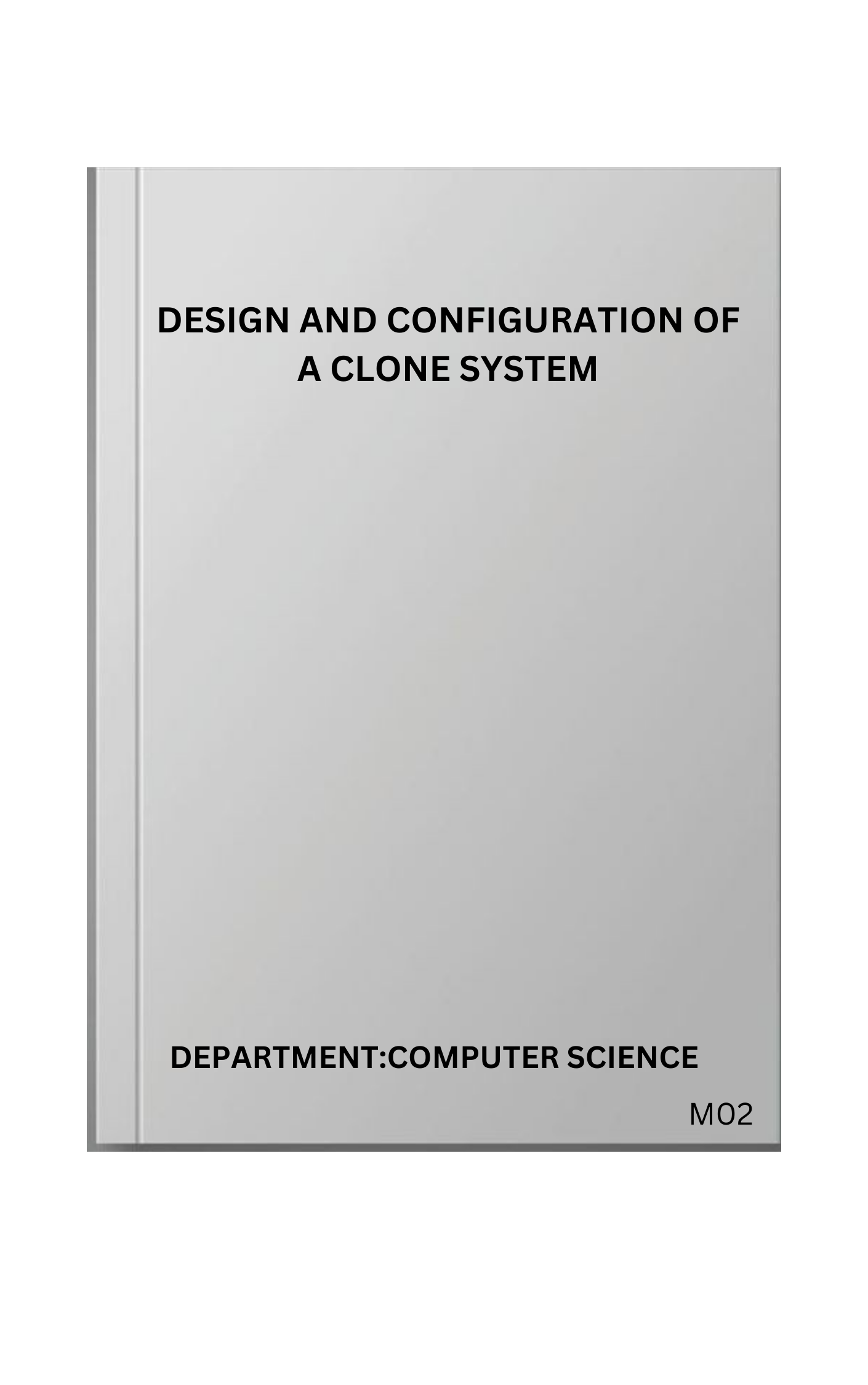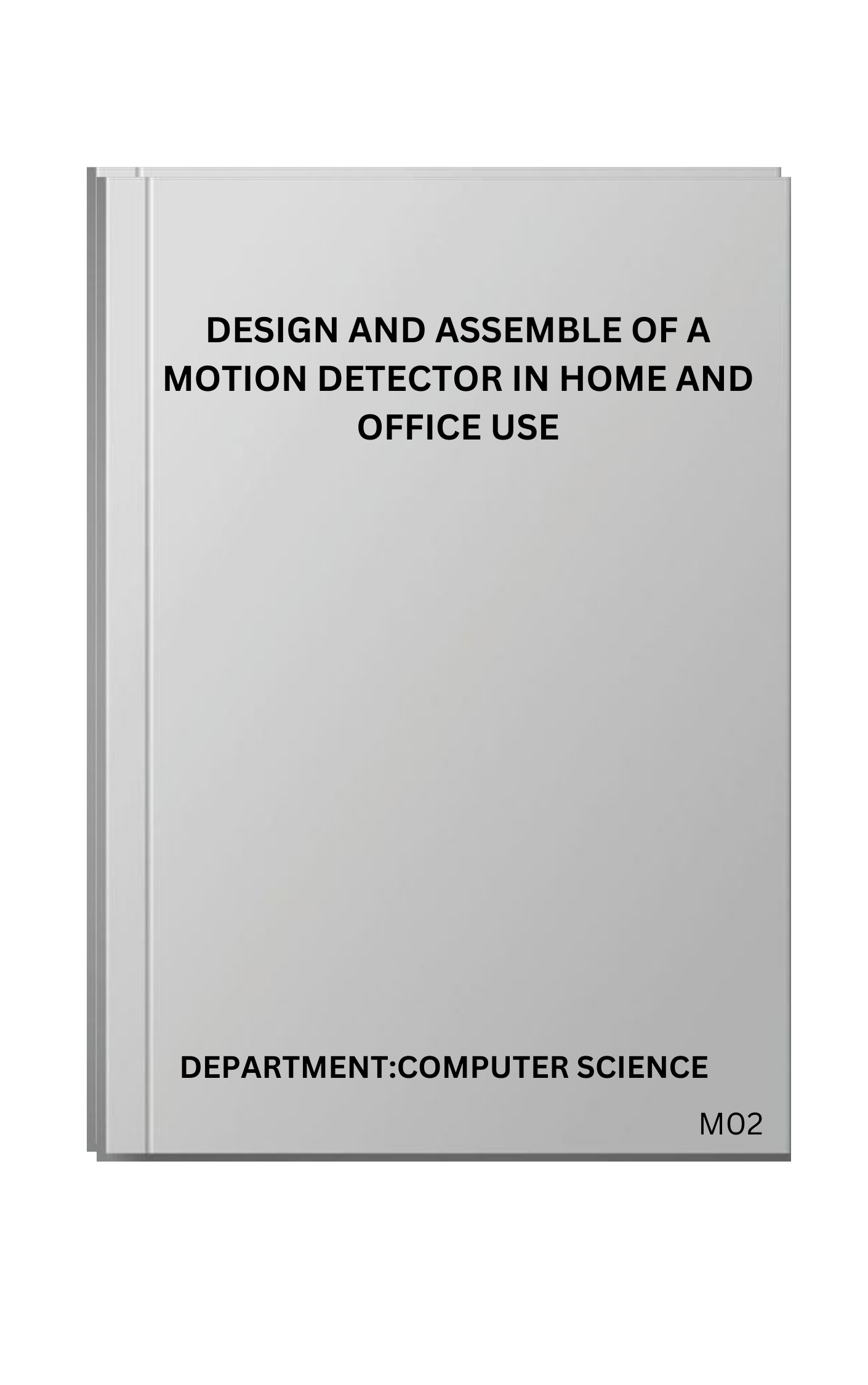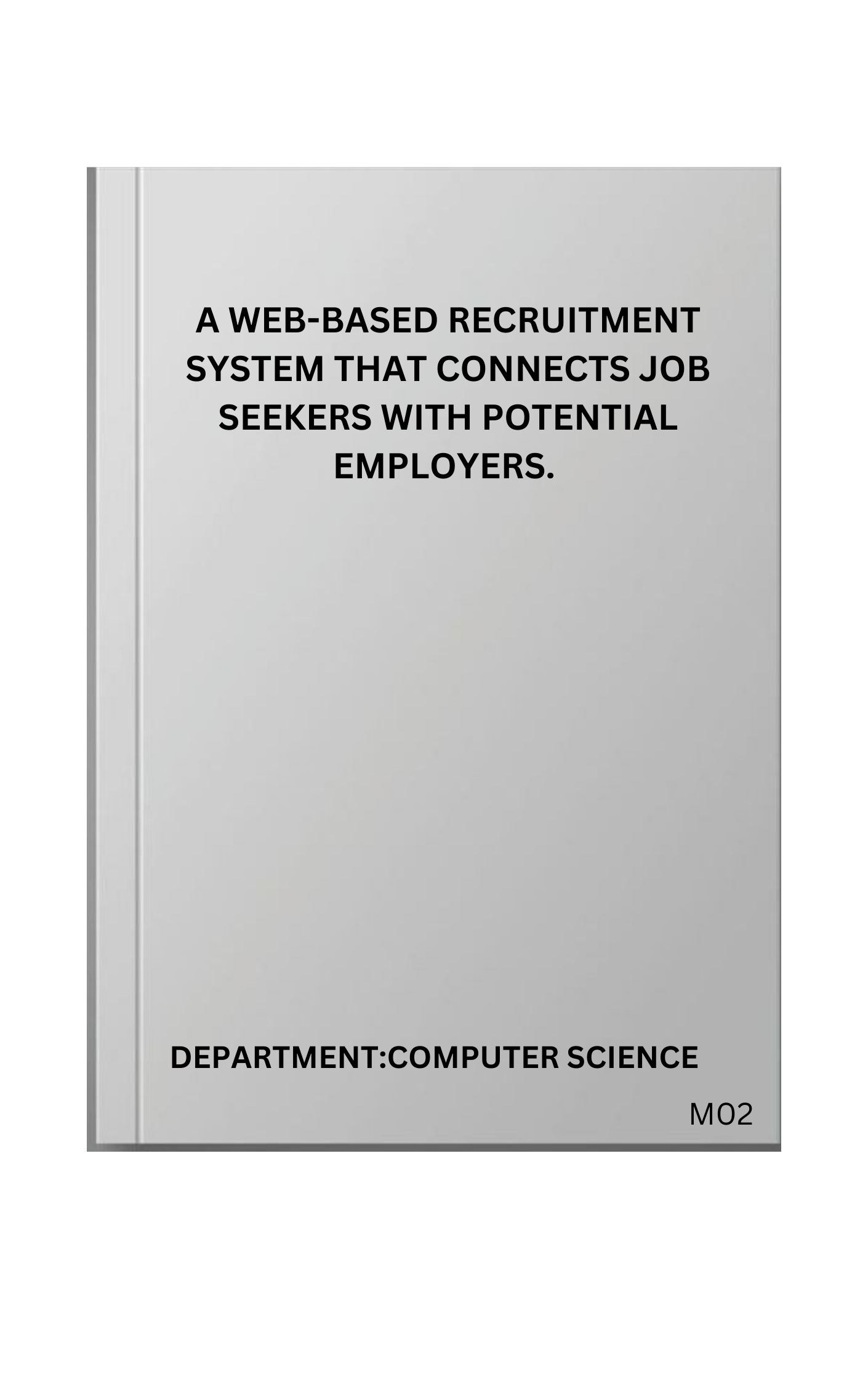CHAPTER ONE: INTRODUCTION
1.1 Background to the Study
Nigeria's public universities face multifaceted challenges in managing compensation practices and enhancing employee performance. The Federal University of Petroleum Resources, situated in the heart of Nigeria's oil-rich Niger Delta region, exemplifies these challenges due to its specialized focus on petroleum-related disciplines. In recent years, scholars and practitioners have increasingly emphasized the critical role of compensation practices in shaping organizational dynamics and employee behavior within the Nigerian higher education sector.
Compensation practices encompass a wide array of elements, including overtime alowance, bonuses, pay time off and promotion opportunities, all of which contribute to employees' overall satisfaction, motivation, and performance (Muqaddas, Adnan, Aqsa & Alia, 2021). However, the literature suggests that compensation systems in Nigerian public universities, including the Federal University of Petroleum Resources, are often characterized by disparities, inefficiencies, and perceived inequities, which can have detrimental effects on employee morale and organizational effectiveness.
Employee performance refers to how well an employee fulfills their job duties and executes tasks in alignment with the organization's goals and expectations. Employee performance in universities is typically measured through several indicators, including teaching effectiveness, research output, community service, and administrative efficiency. High performance in these areas is critical for the overall success and reputation of the institution. The performance of academic and non-academic staff is influenced by various factors, including job satisfaction, motivation, and the working environment. Compensation practices play a crucial role in shaping these factors. Adequate and timely compensation can enhance job satisfaction and motivation, leading to improved performance (Ohene, Twumasi, & Sarpong, 2022).
Basic pay is a fundamental component of compensation that reflects employees' perceived worth and contributes to their financial well-being. However, studies indicate that basic pay levels in Nigerian public universities may not adequately reflect employees' qualifications, experience, or contributions to the institution (Muqaddas et al., 2021). Consequently, dissatisfaction with basic pay can lead to decreased motivation, job dissatisfaction, and even attrition among faculty and staff members.
Bonuses are another crucial aspect of compensation that can incentivize high performance and reward exceptional contributions. Yet, the provision of bonuses in Nigerian public universities, including the Federal University of Petroleum Resources, is often irregular and subjective, leading to perceptions of unfairness and demotivation among employees (Okeke & Ikechukwu, 2019). Moreover, the criteria for awarding bonuses may lack transparency and consistency, further exacerbating concerns about equity and performance recognition.
Job security is a paramount concern for employees in Nigerian public universities, given the prevalence of contract appointments, delayed salaries, and uncertainties surrounding funding and institutional stability (Suleiman, 2018). The Federal University of Petroleum Resources, like many other public institutions, grapples with these challenges, which can undermine employees' sense of stability, loyalty, and commitment to the organization. In turn, perceived job insecurity can hinder employee engagement, creativity, and long-term investment in institutional goals.
Promotion opportunities represent a critical pathway for career advancement and professional development within Nigerian public universities. However, the promotion process in these institutions, including the Federal University of Petroleum Resources, may suffer from bureaucratic delays, favoritism, and lack of transparency (Cletus & Prince, 2022). As a result, deserving employees may feel overlooked or marginalized, leading to diminished morale, productivity, and organizational citizenship behaviors.
Given these challenges, there is a pressing need to conduct empirical research that systematically examines the relationship between compensation practices and employee performance within Nigerian public universities, with a specific focus on the Federal University of Petroleum Resources. By identifying the key drivers of employee motivation, satisfaction, and performance, such research can inform evidence-based strategies for enhancing organizational effectiveness, fostering a positive work environment, and ultimately advancing Nigeria's higher education sector.
1.2 Statement of the Problem
Compensation practices significantly influence employee motivation, job satisfaction, and overall performance within Nigeria's public universities.
The effectiveness of compensation practices in institutions like the Federal University of Petroleum Resources is under scrutiny. Despite their crucial role in organizational dynamics, several issues persist, prompting the need for investigation and intervention. Disparities in basic pay within Nigerian public universities, including the Federal University of Petroleum Resources, lead to decreased morale and turnover intentions among employees. Additionally, the subjective and inconsistent provision of bonuses fosters perceptions of unfairness and demotivation. Paid time off concerns, exacerbated by factors like contract appointments and delayed salaries, heighten anxiety among employees, affecting their commitment and performance. Promotion opportunities are often hindered by bureaucratic delays and favoritism, eroding trust and motivation among employees, ultimately resulting in suboptimal performance outcomes (Gerhart & Milkovich, 2019).
In responses to this problem, this research proposes to investigate compensation practices and employee performance in Nigeria public university.
1.3 Research Questions
The research seeks to answer the following
1.Does the provision of bonuses significantly influence employee performance in Nigeria's public universities?
2.Does overtime allowances affect employee performance in the context of Nigerian public universities?
3.Does the level of paid time off correlate with employee performance within the Nigerian public university setting?
4.Does the fairness of promotion opportunities affect employee performance in Nigeria's public universities?
PAY TO GET COMPLETE PROJECT

